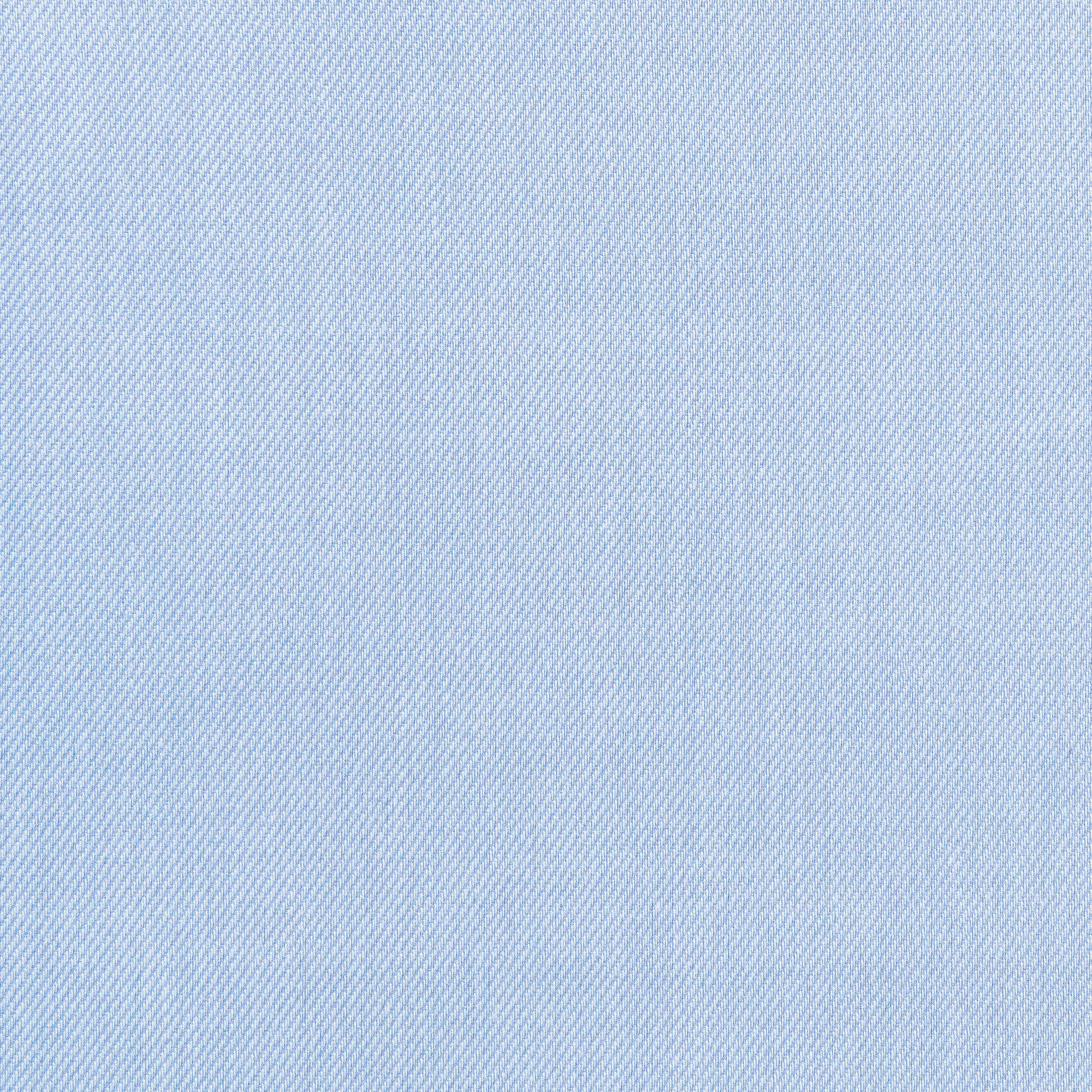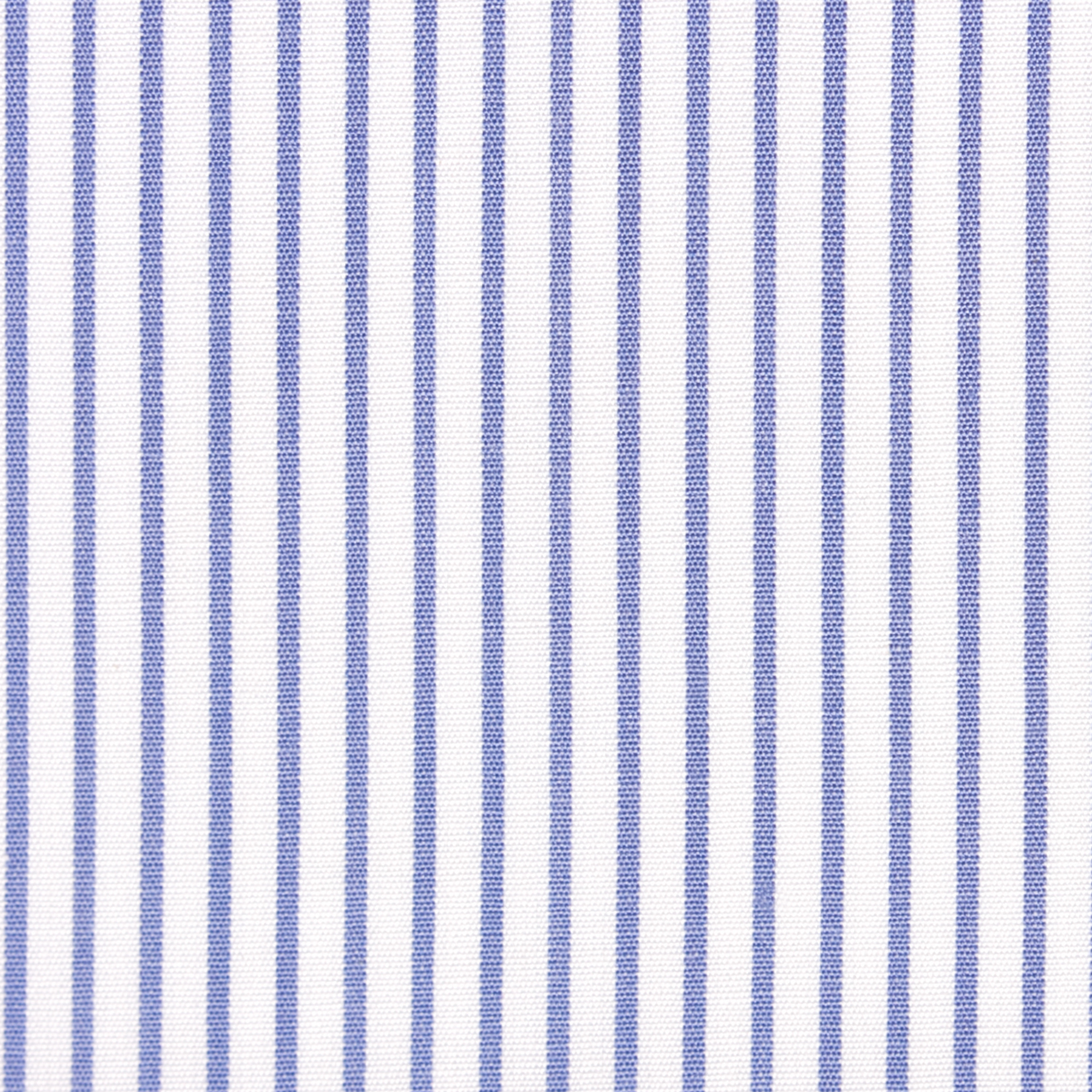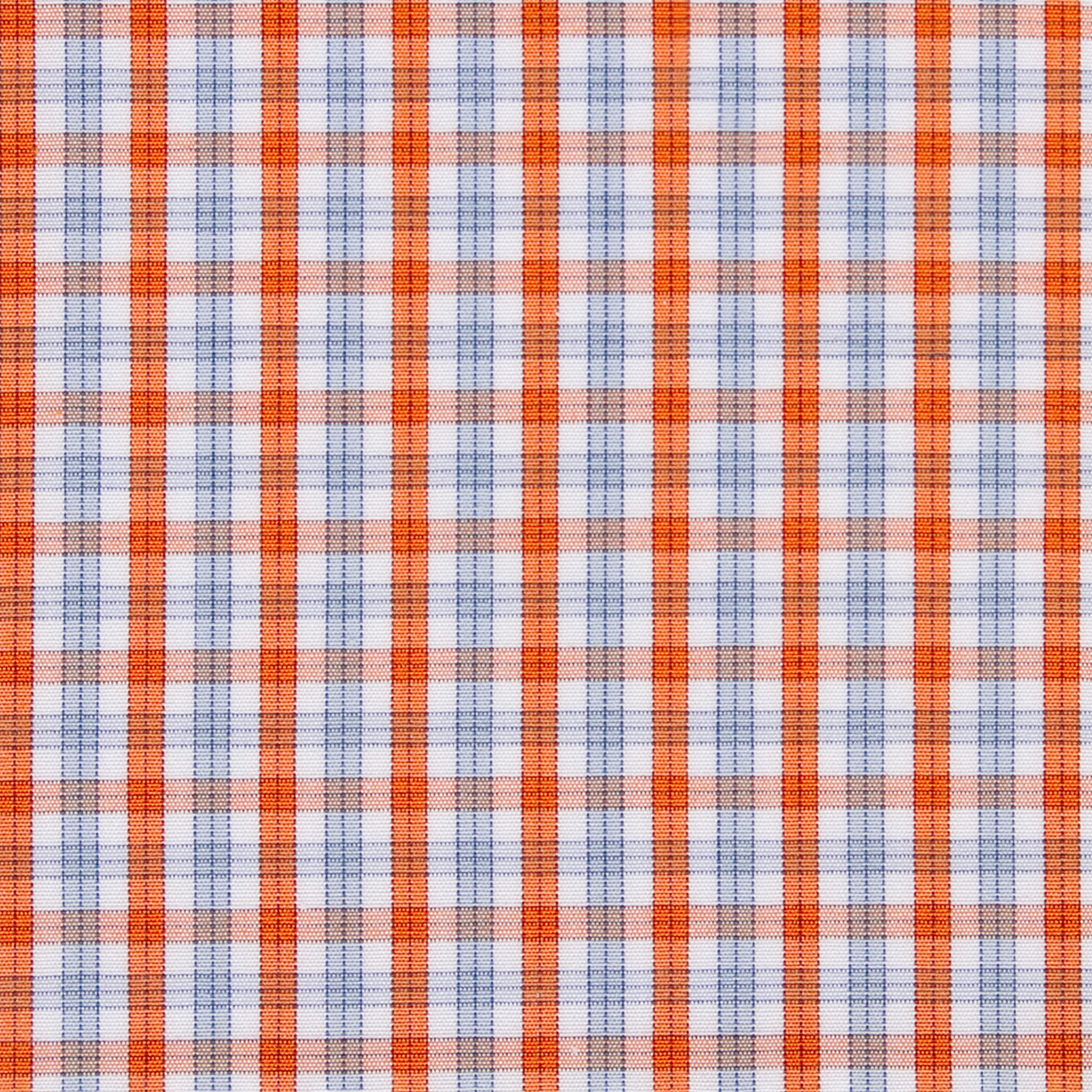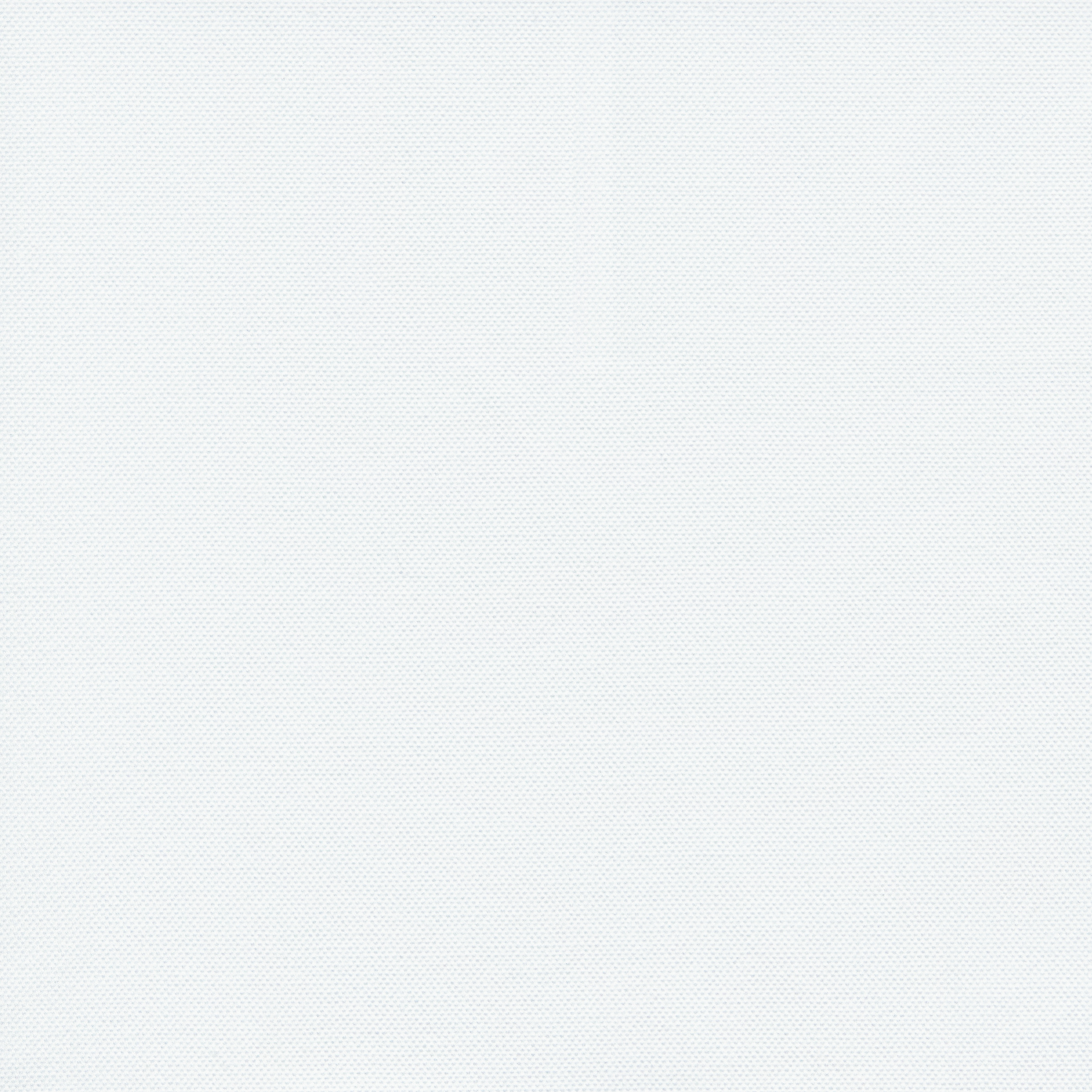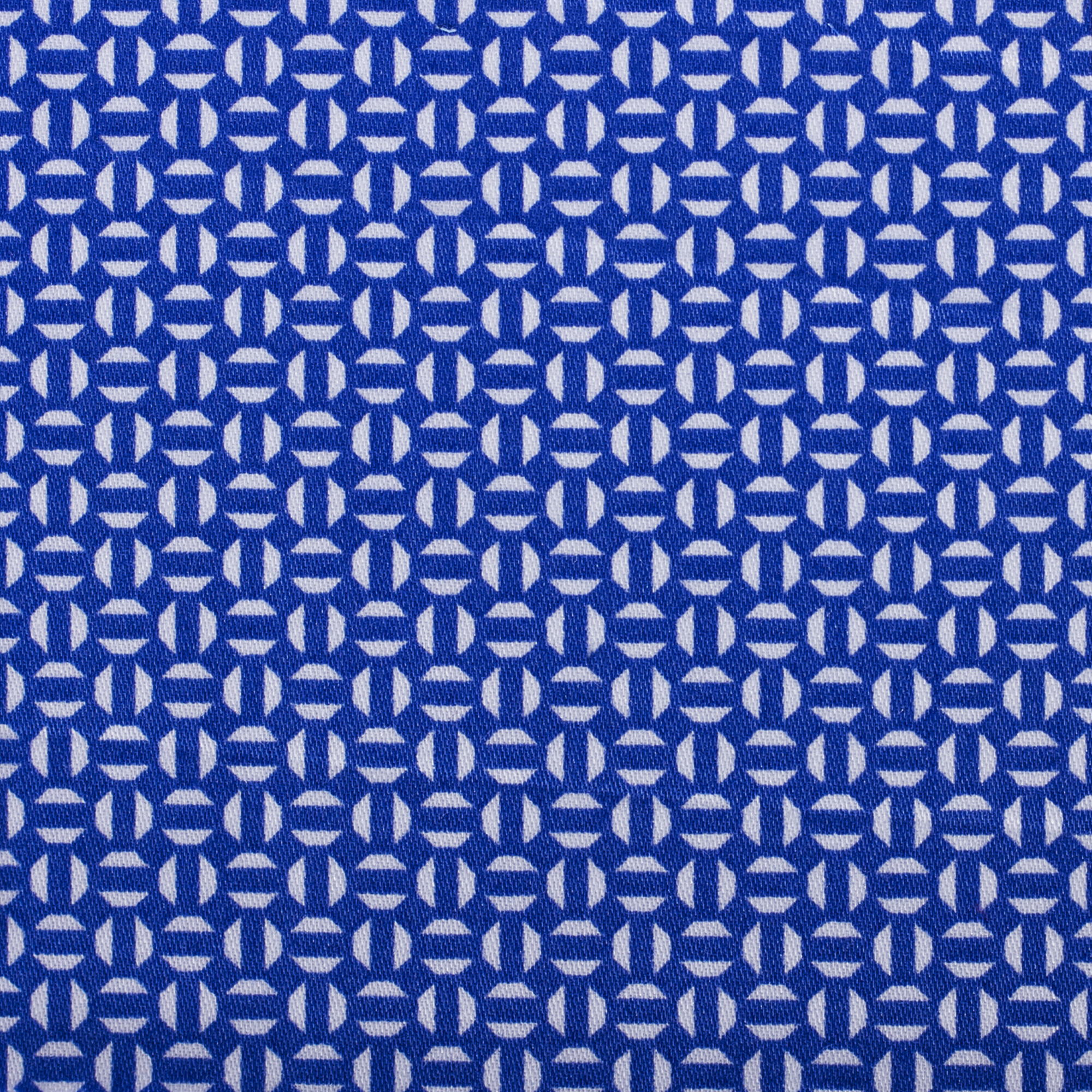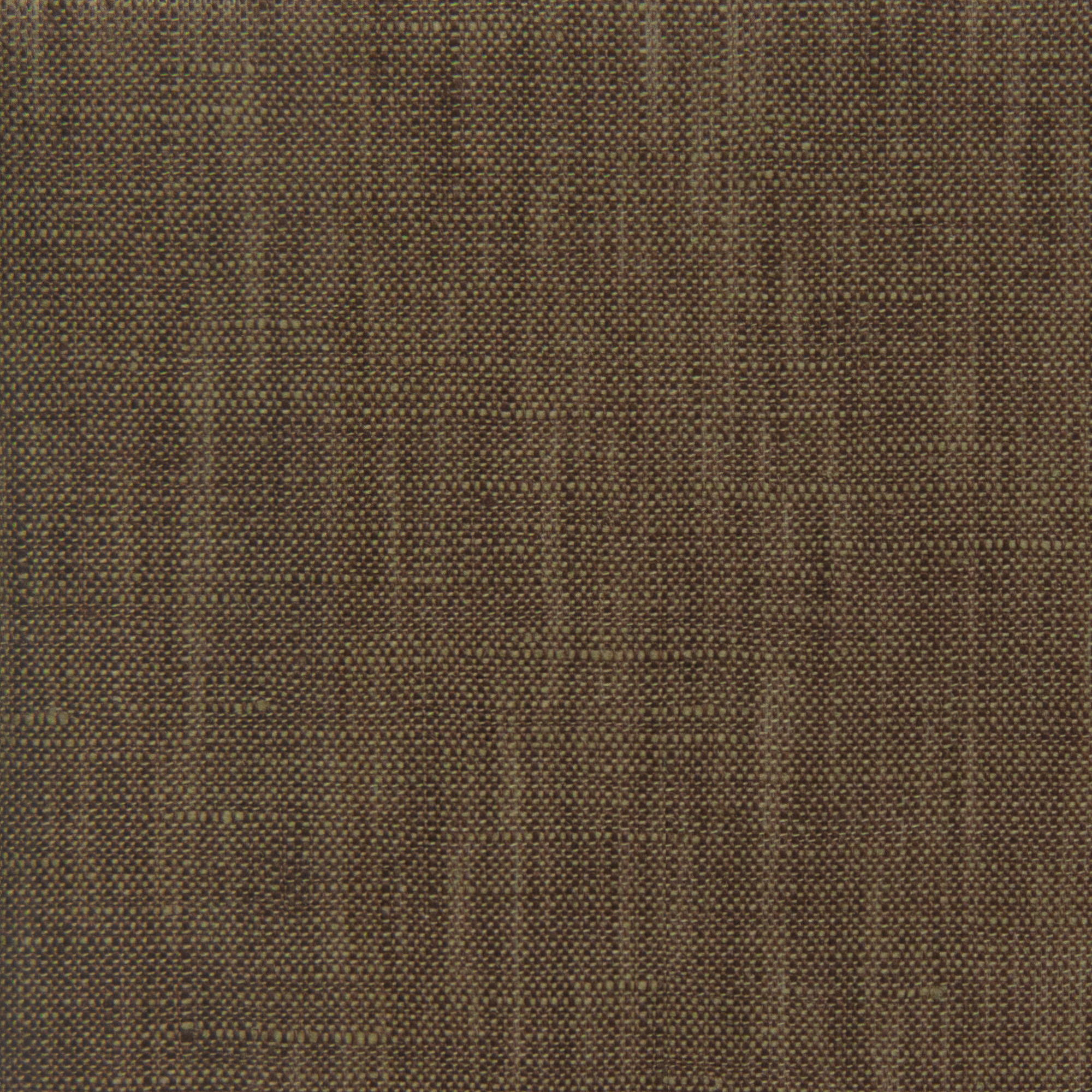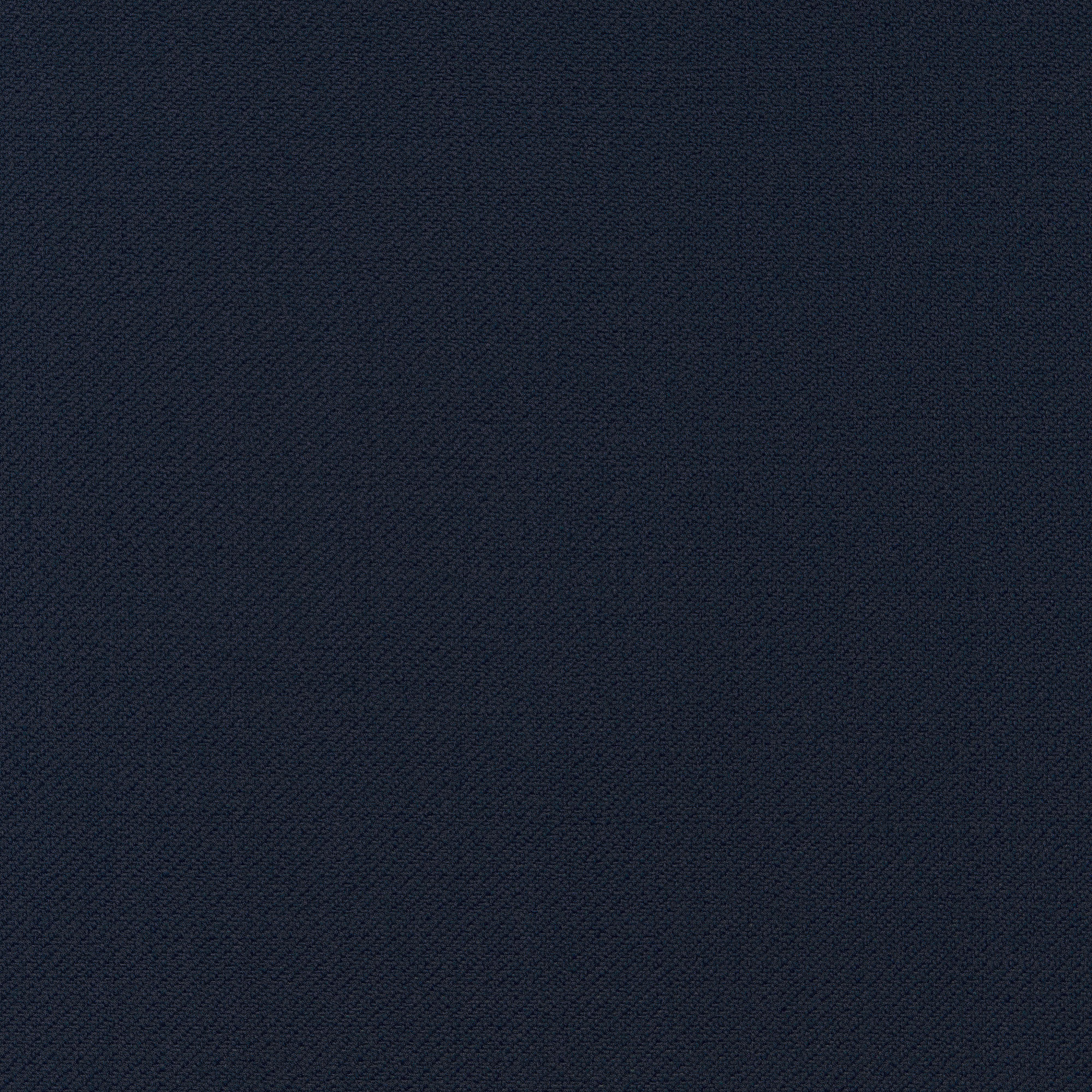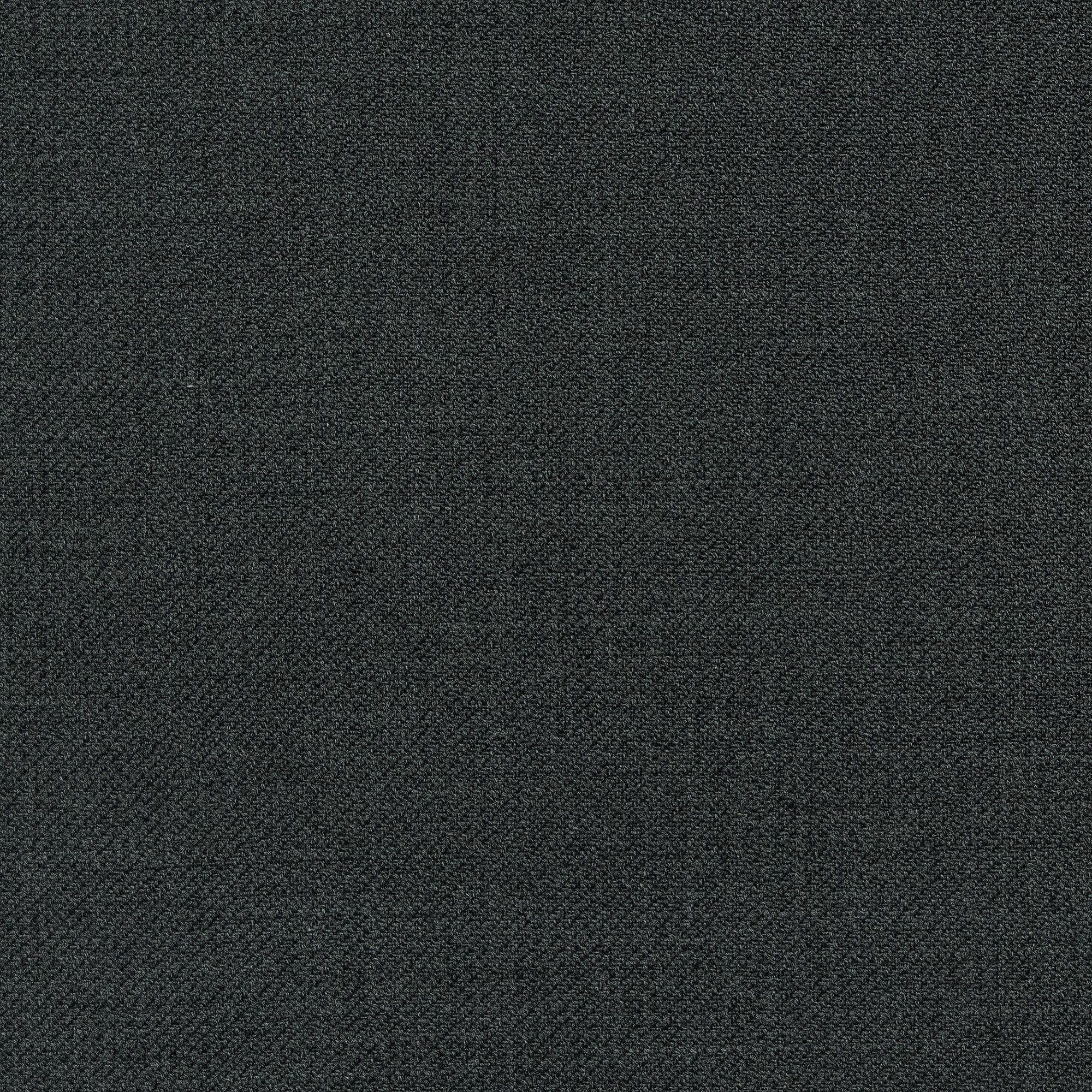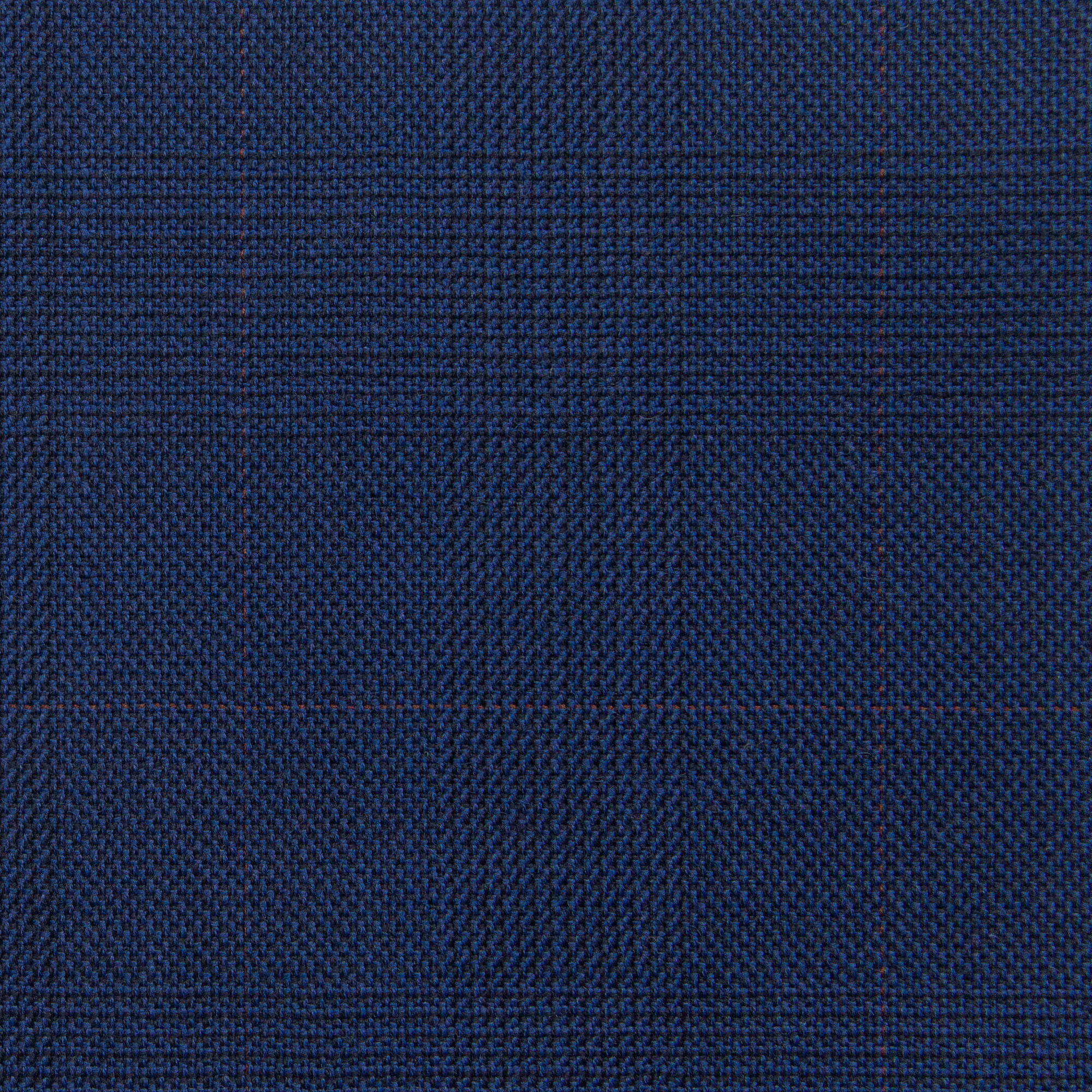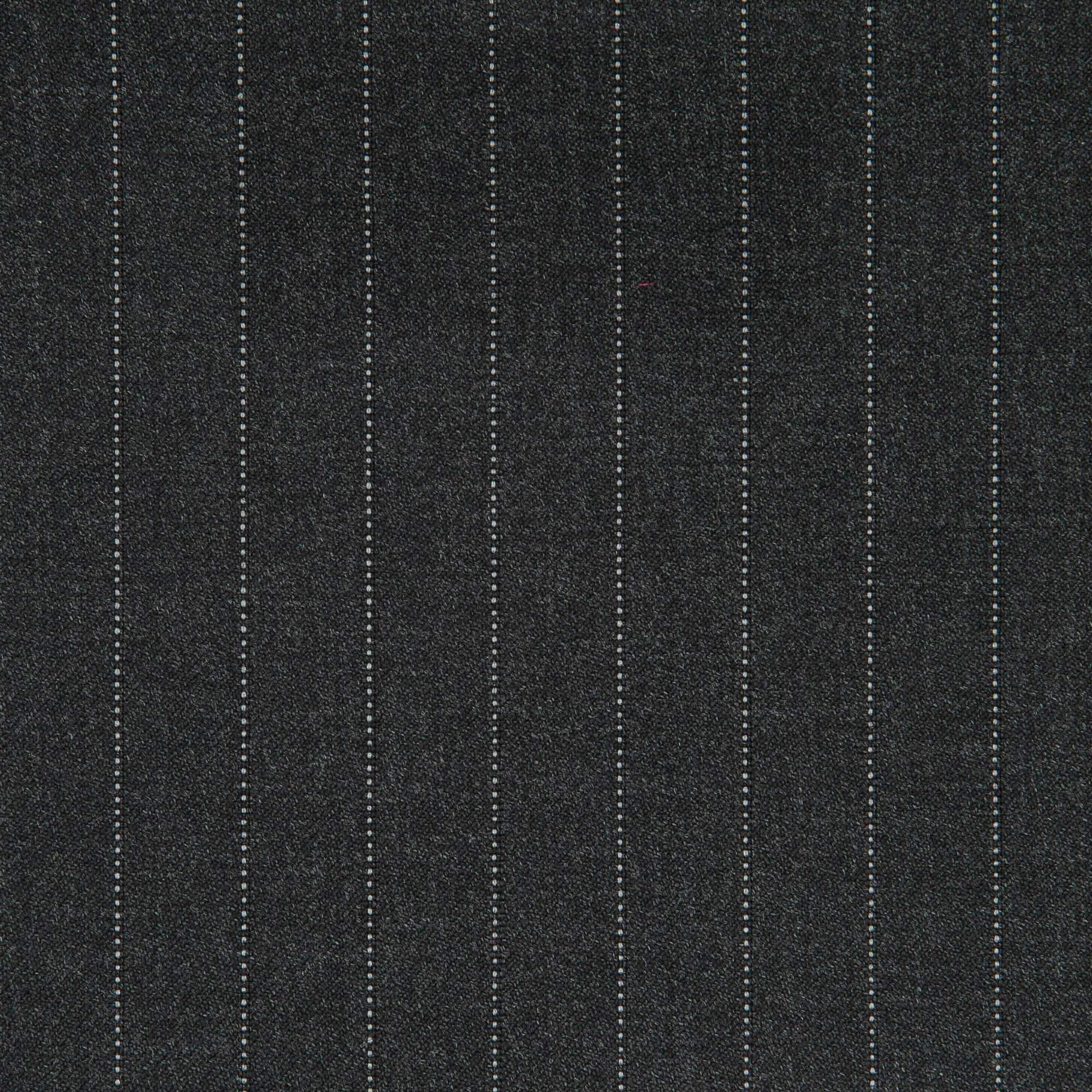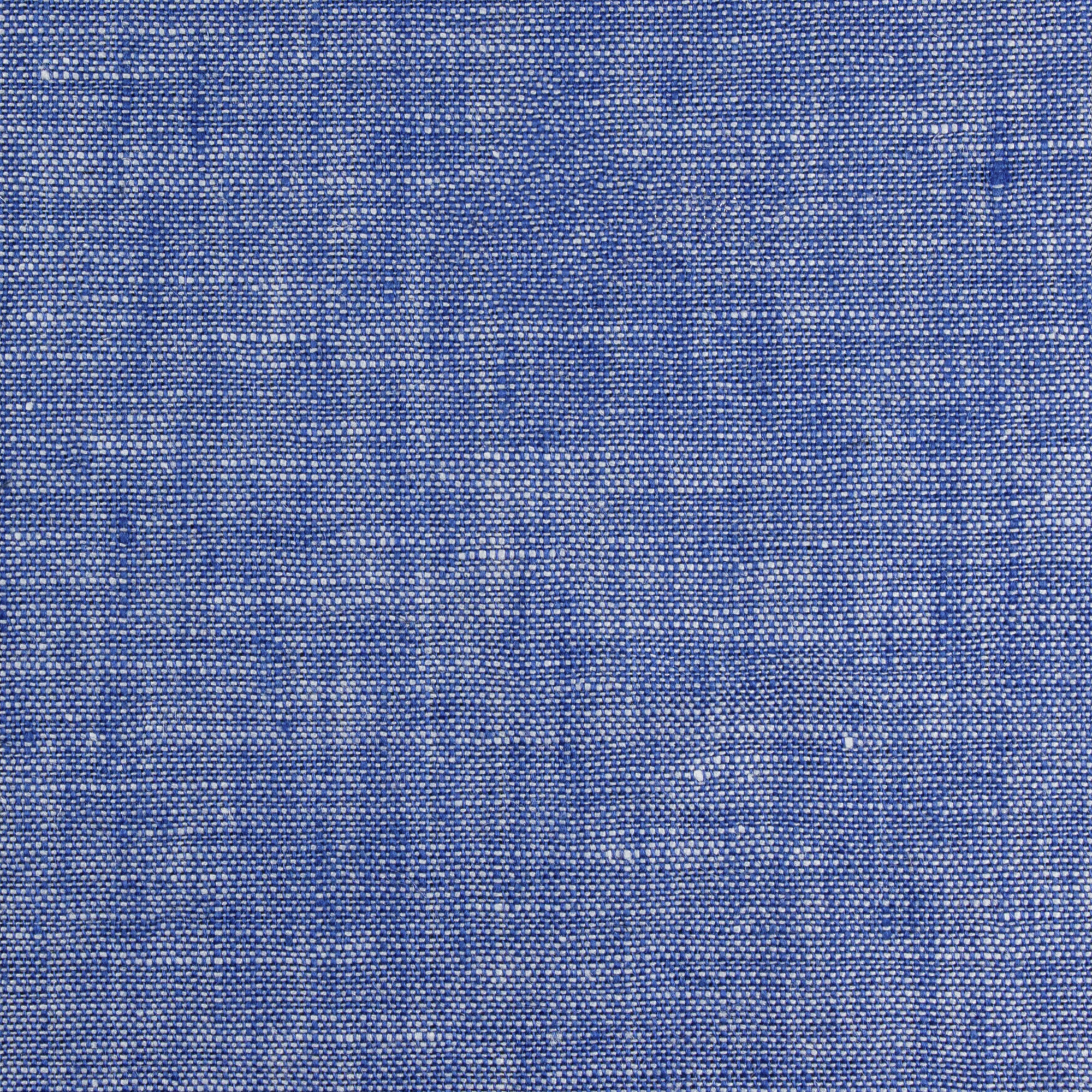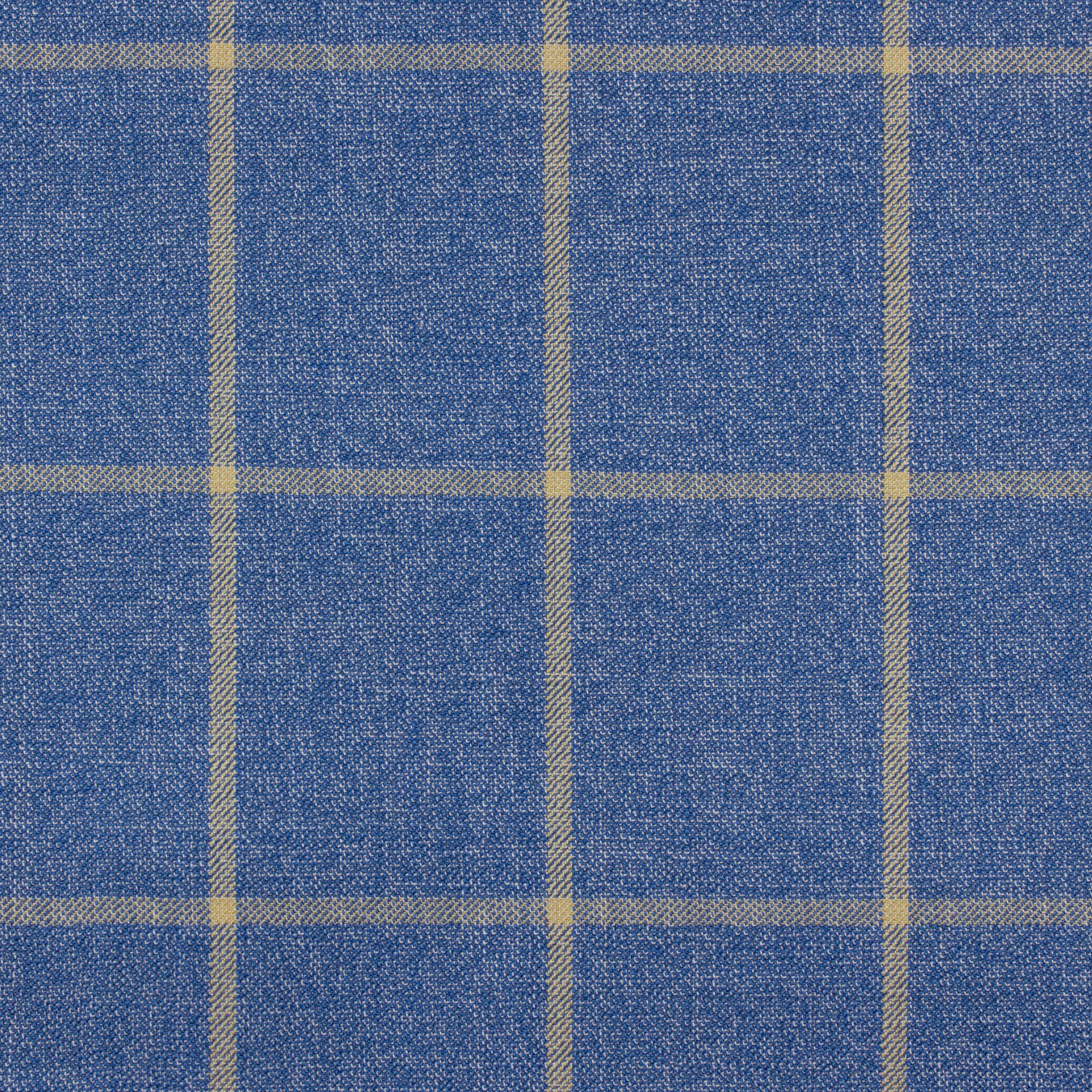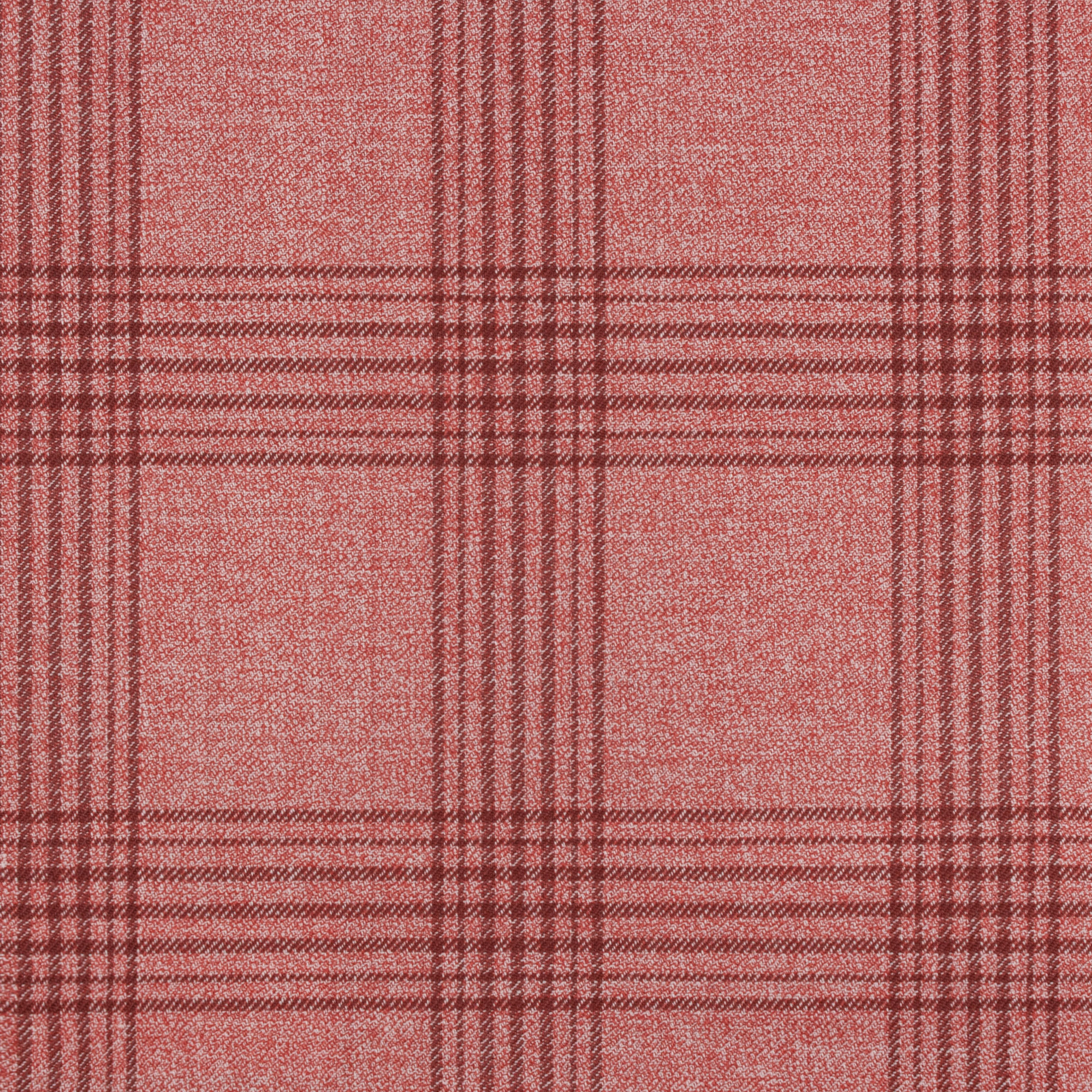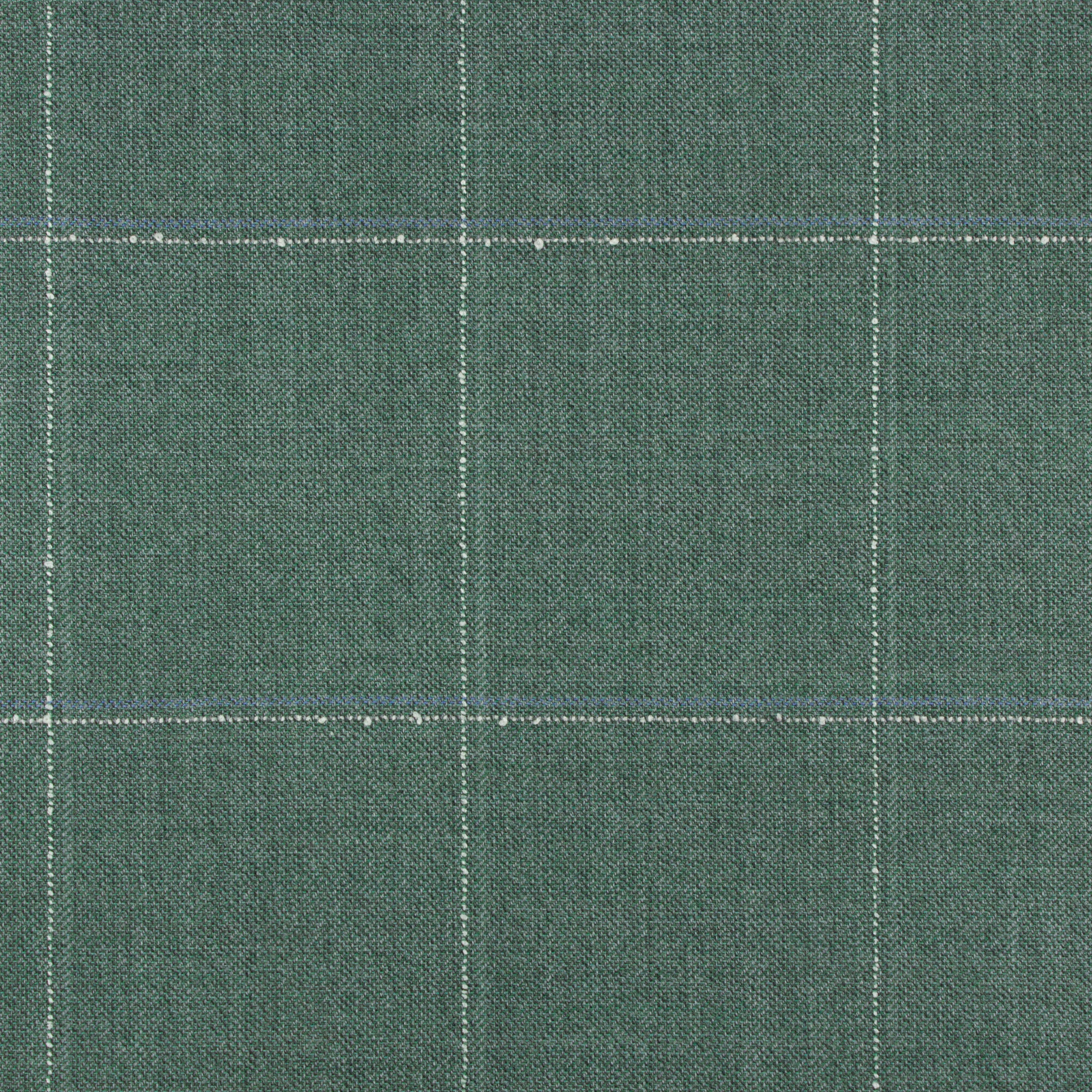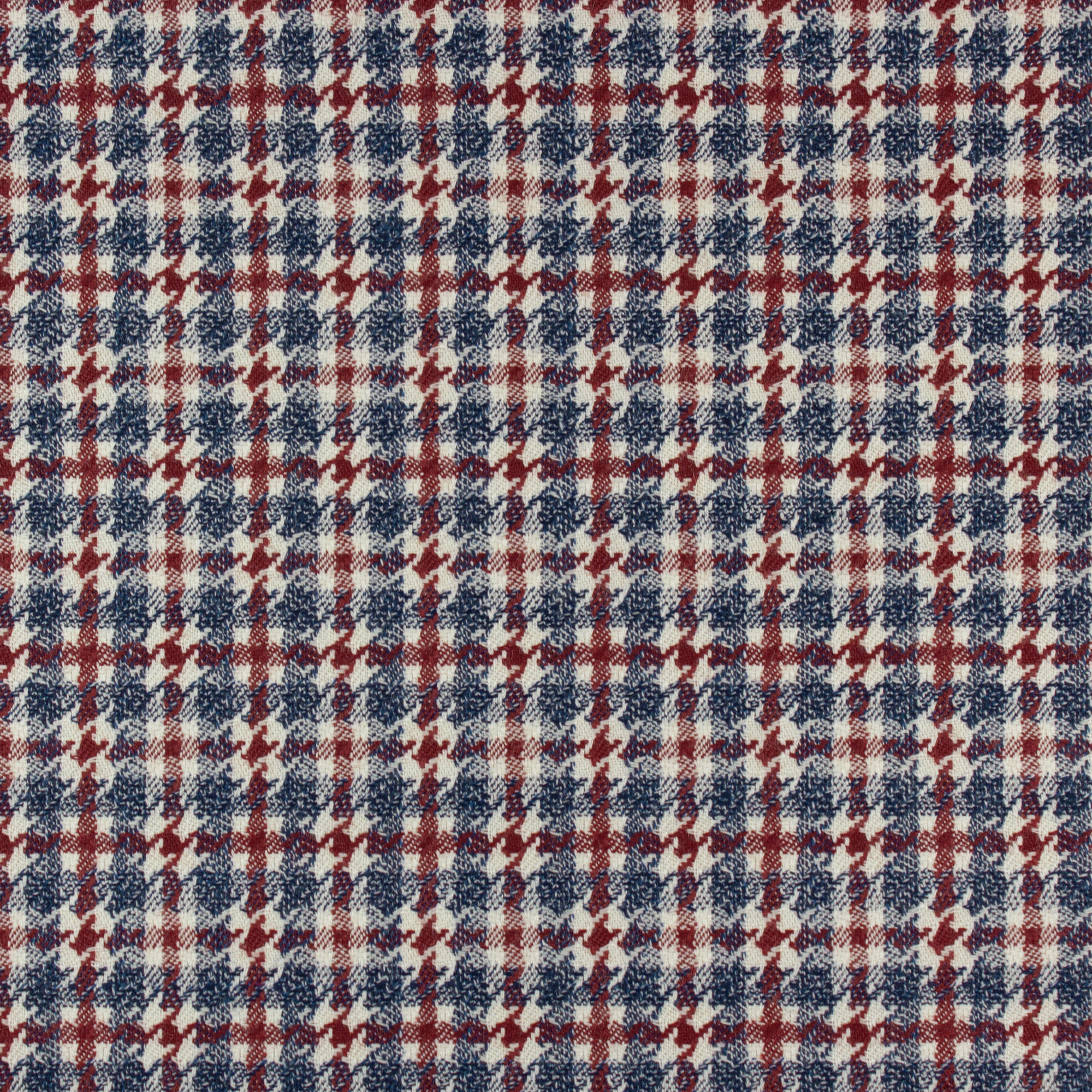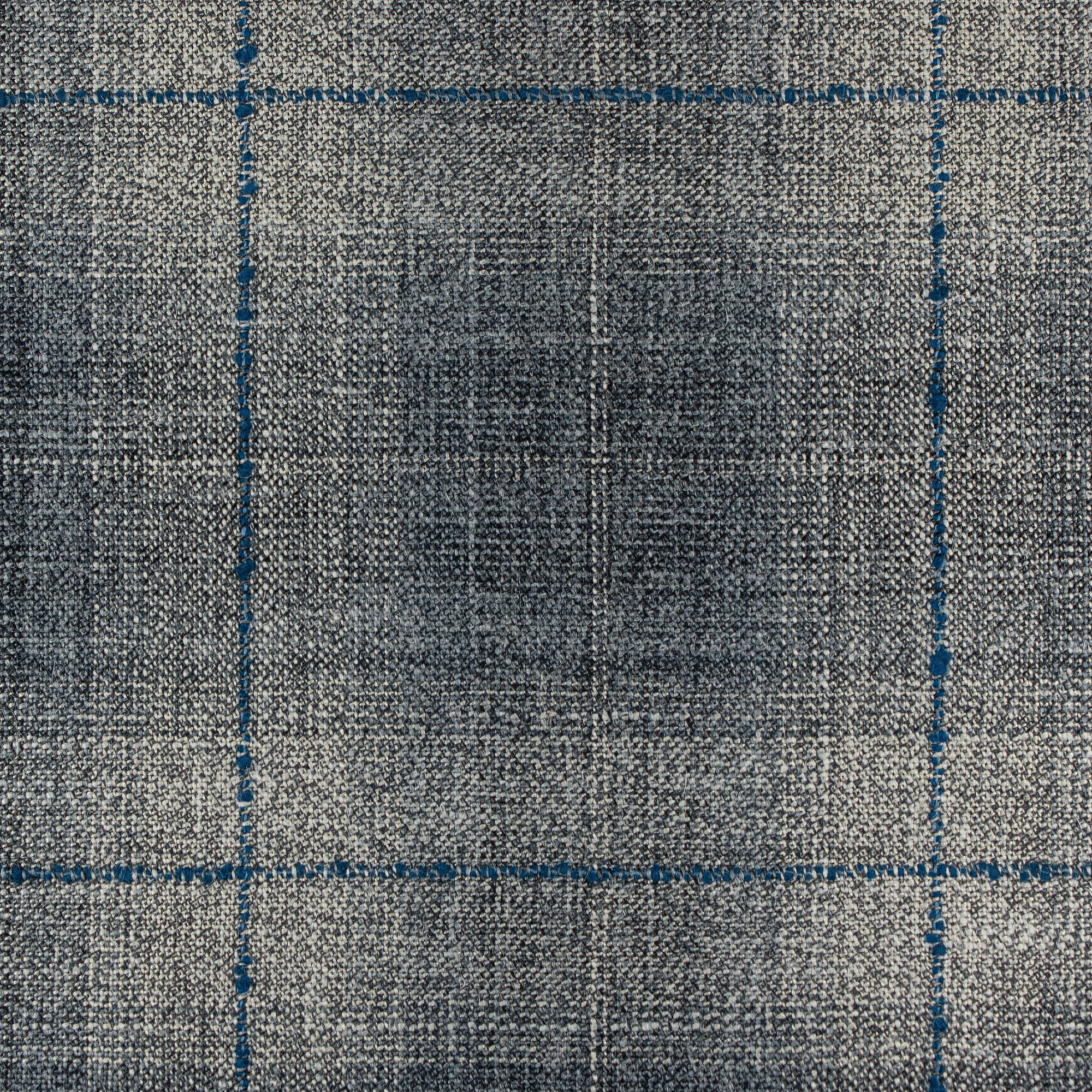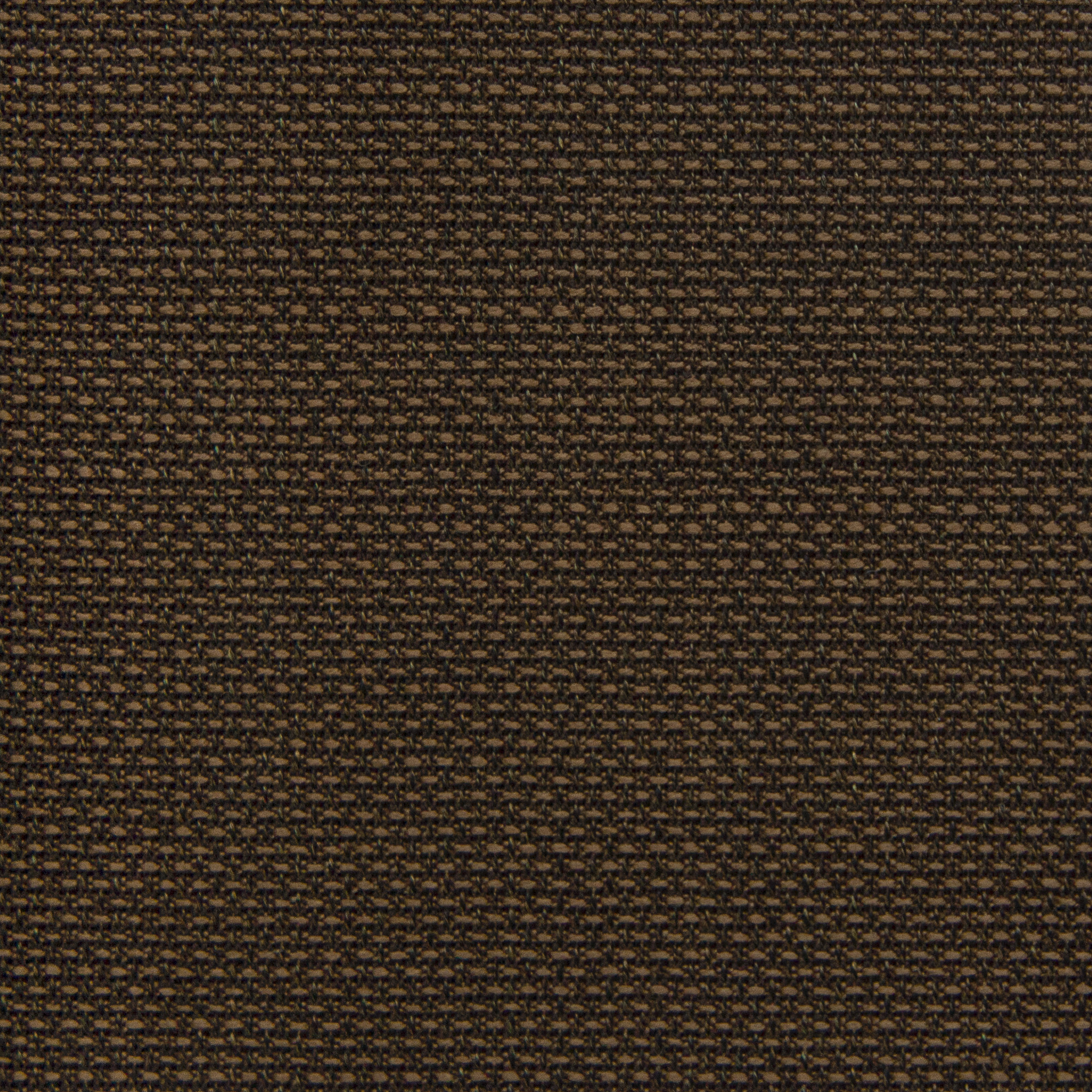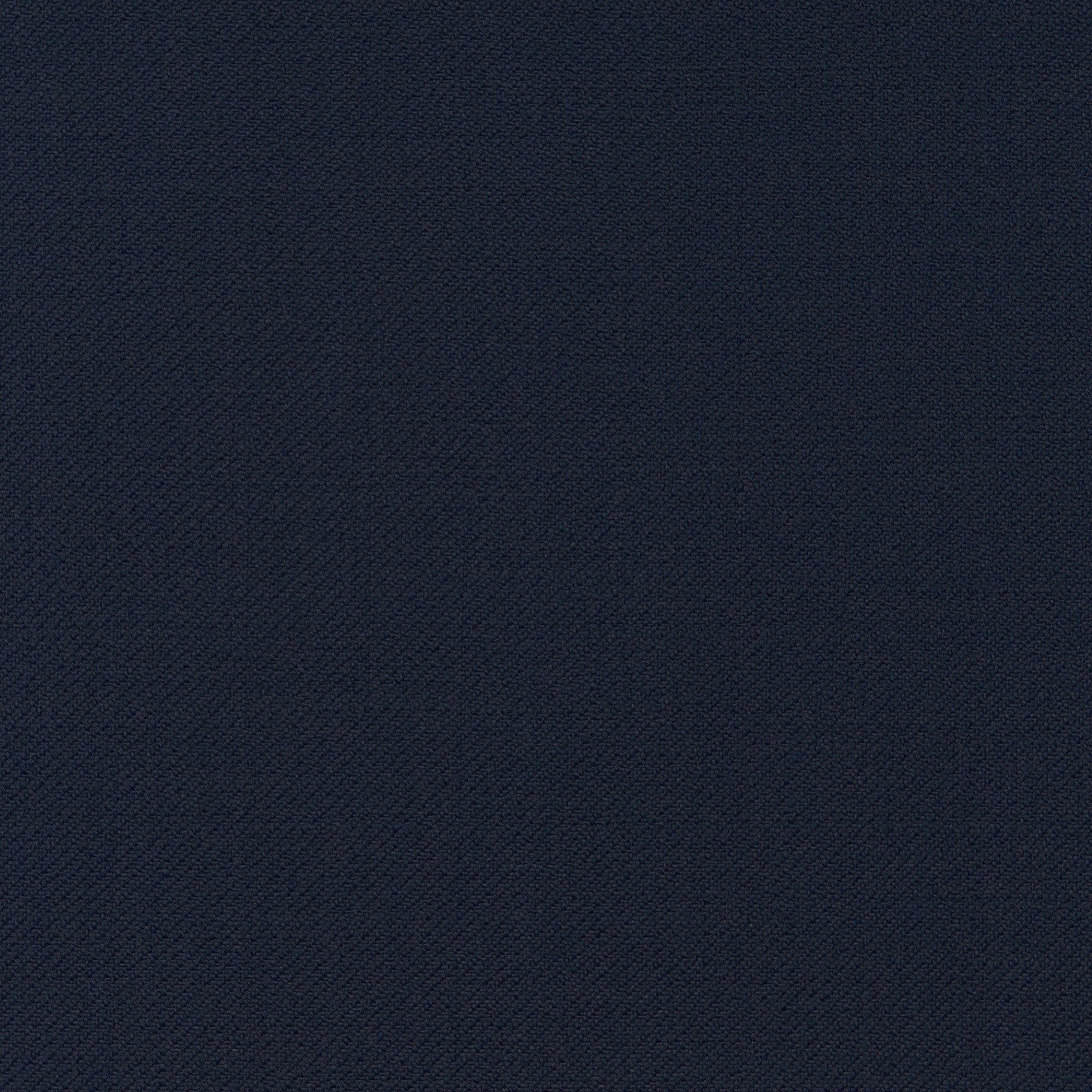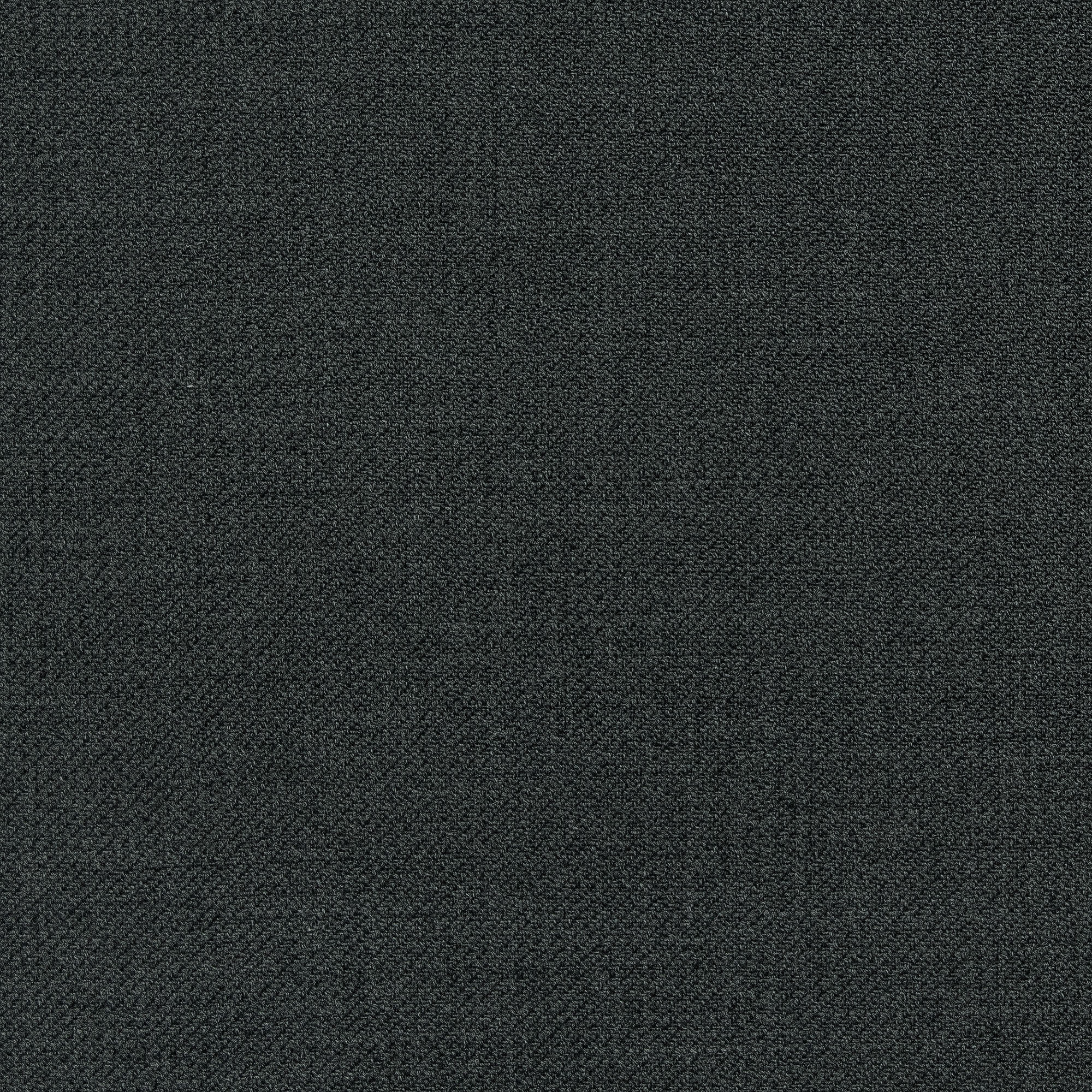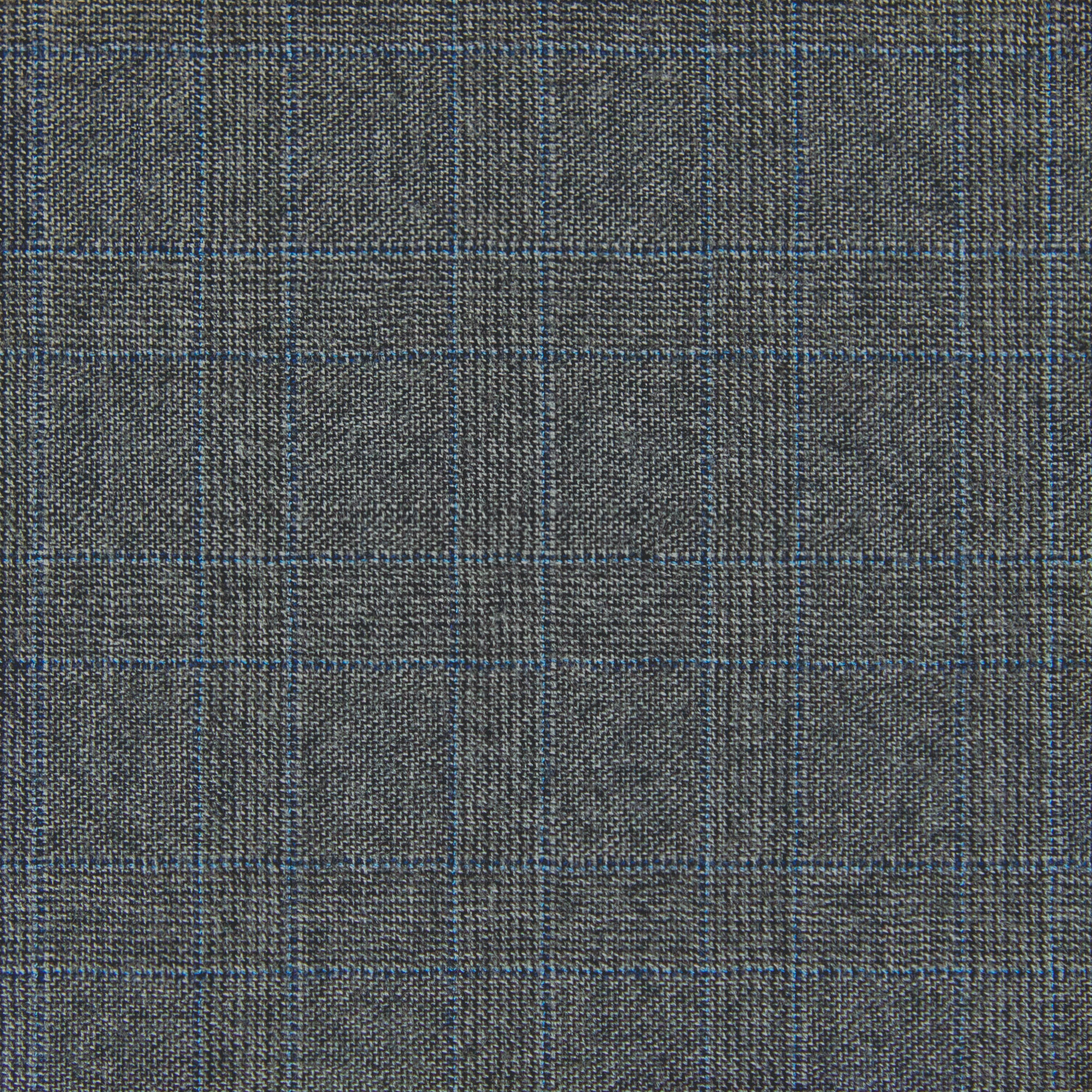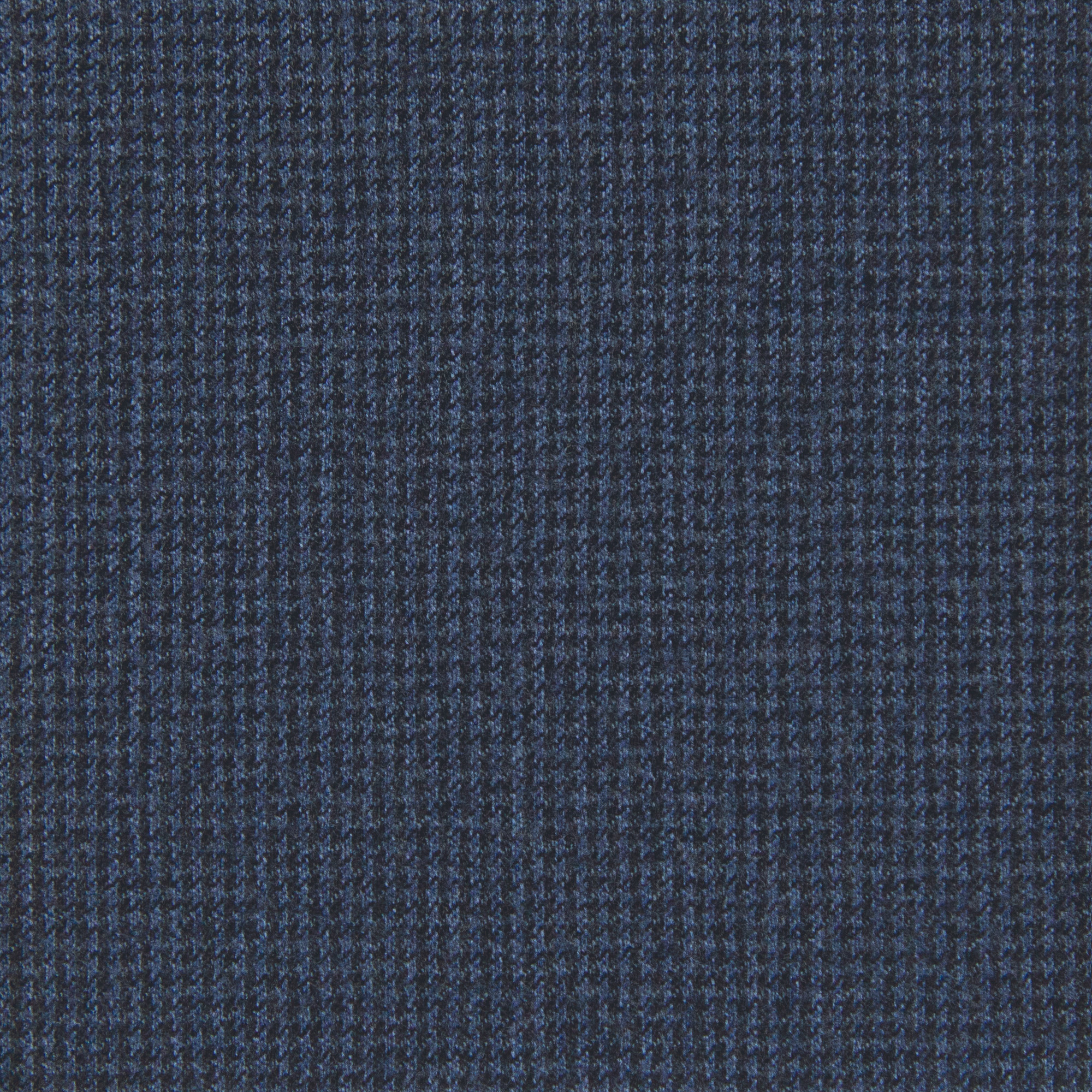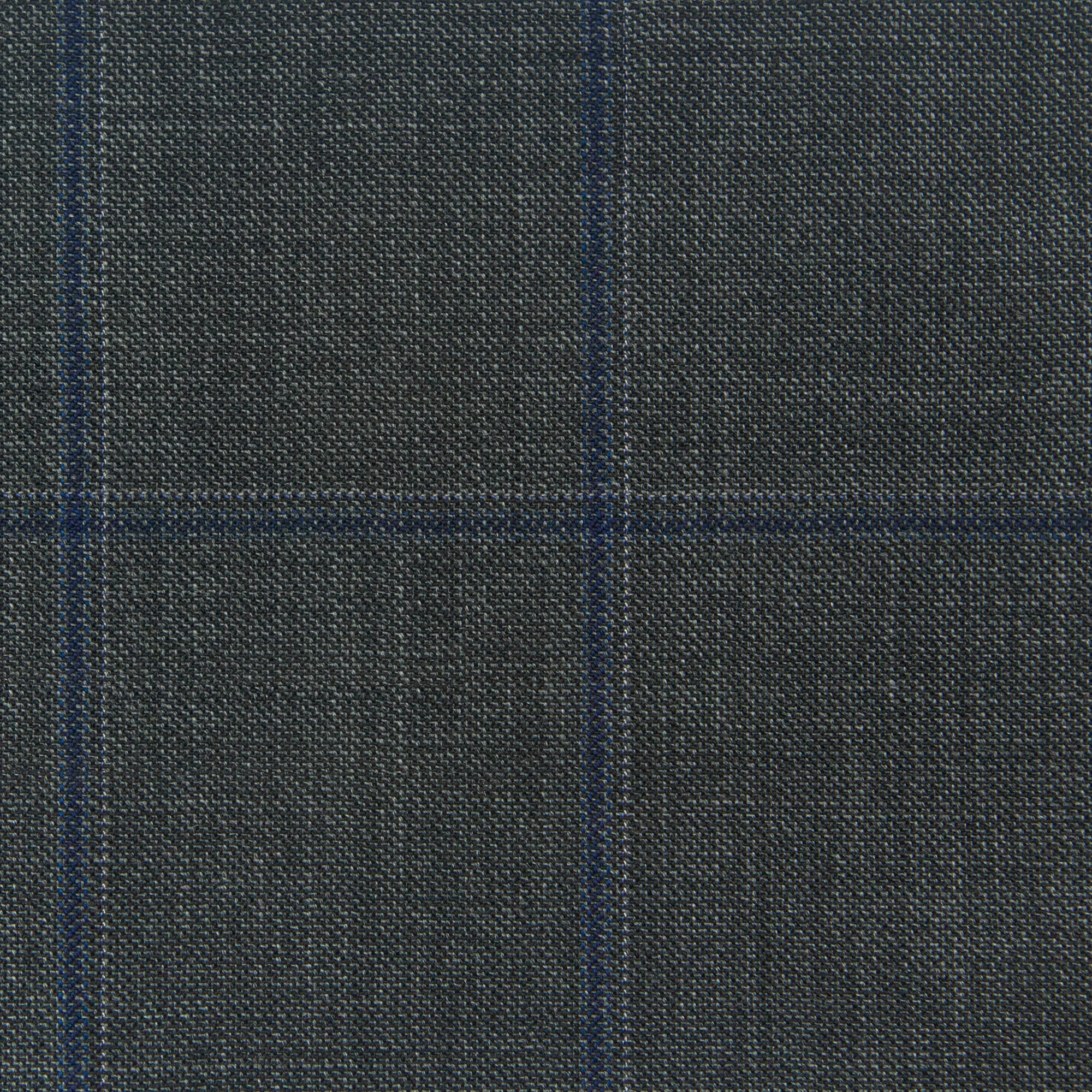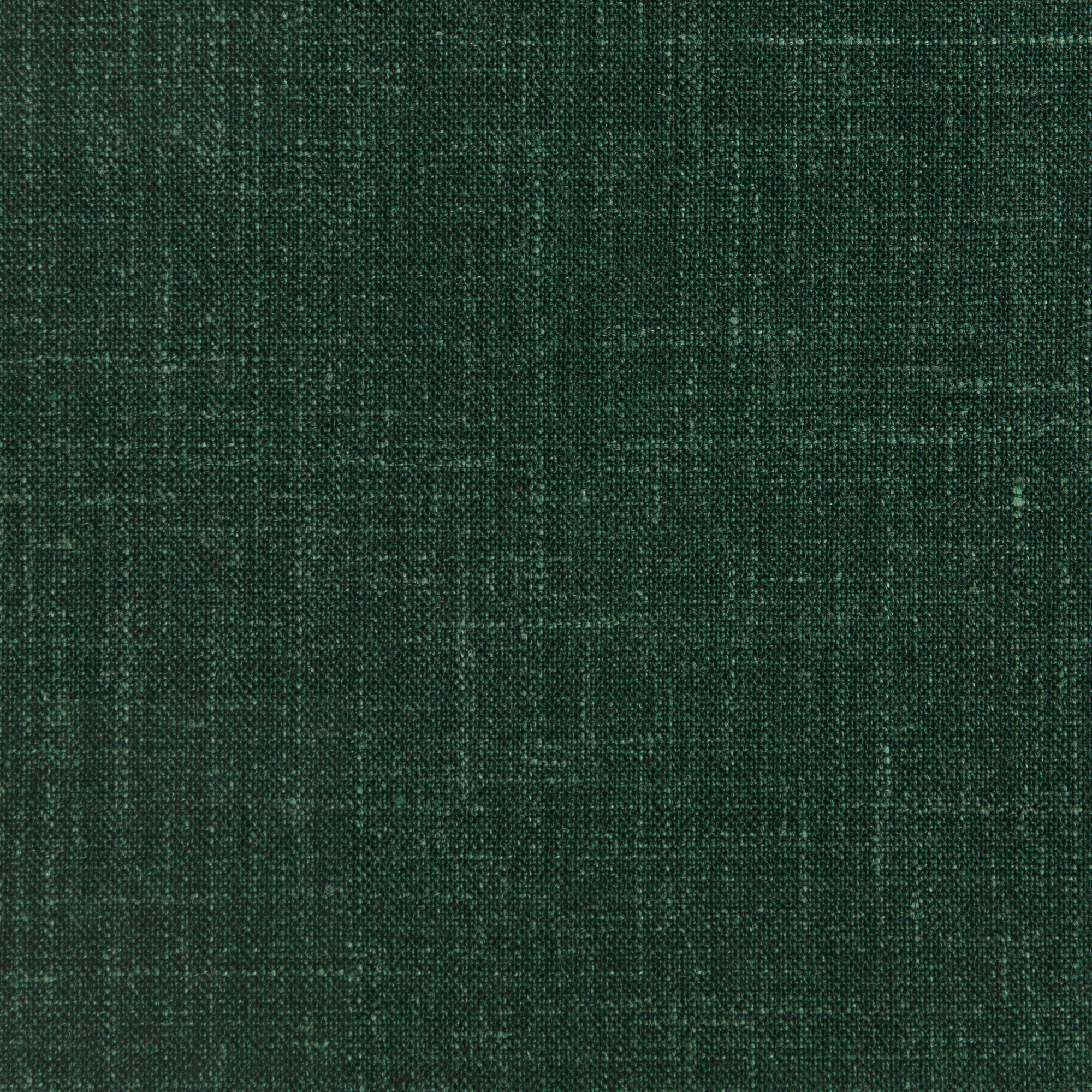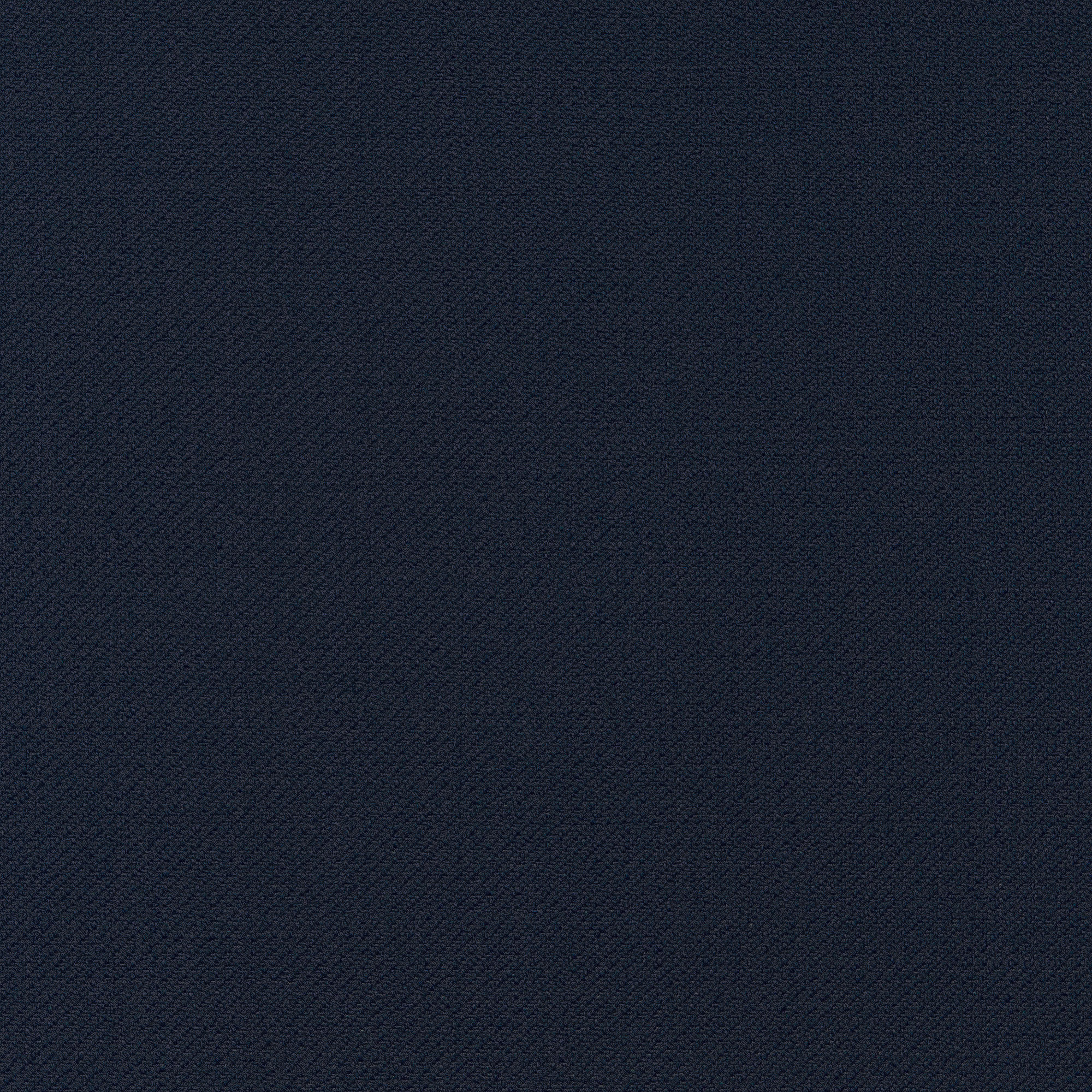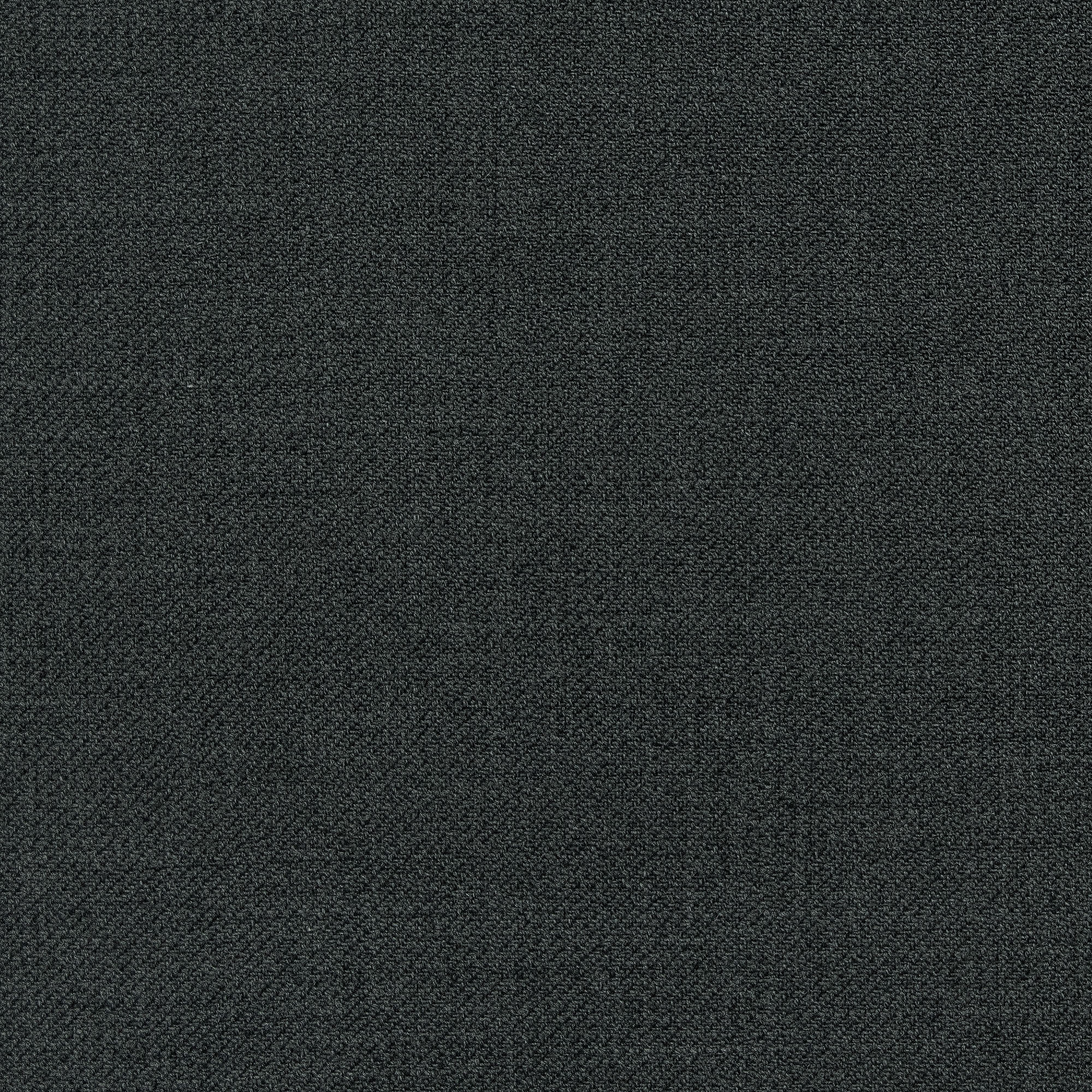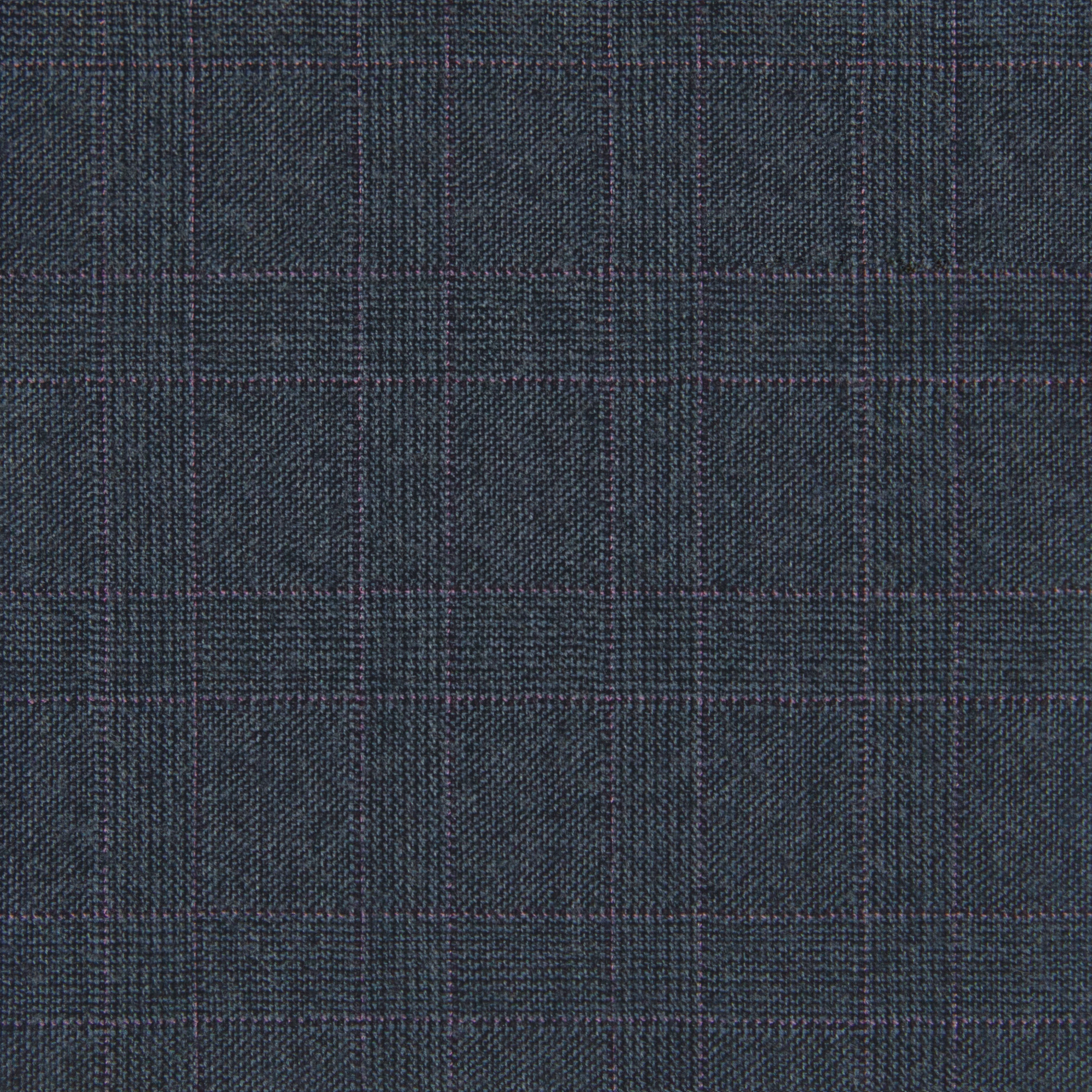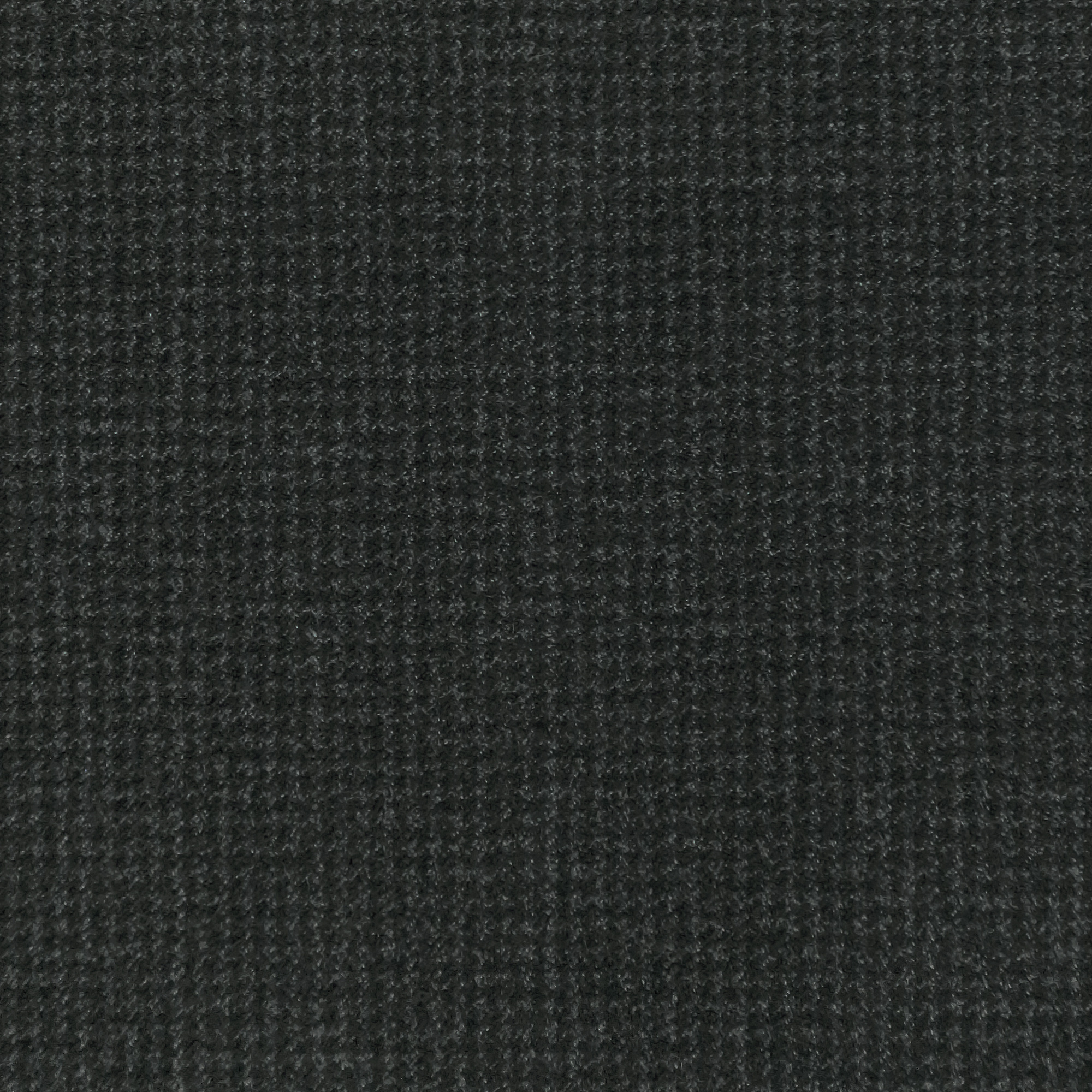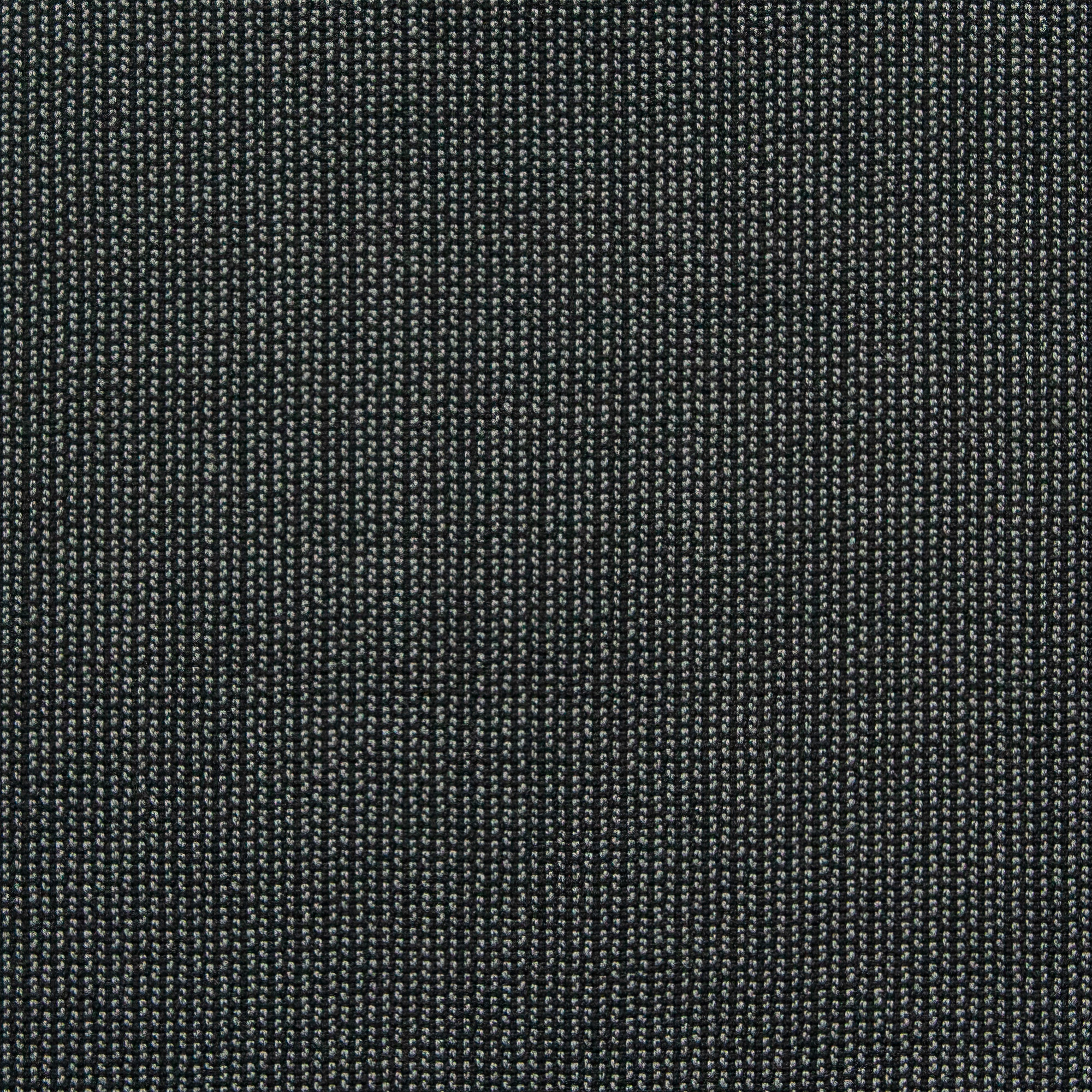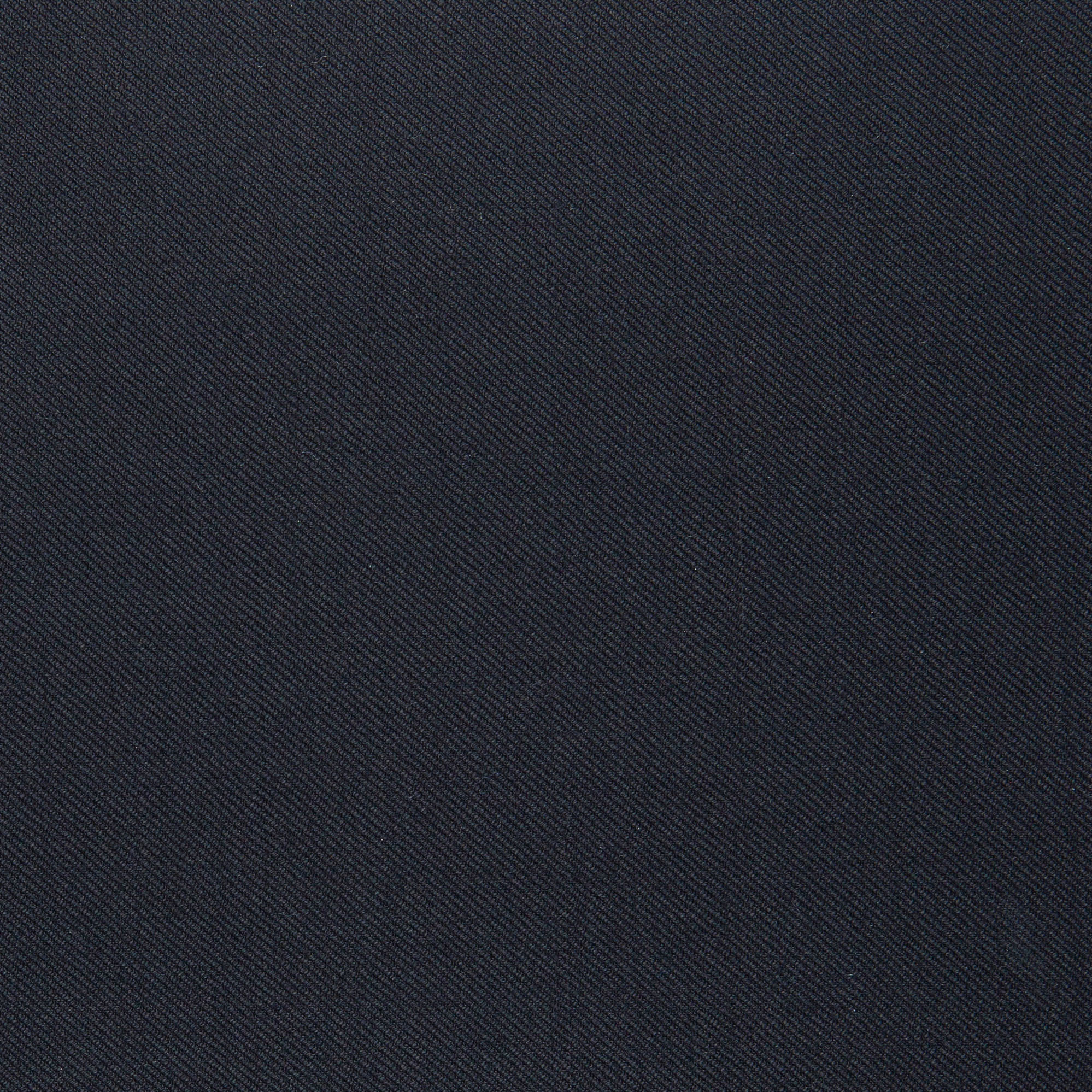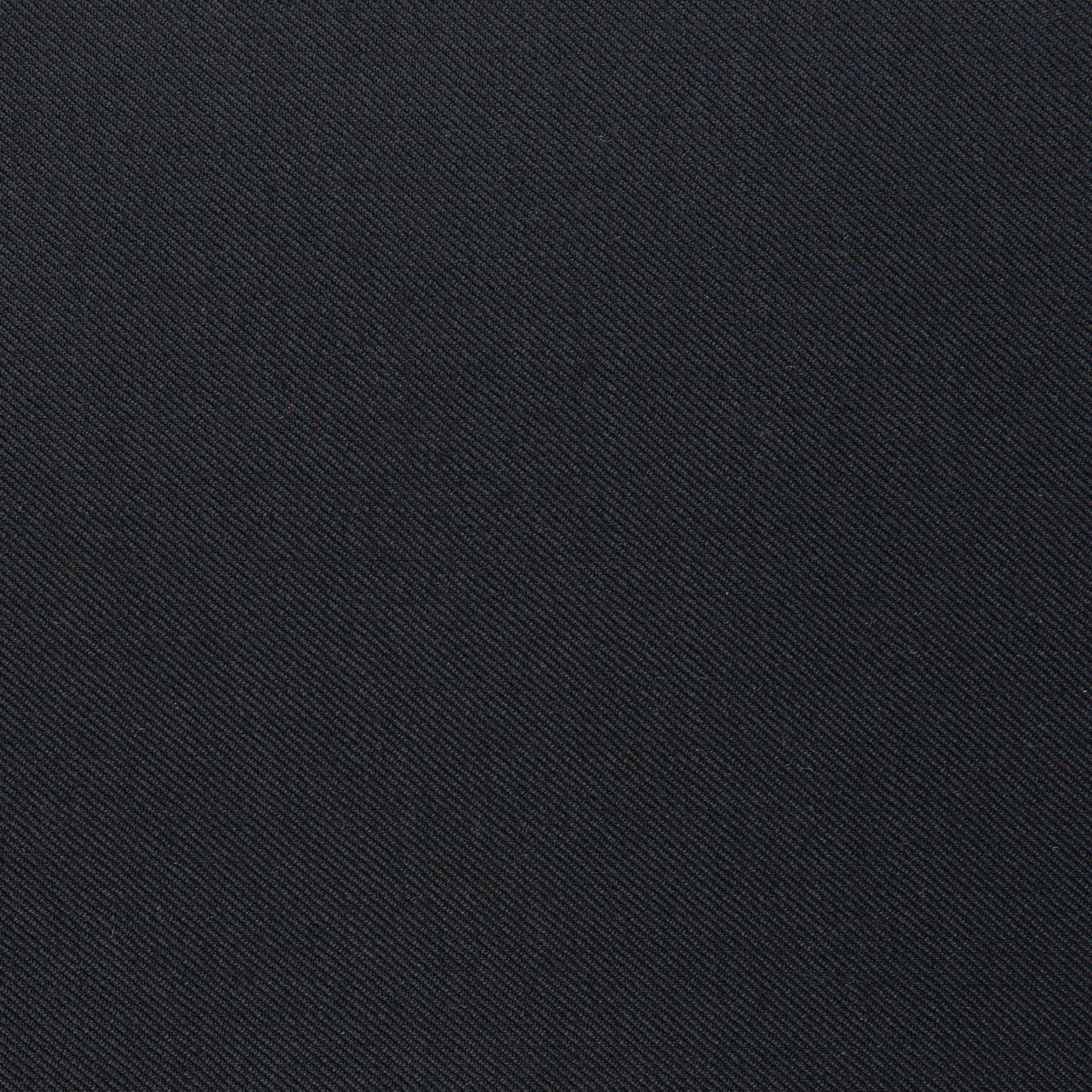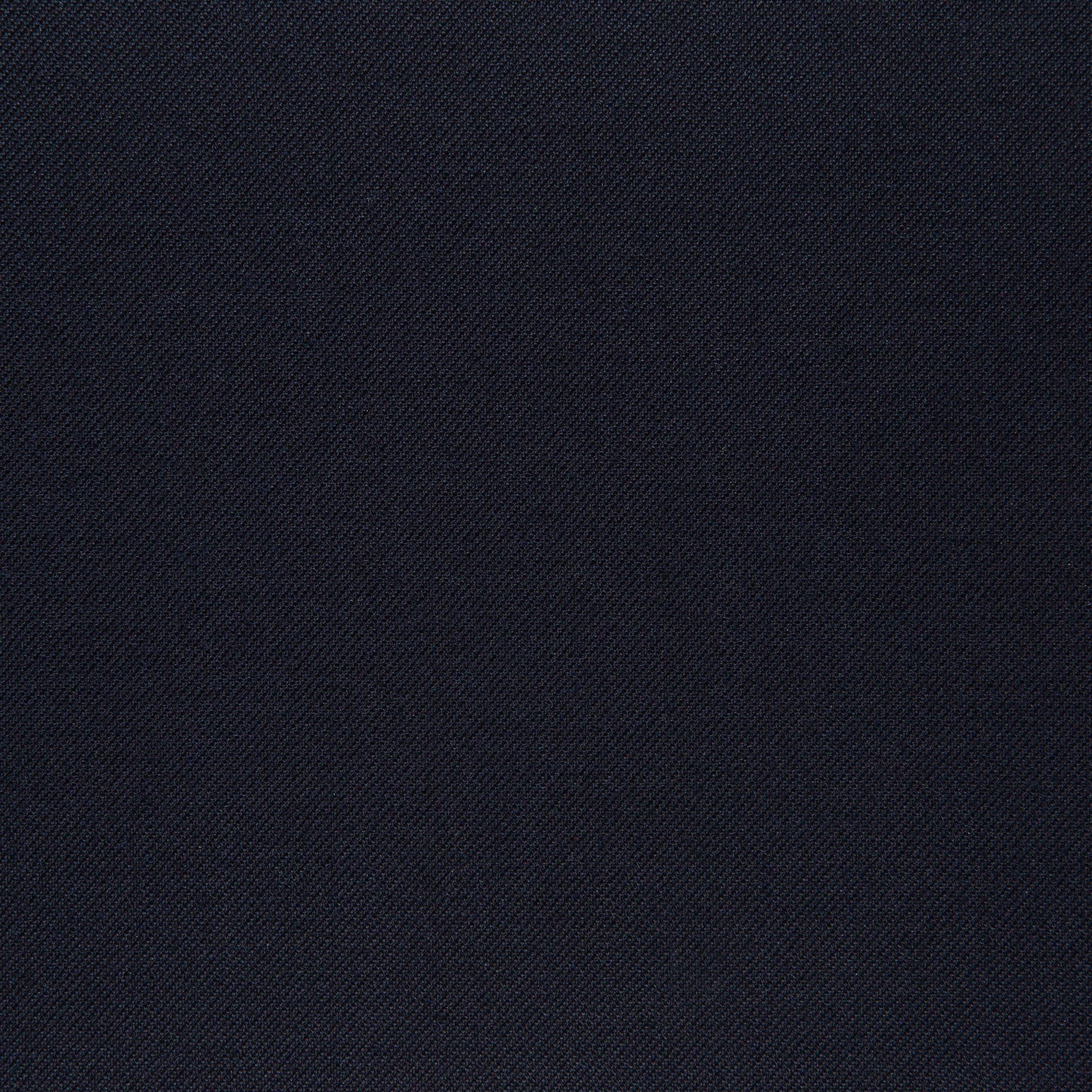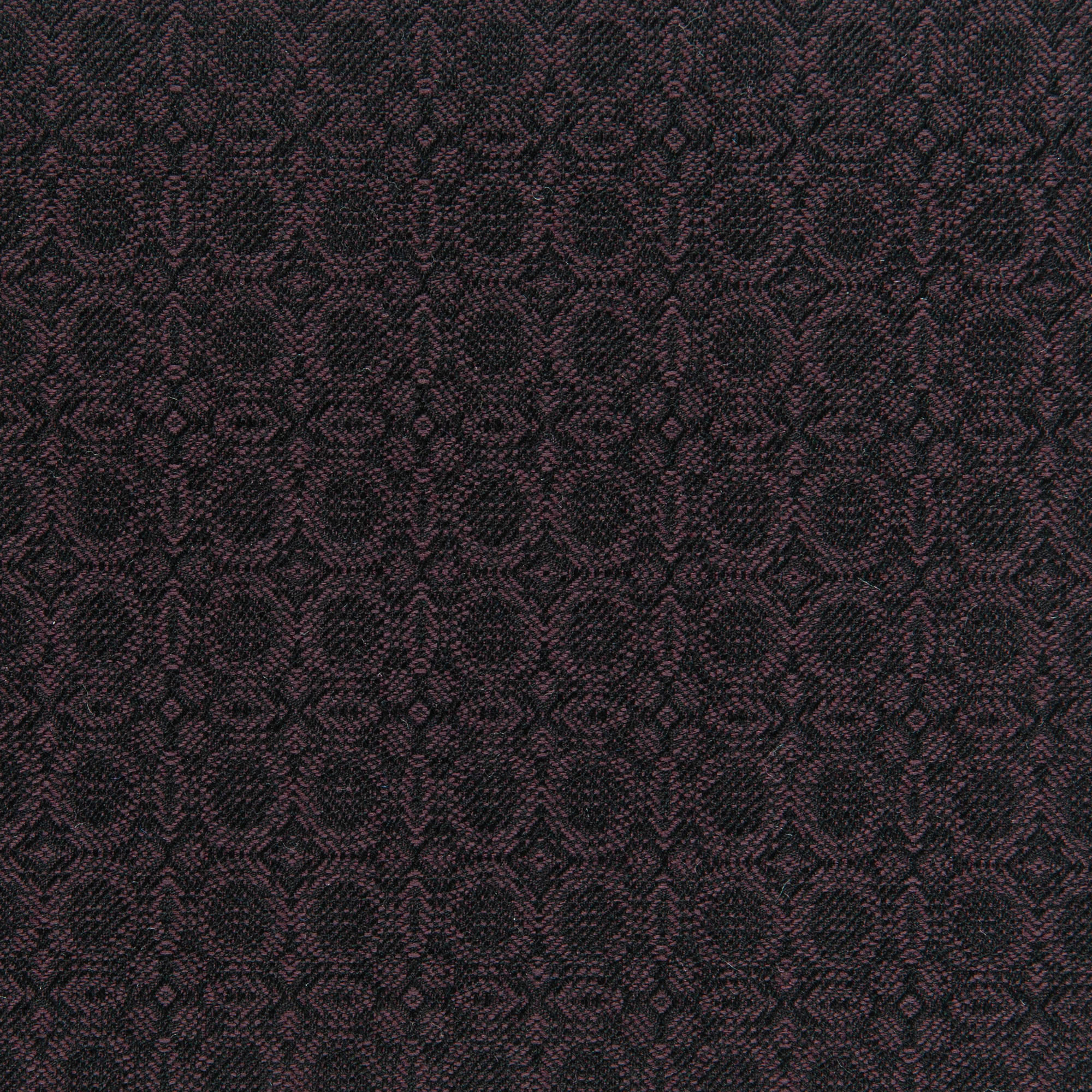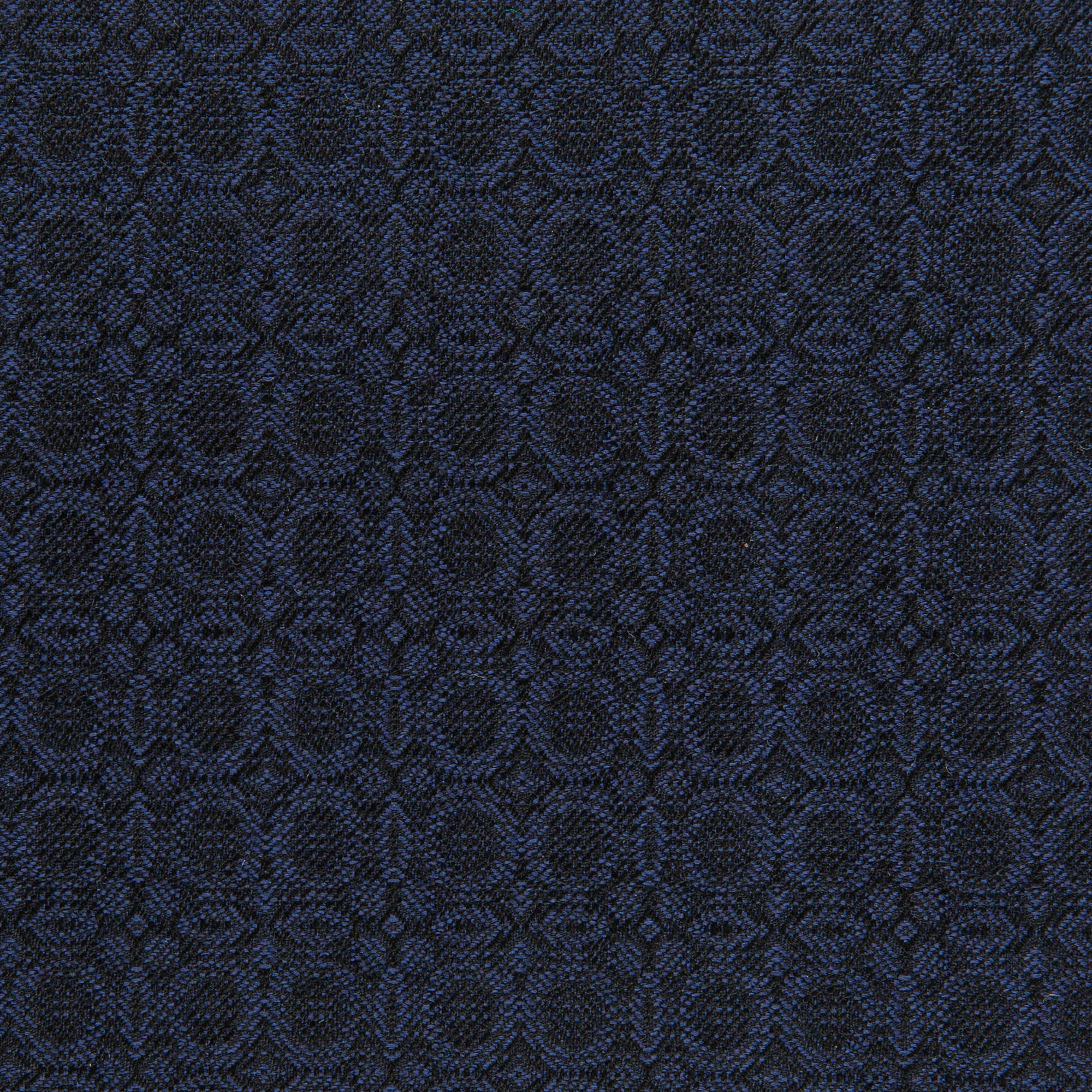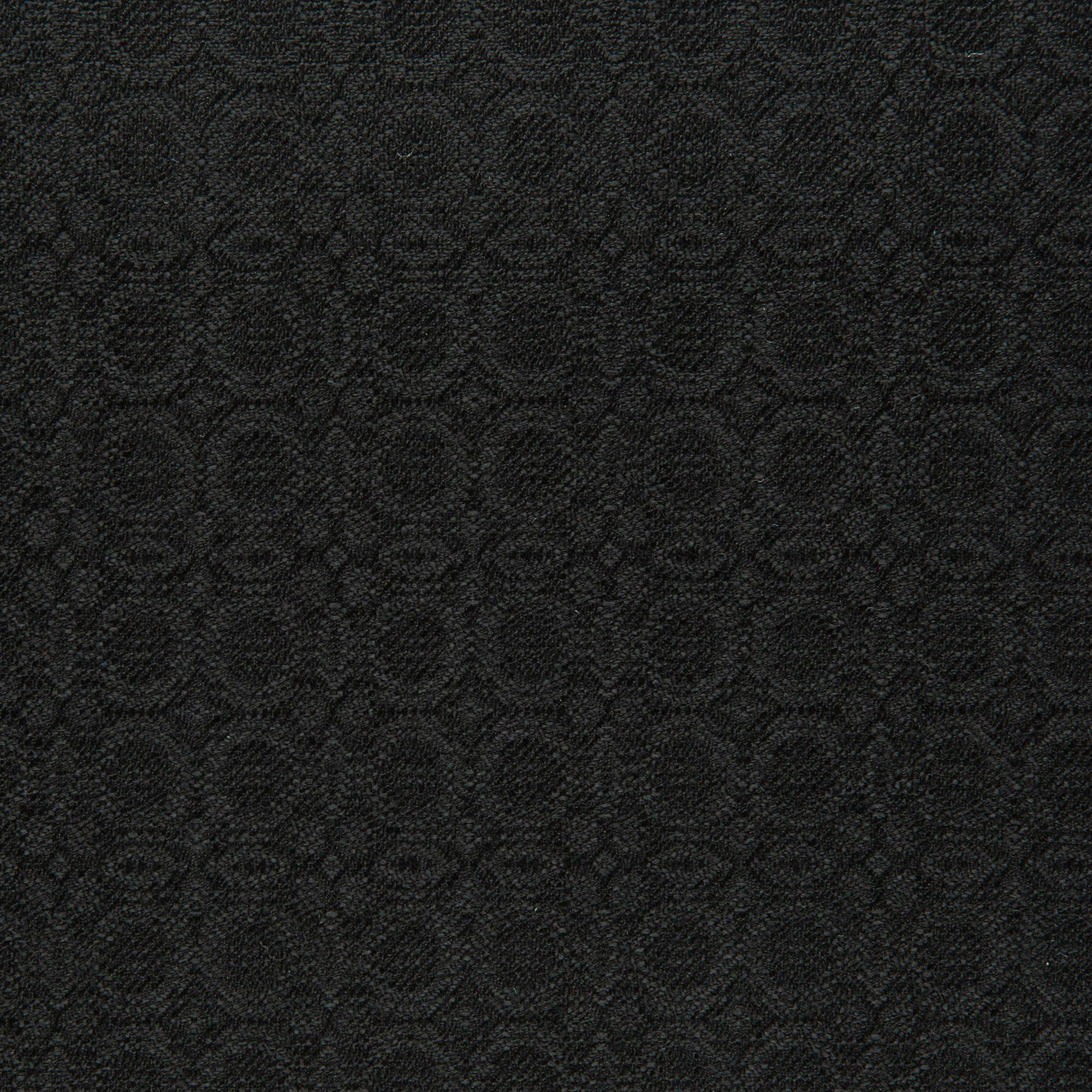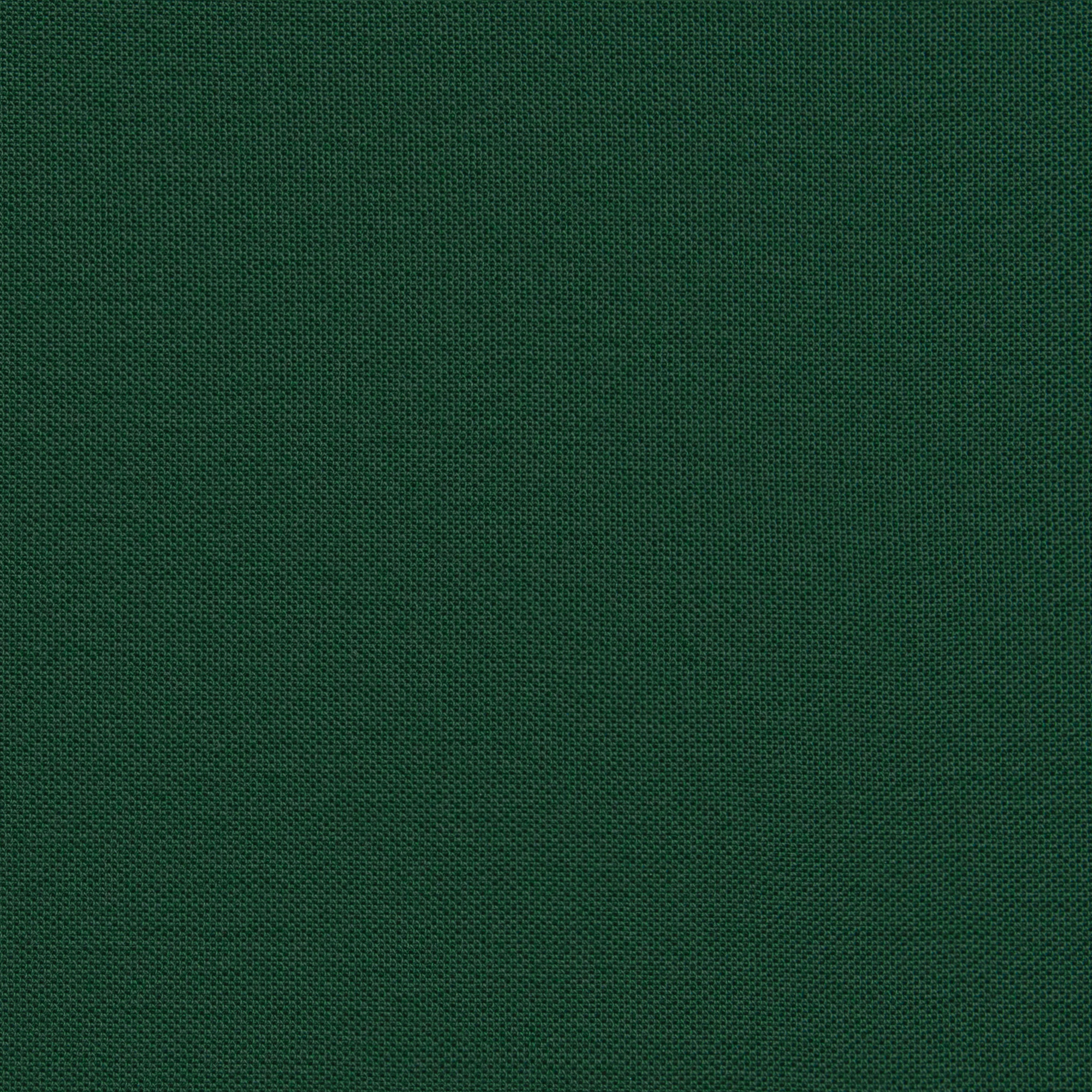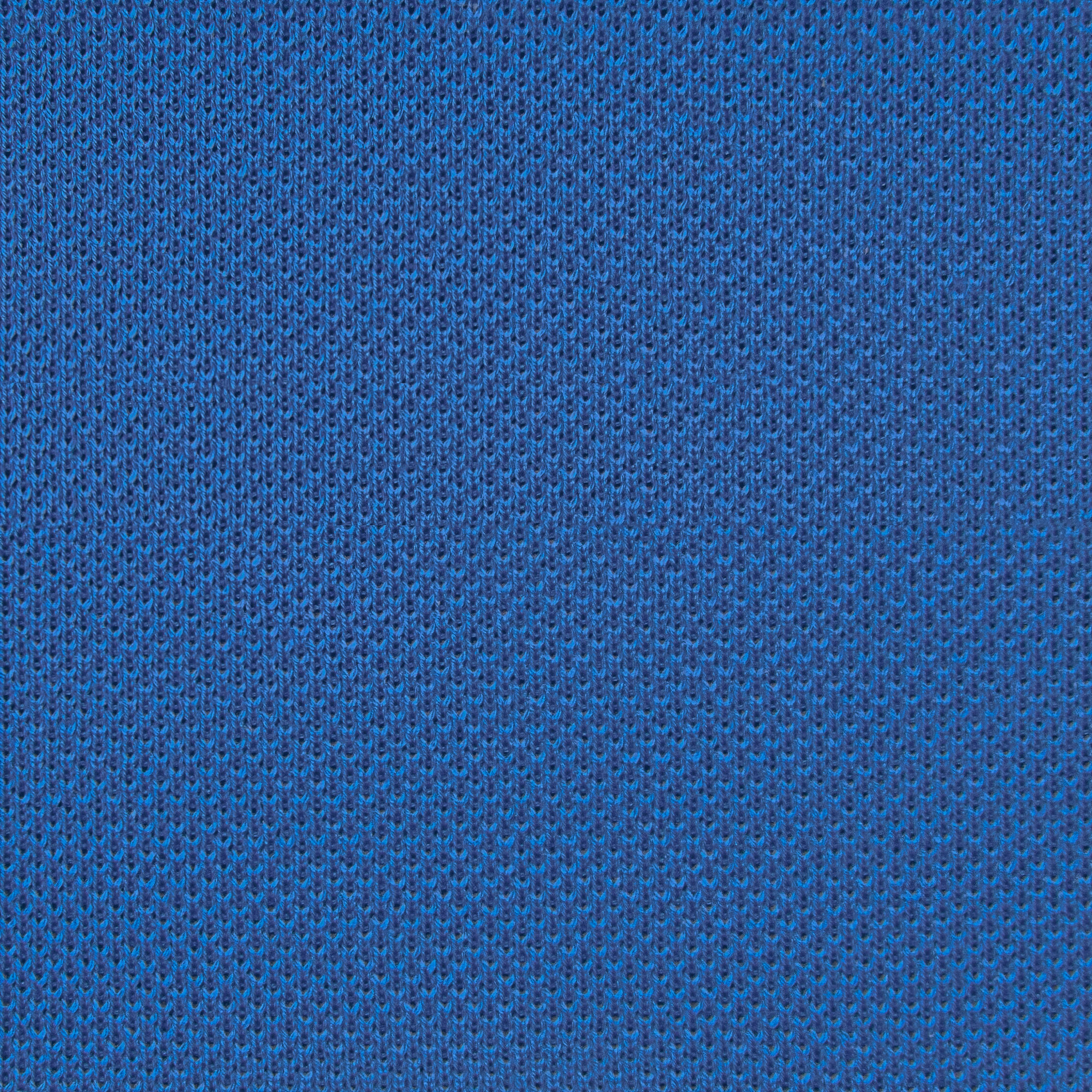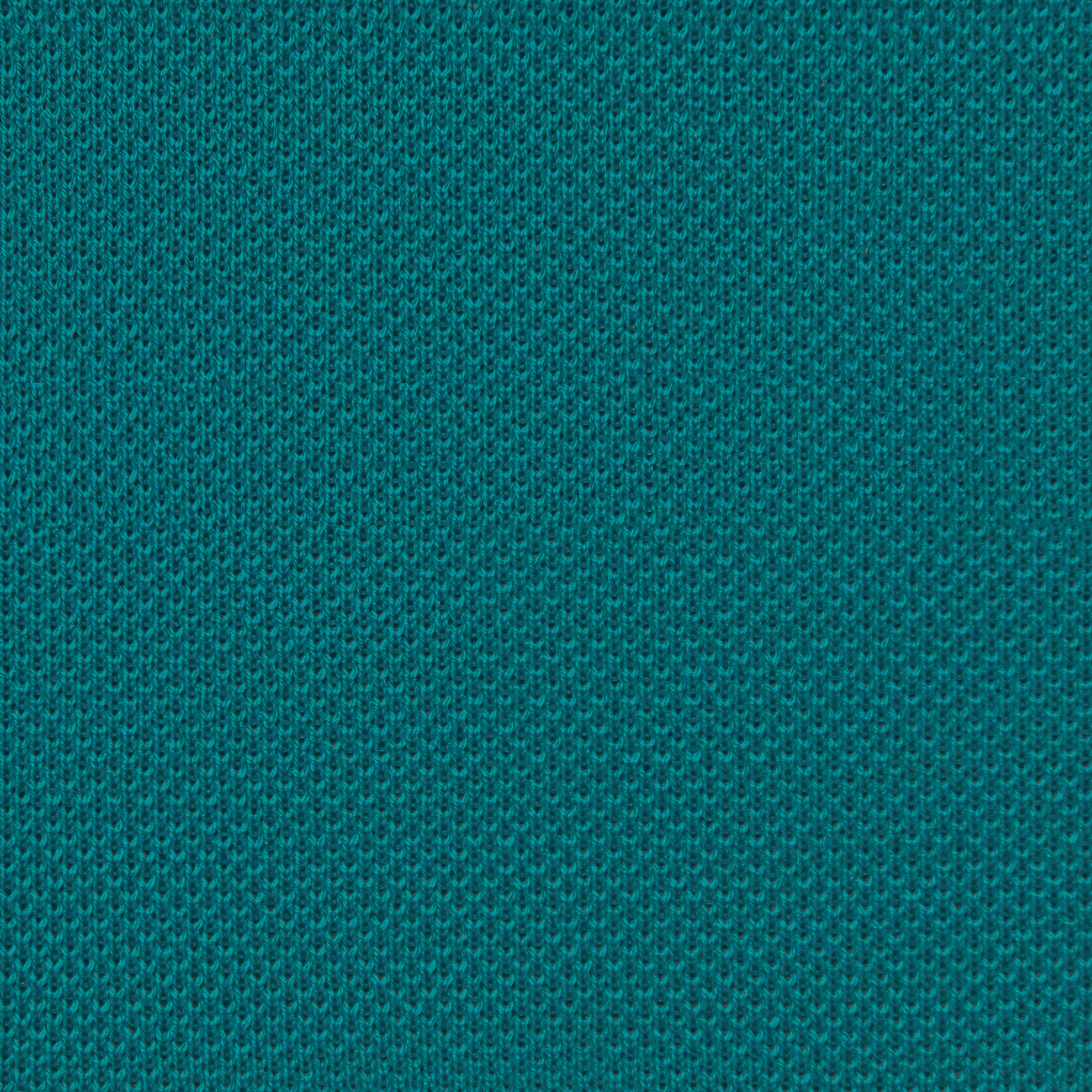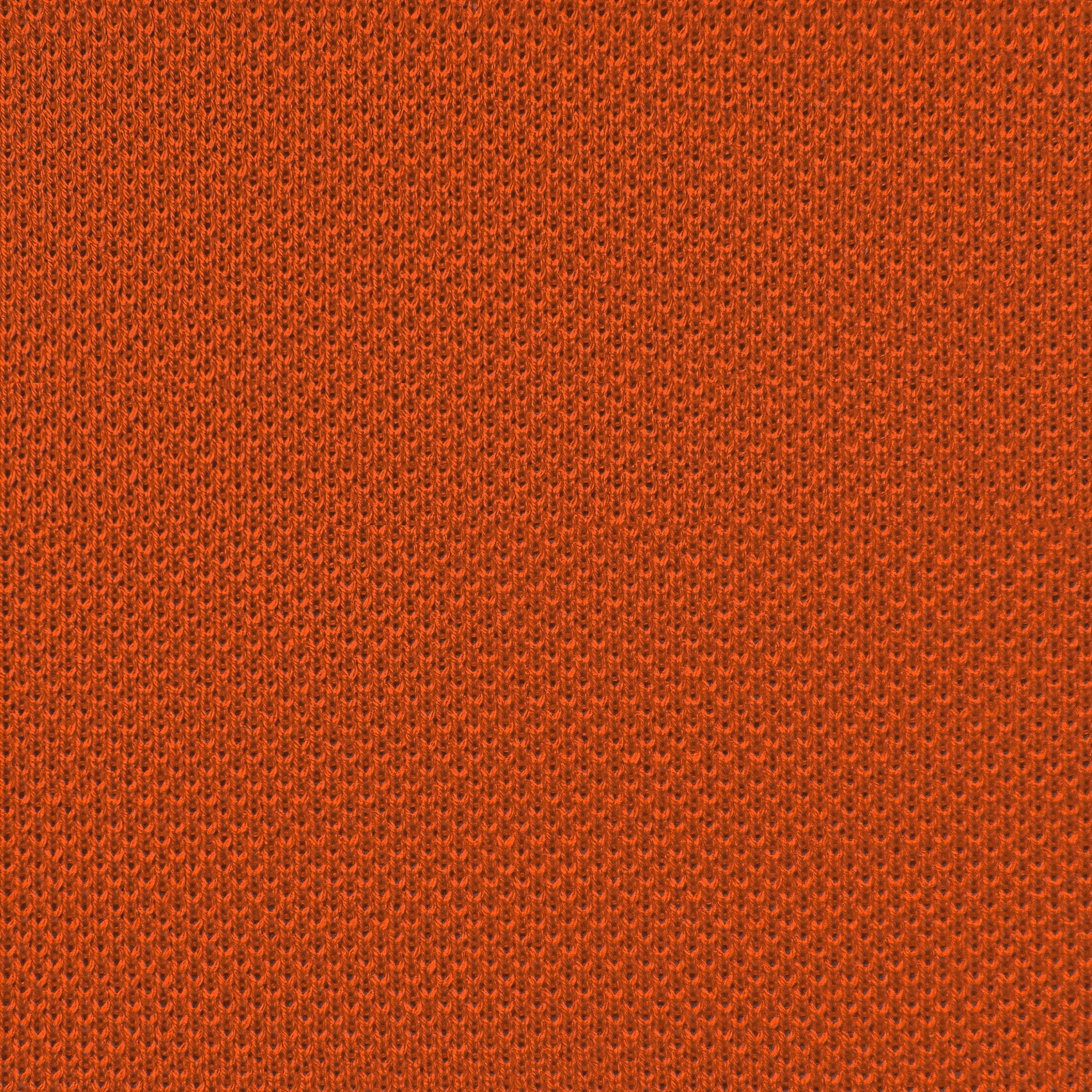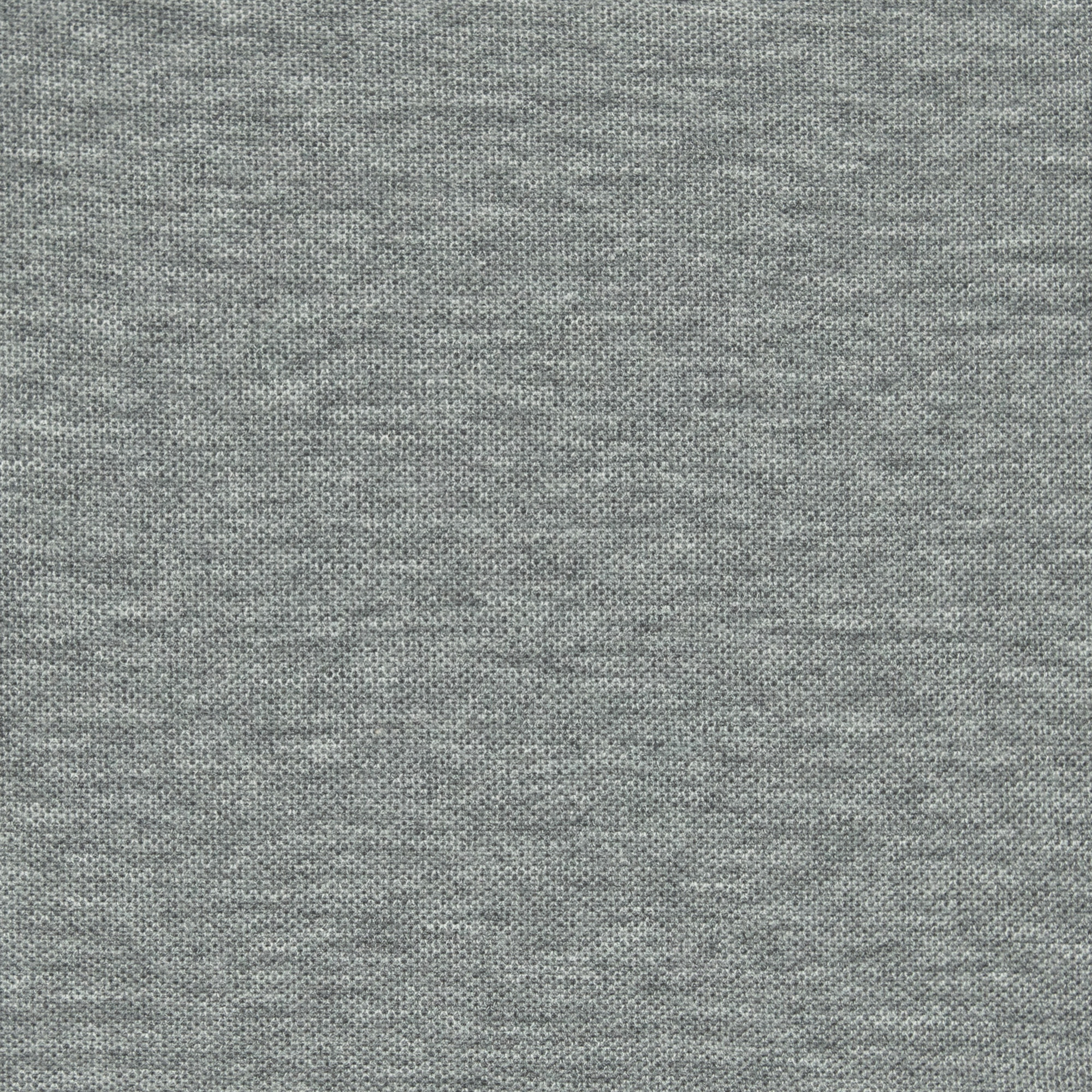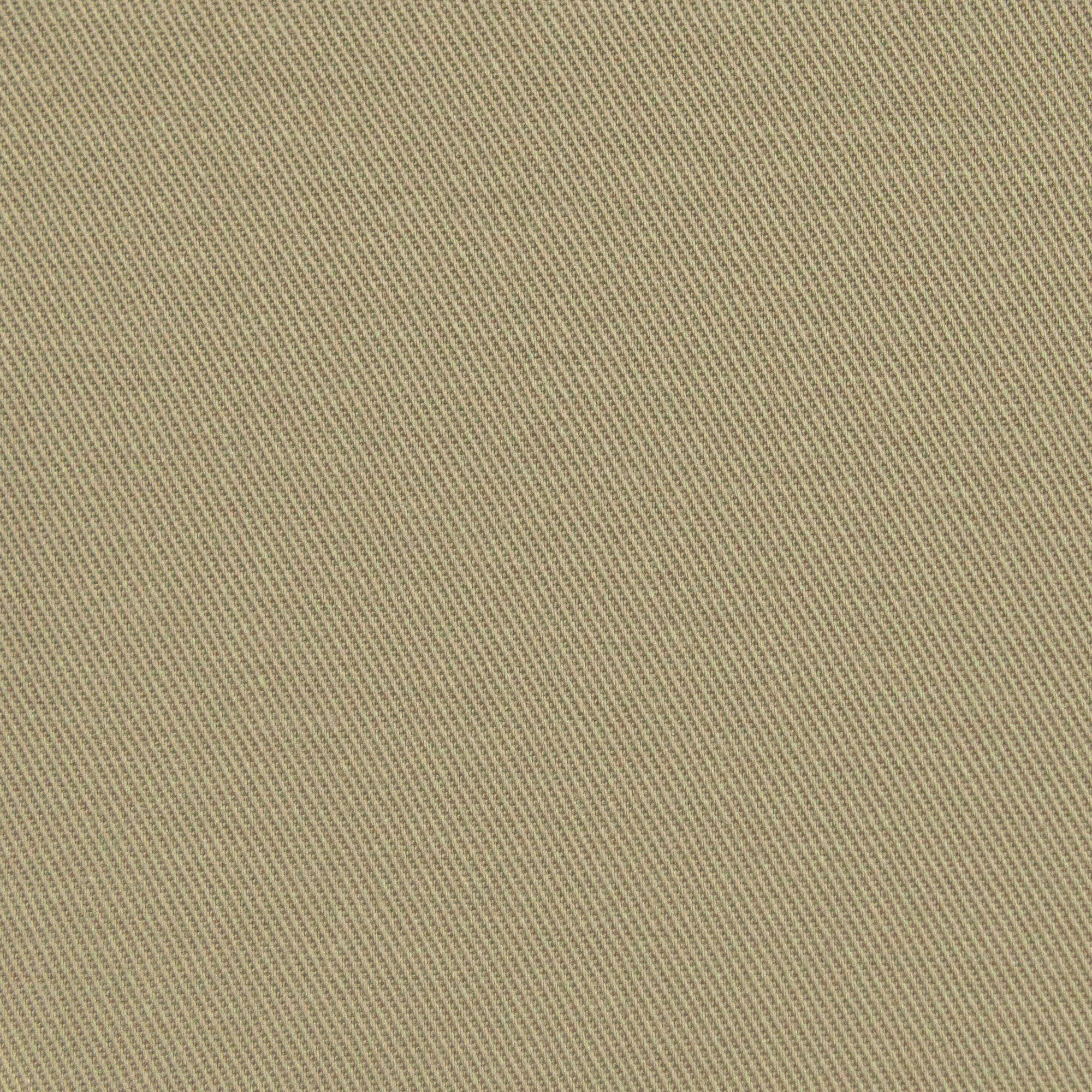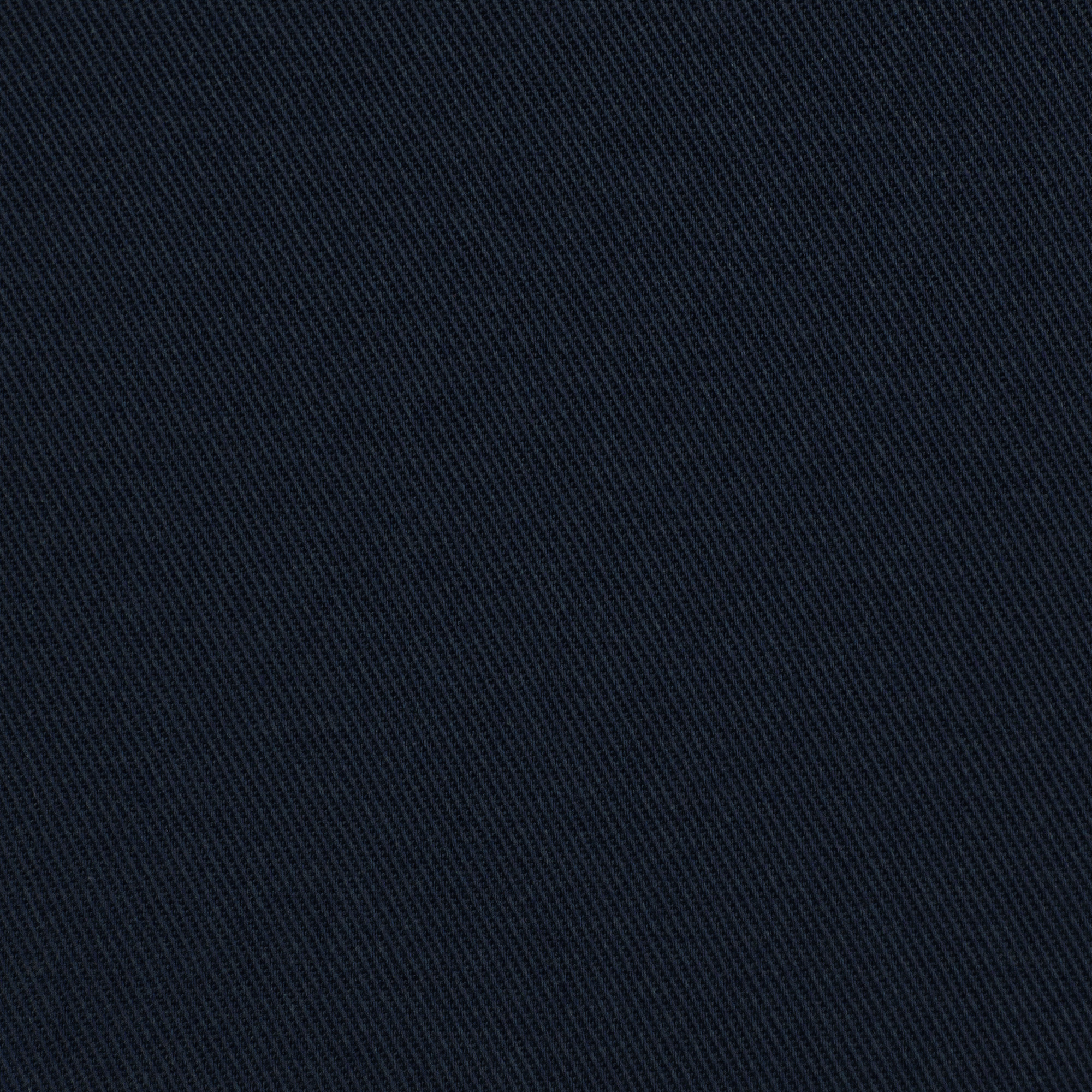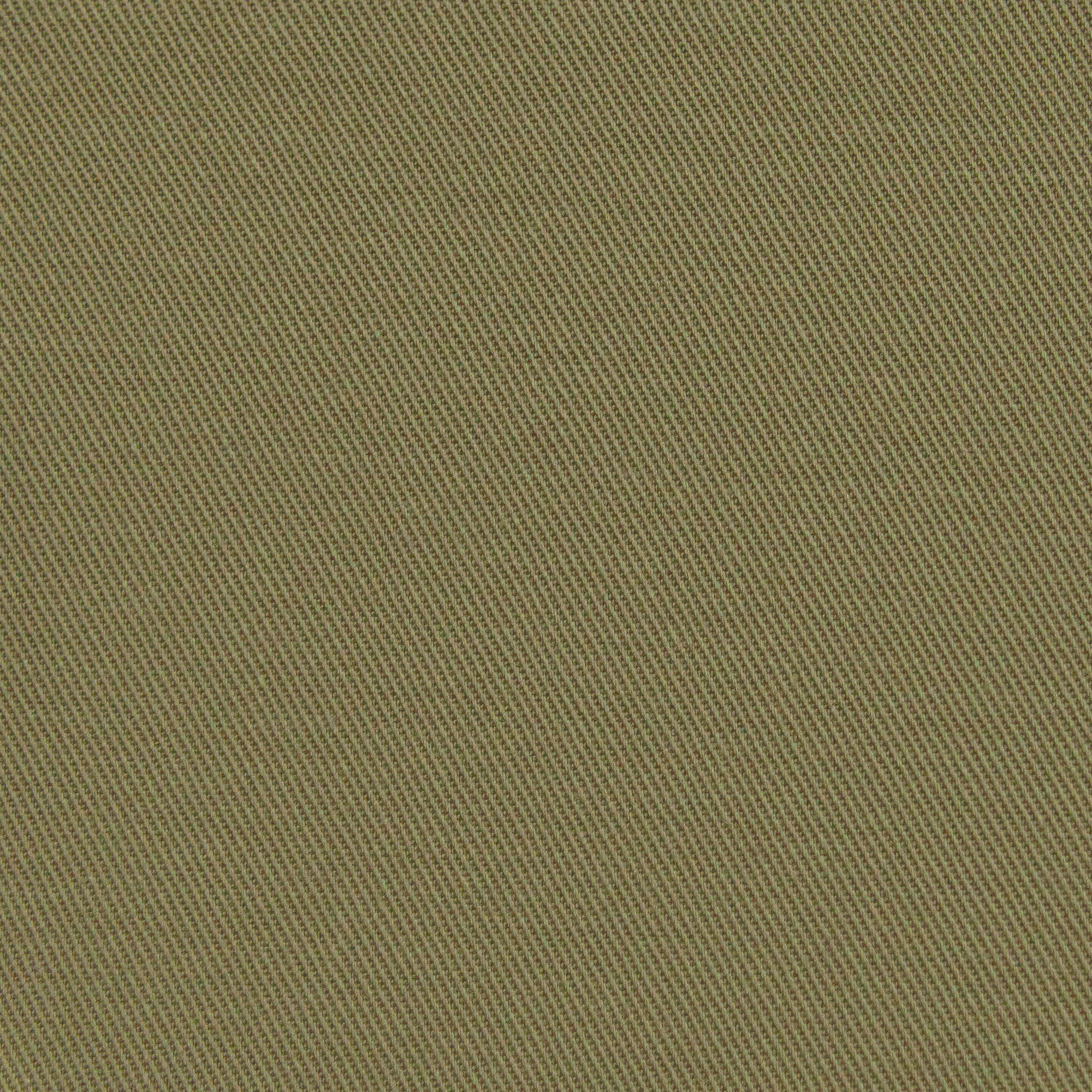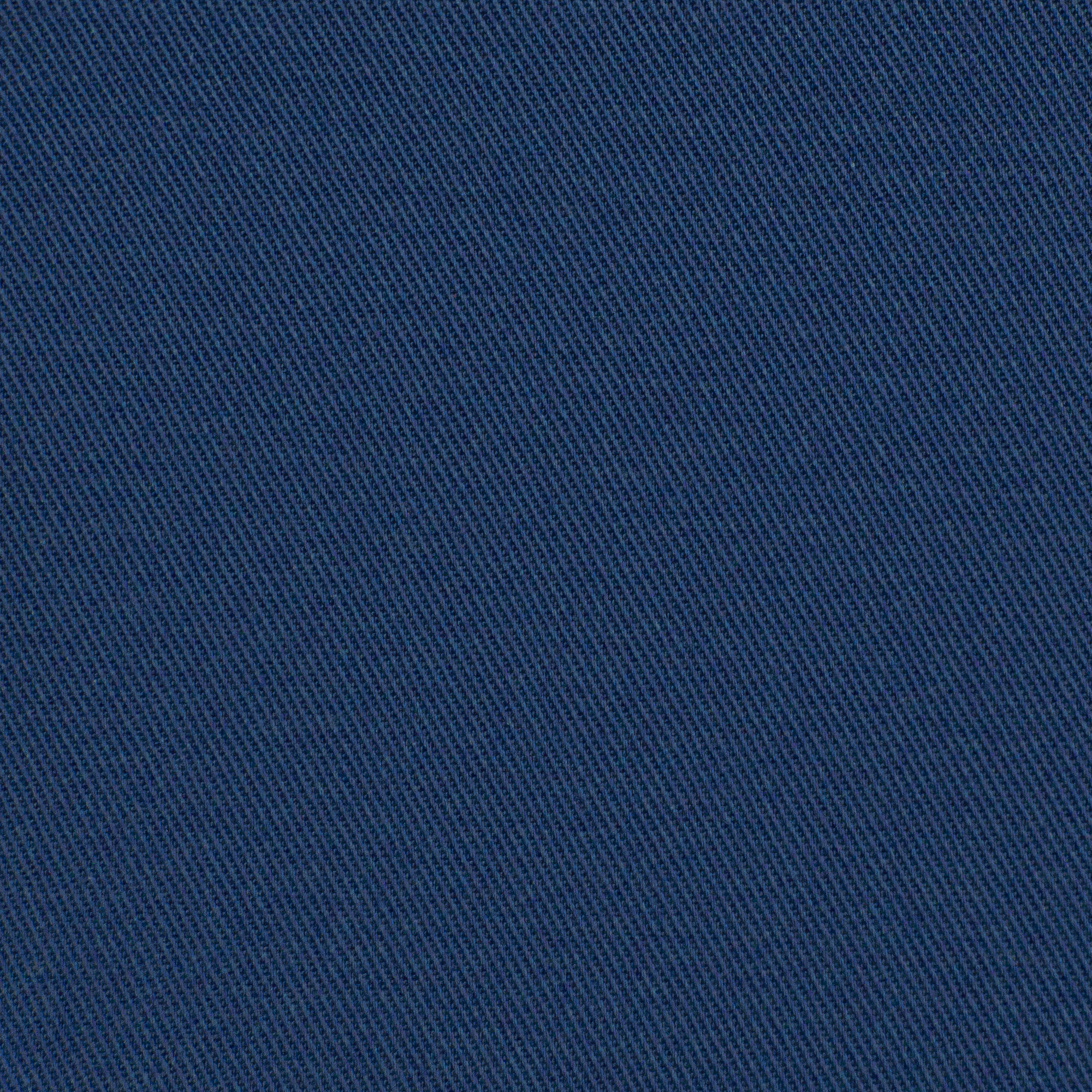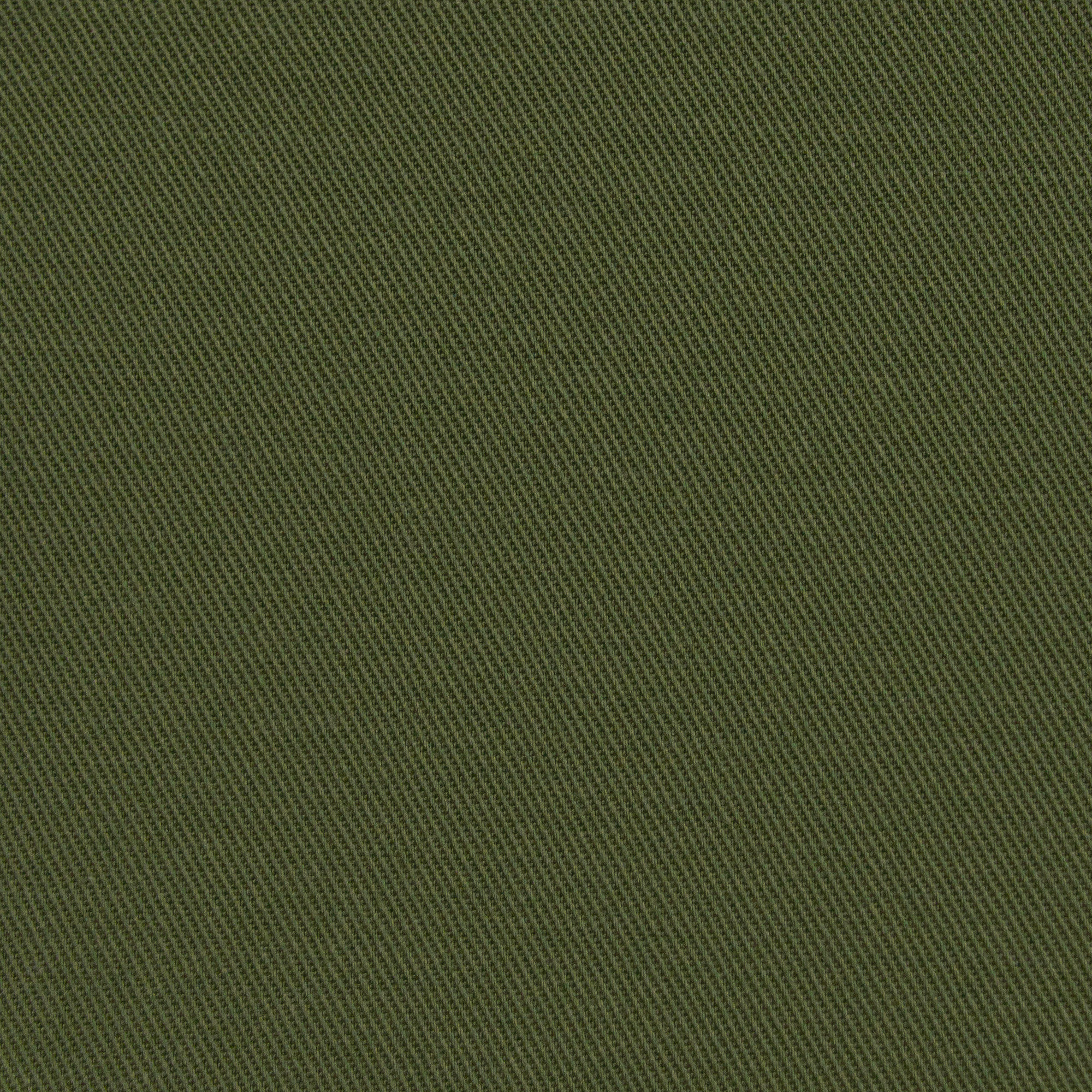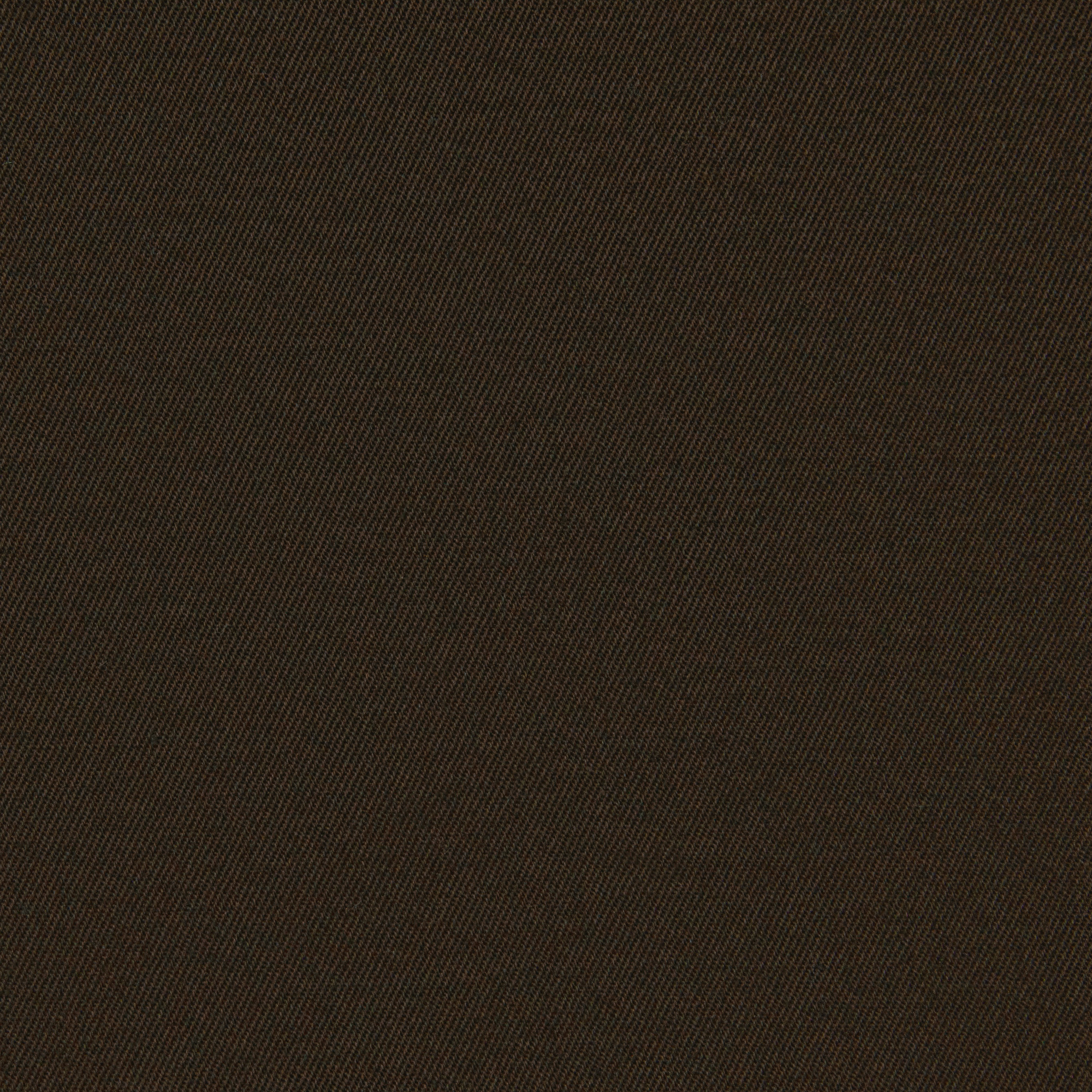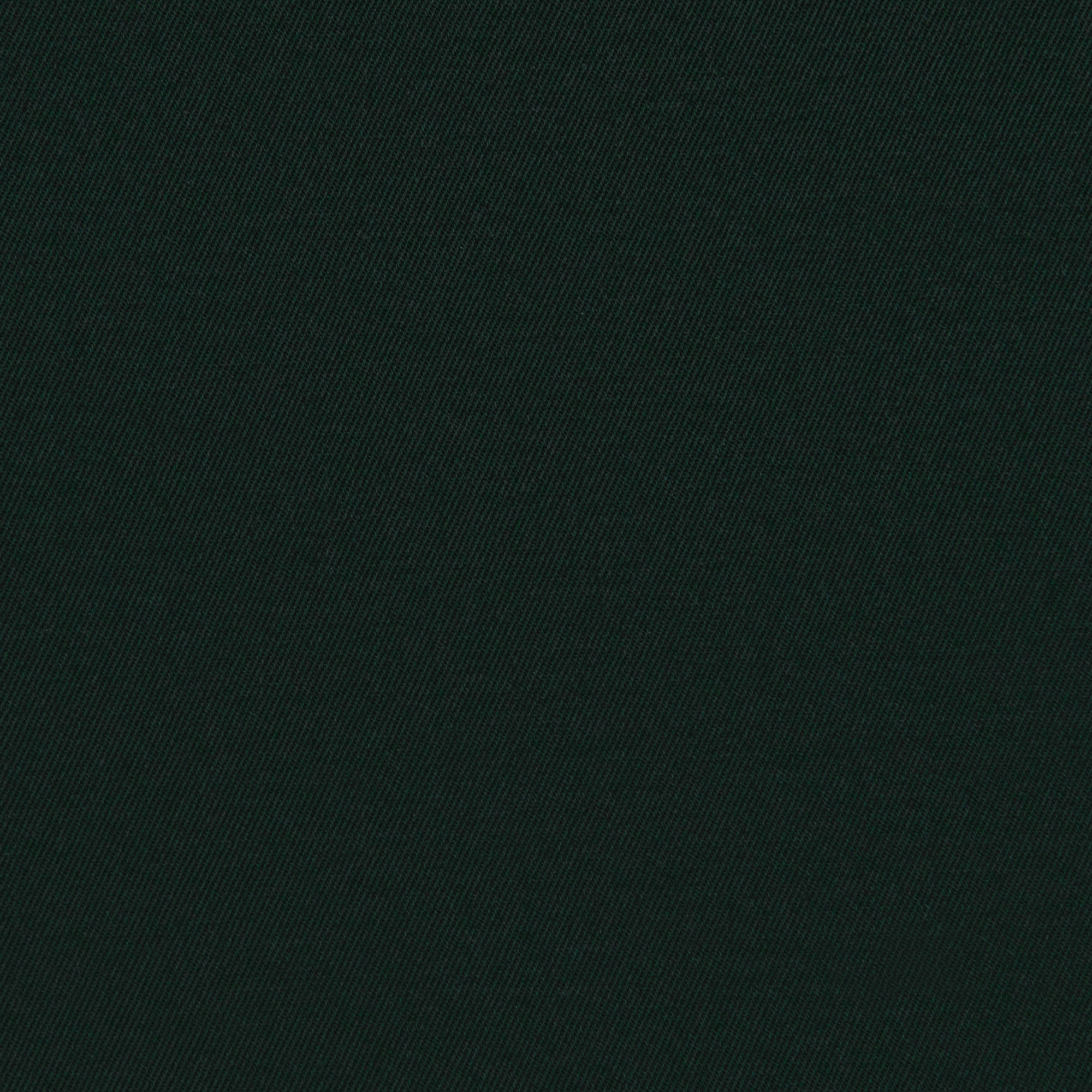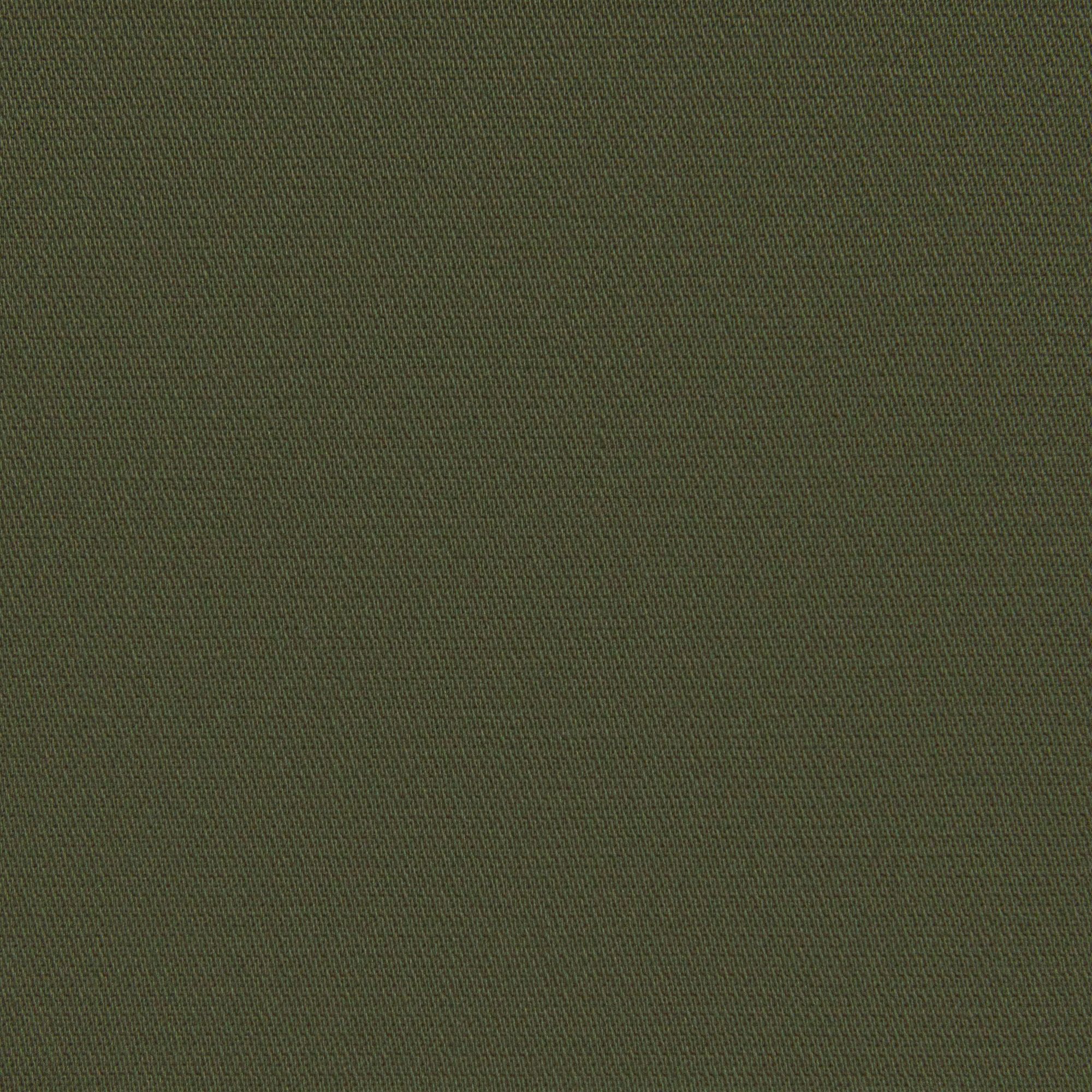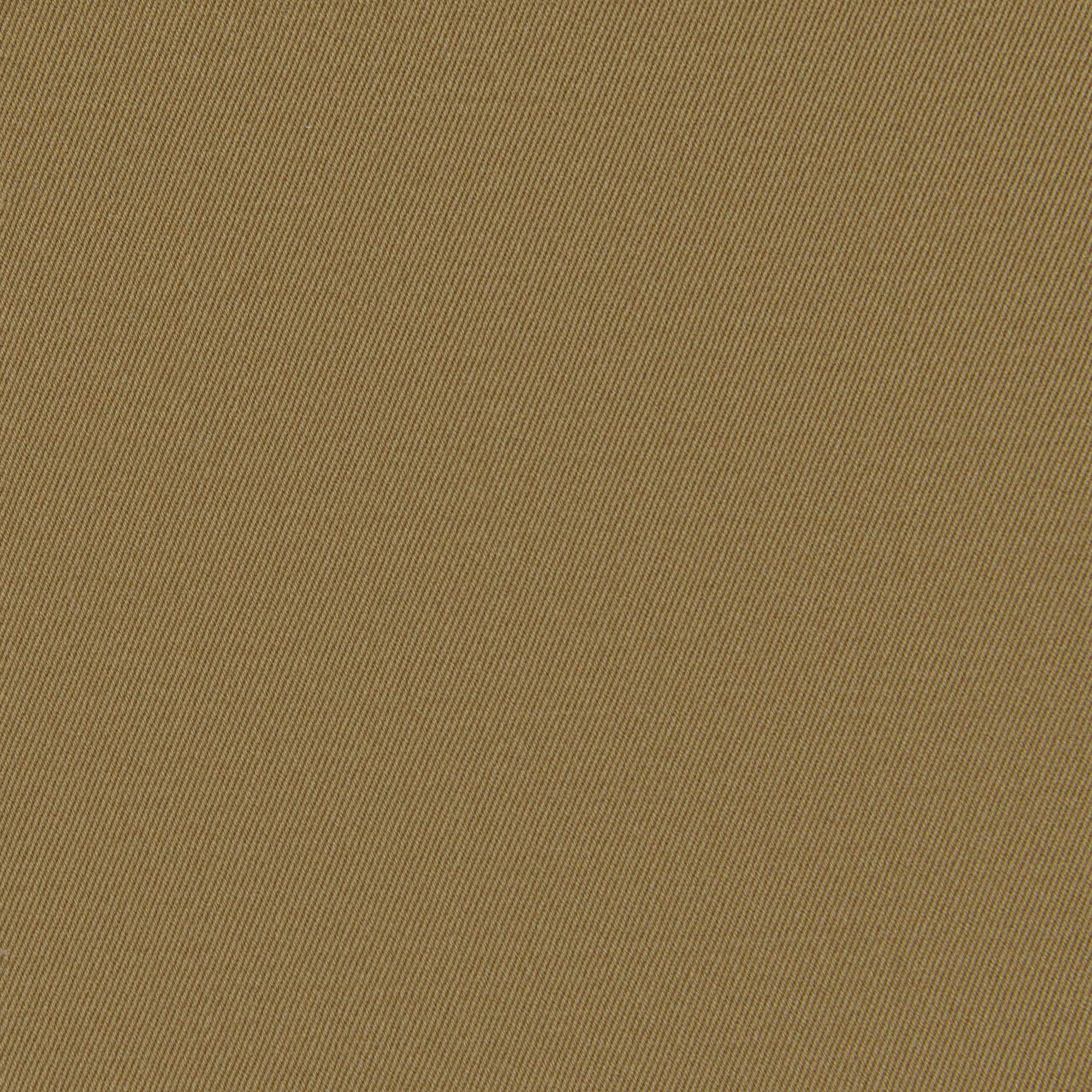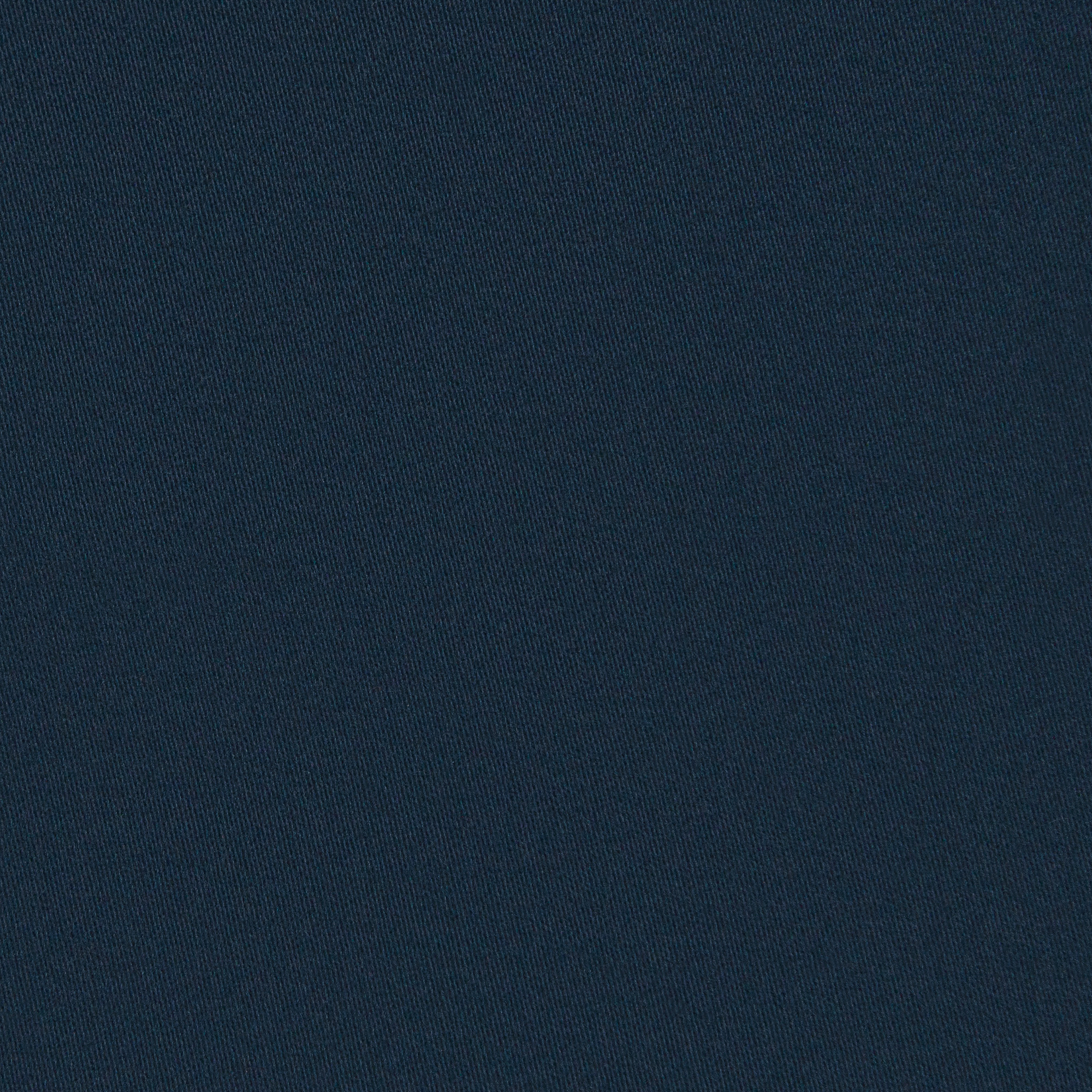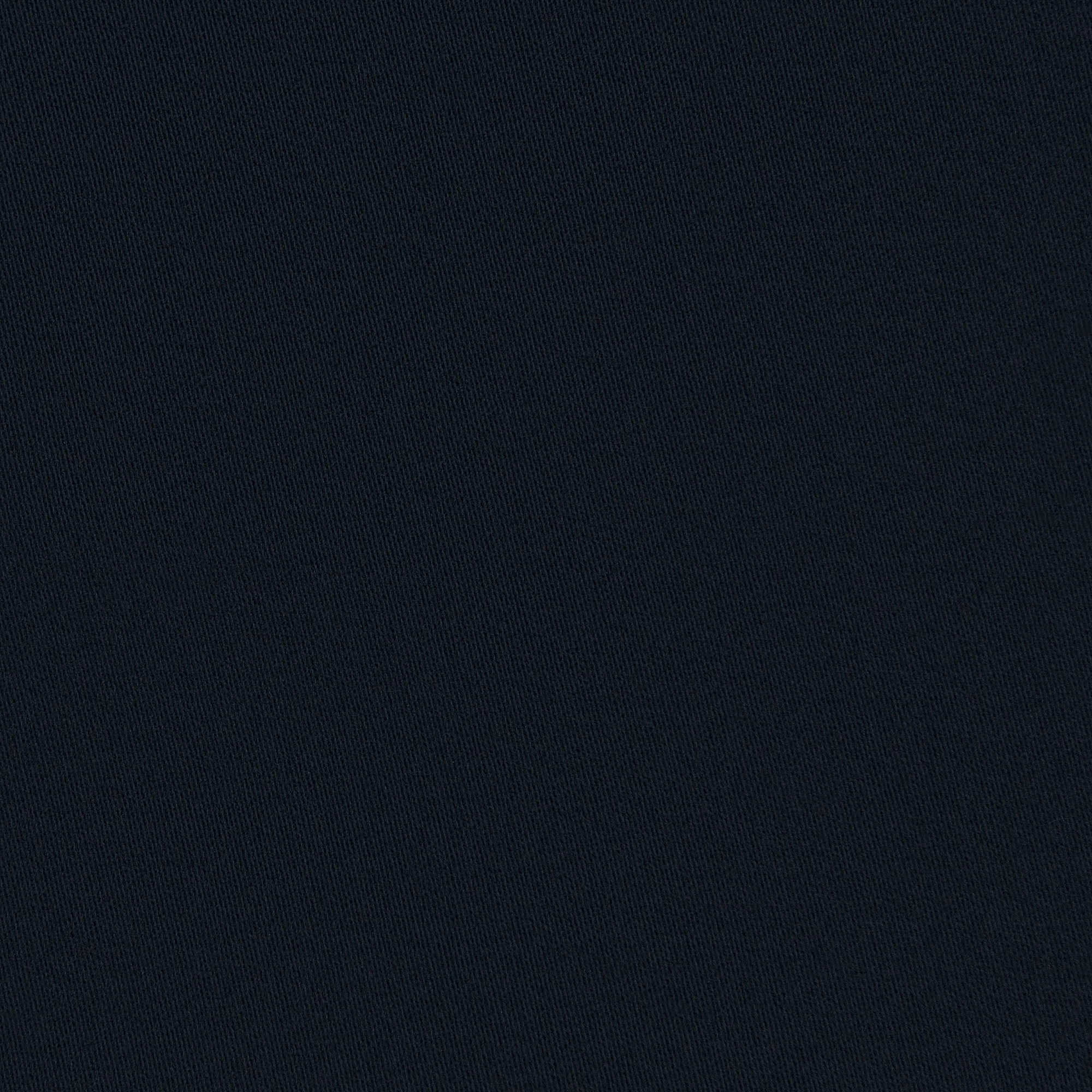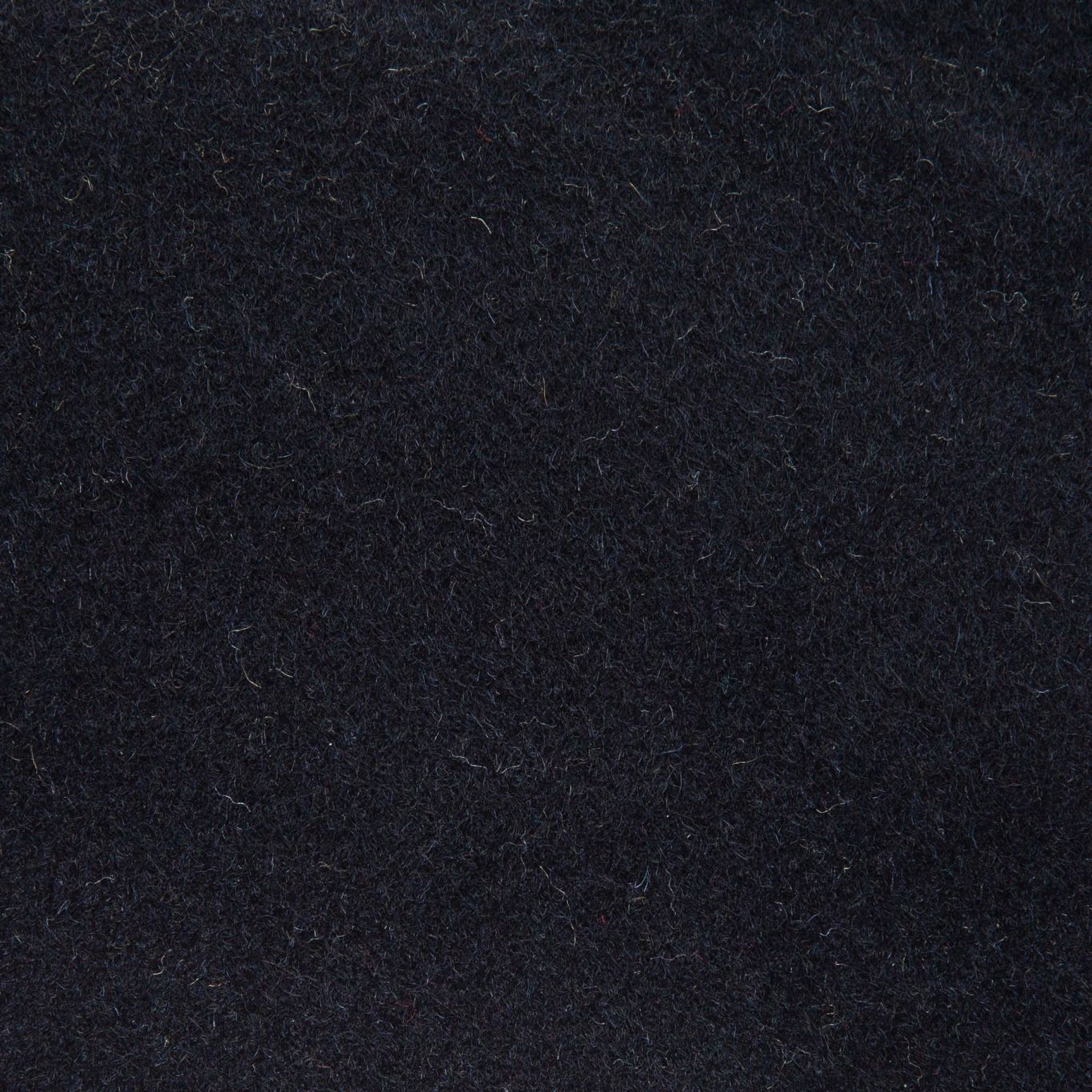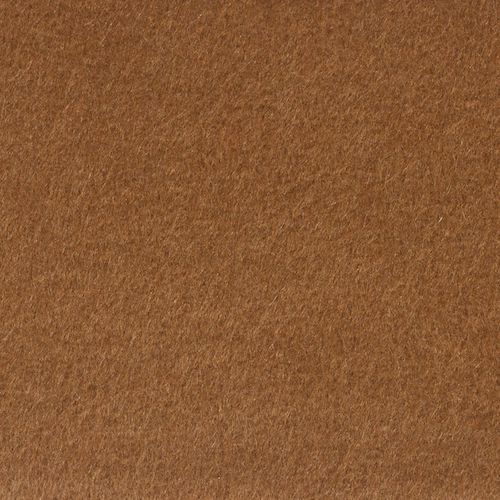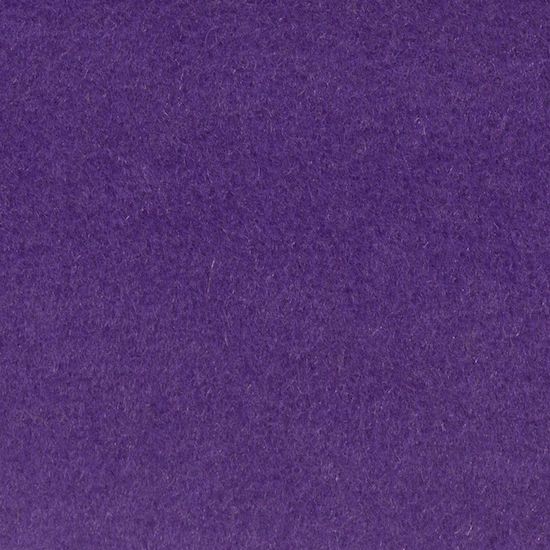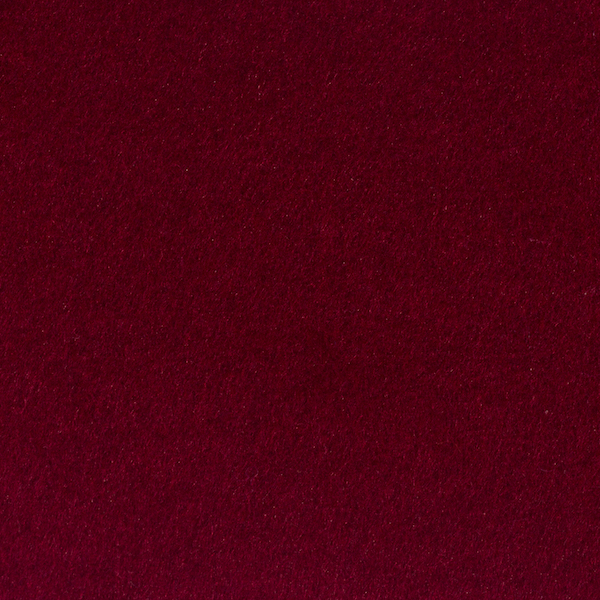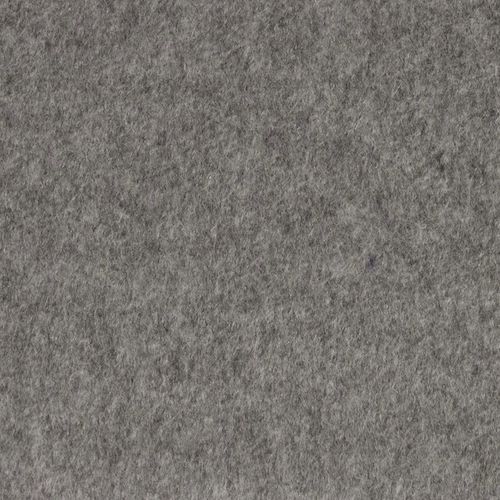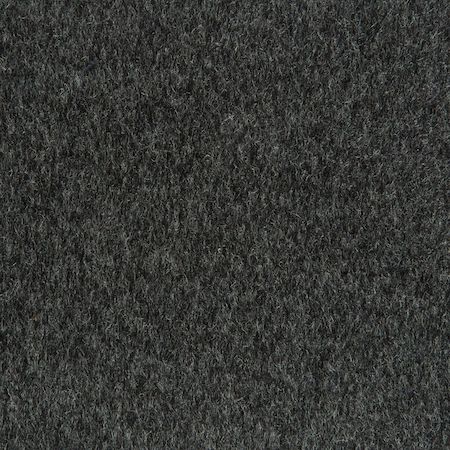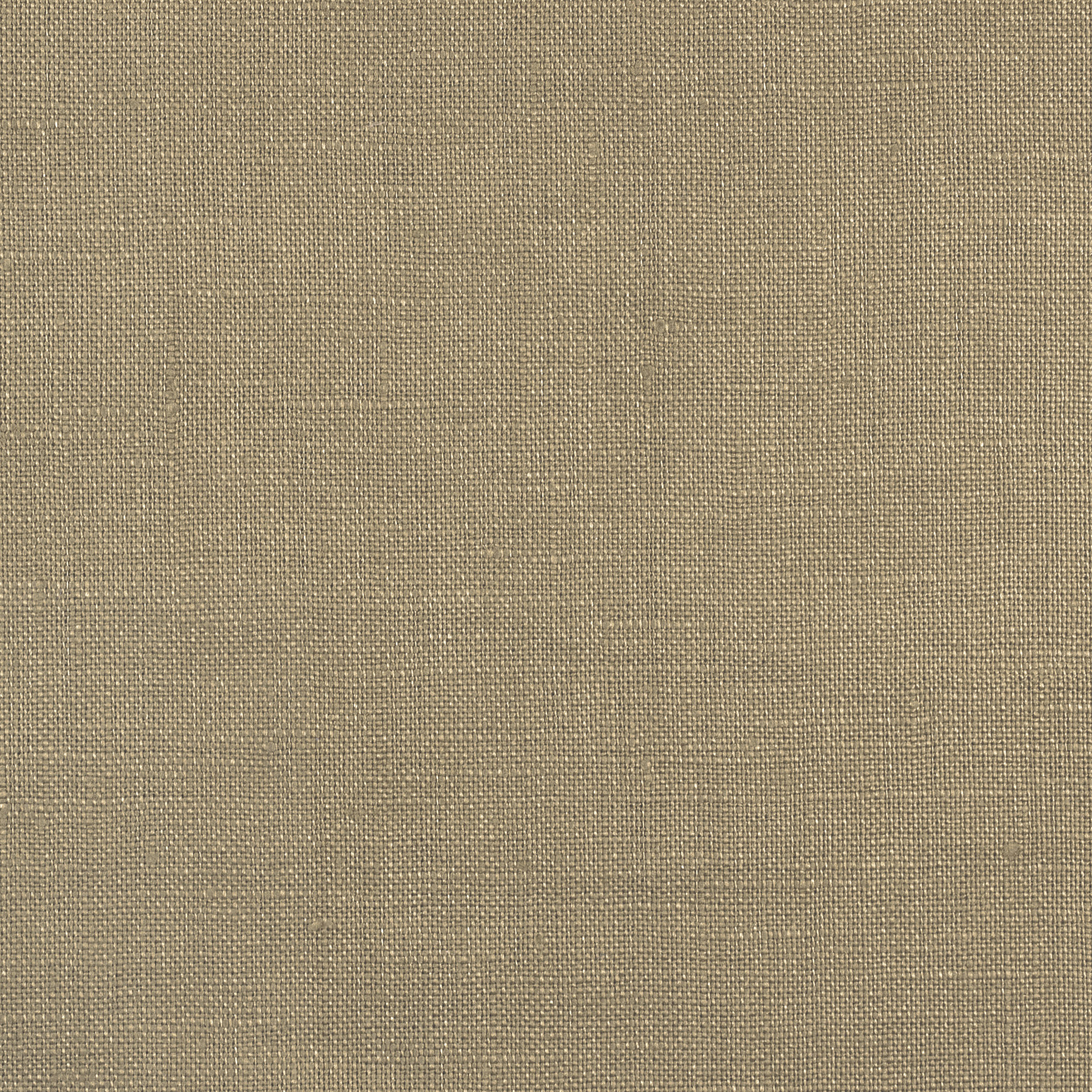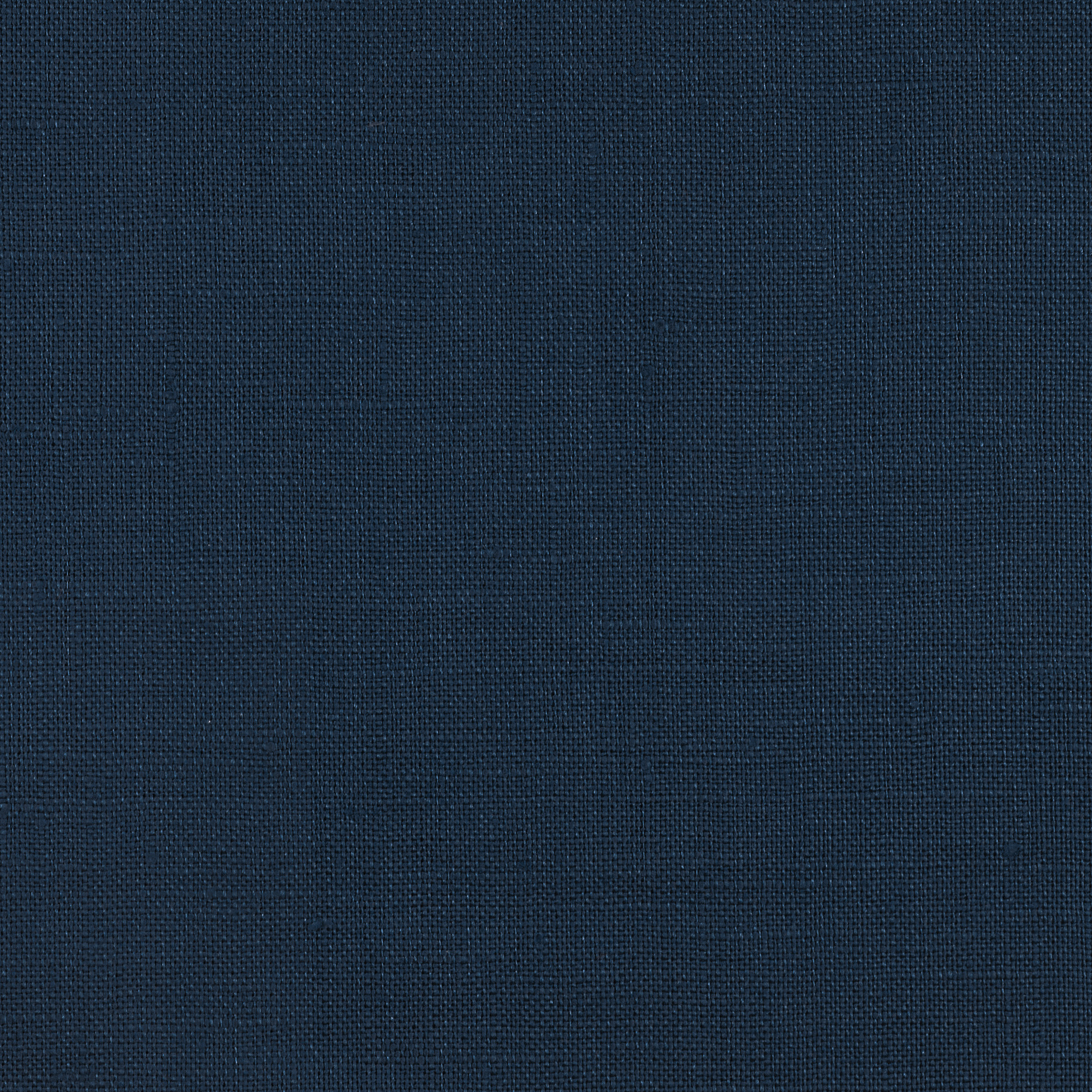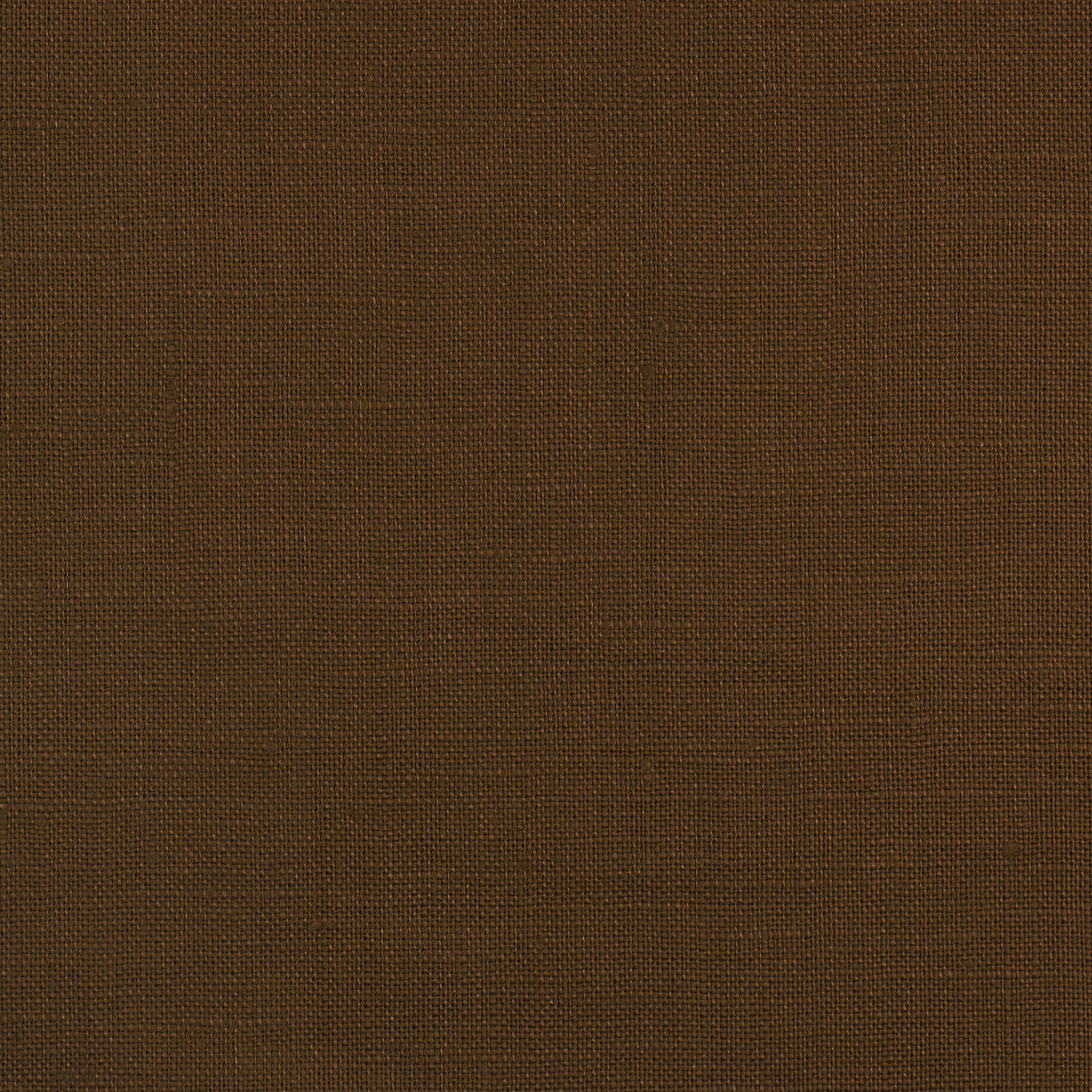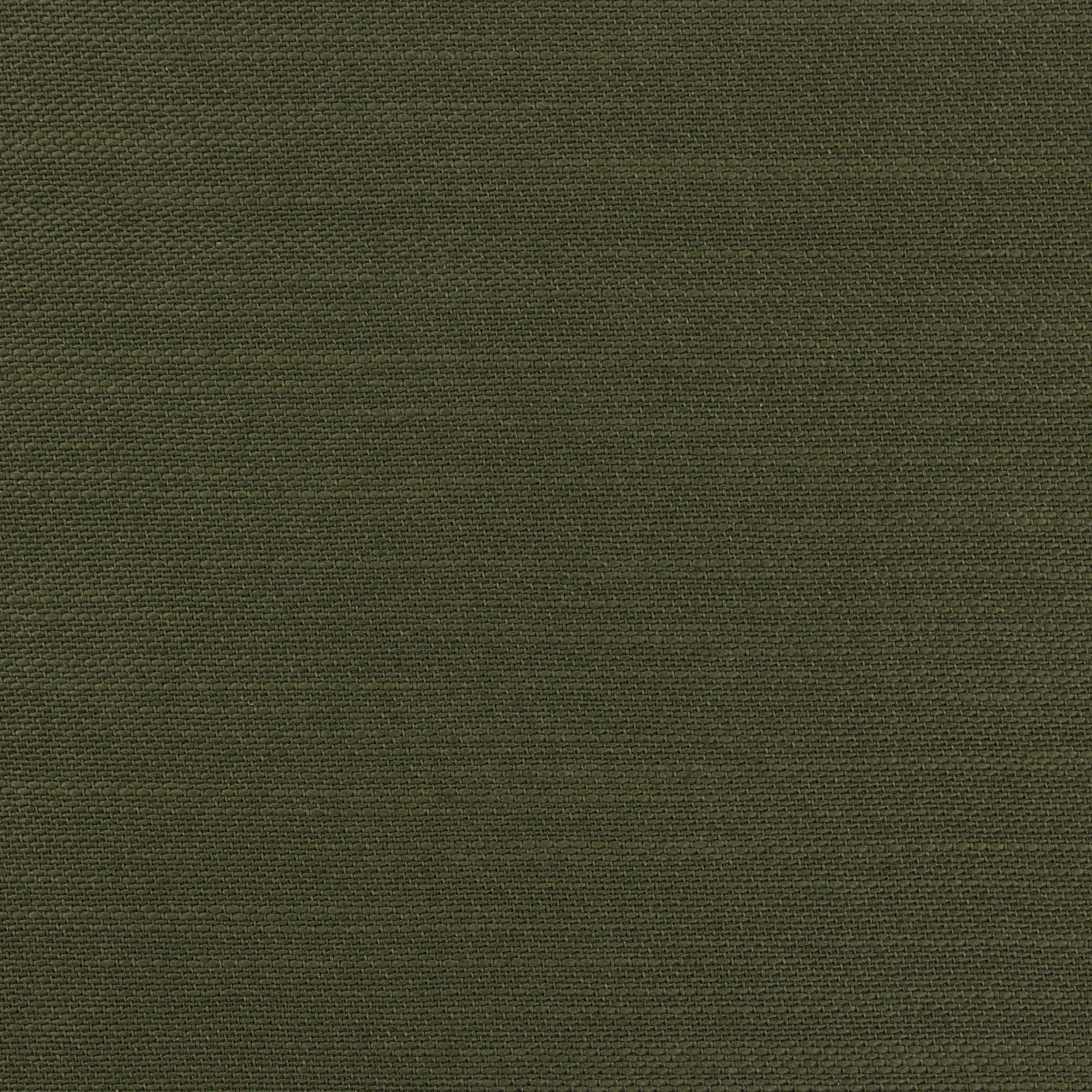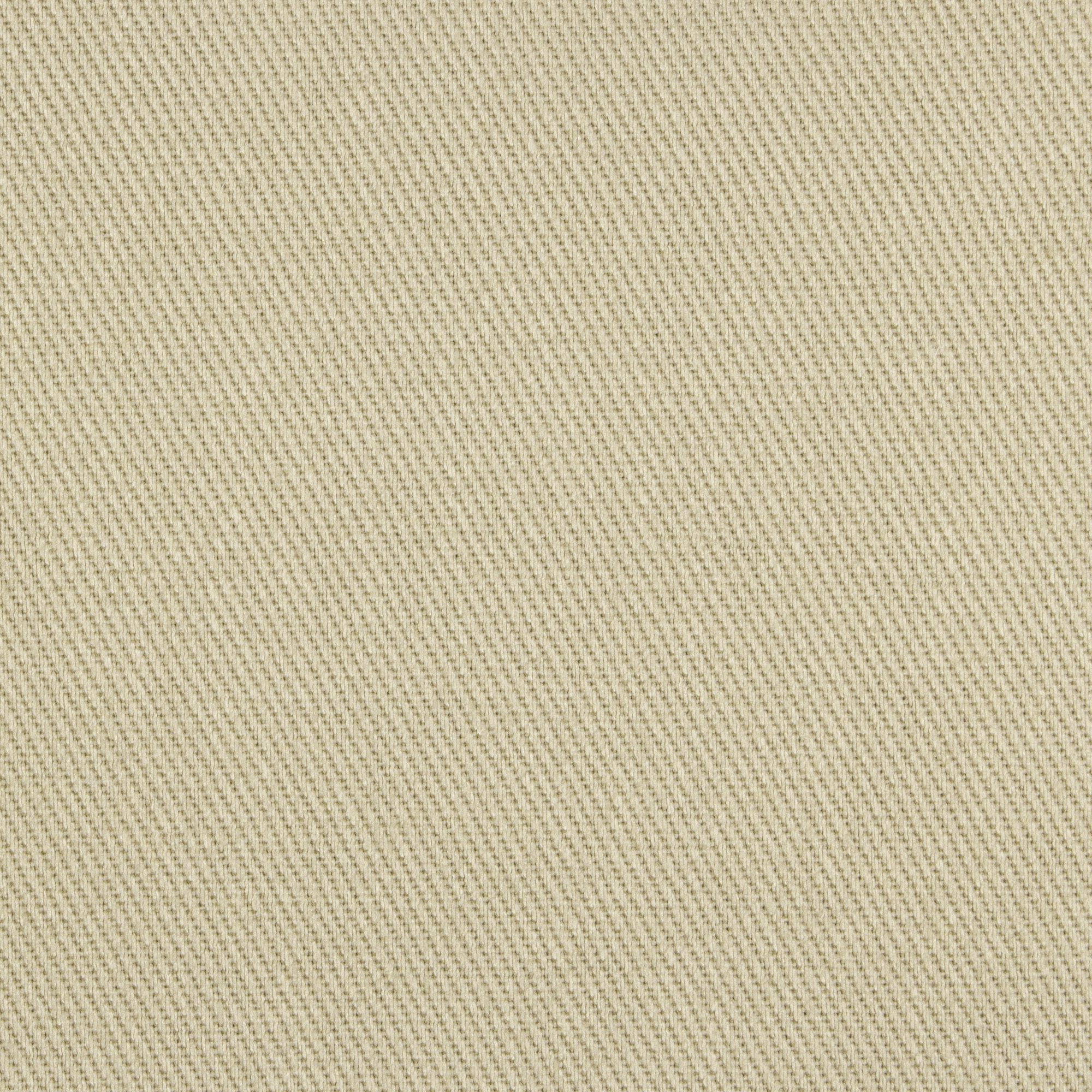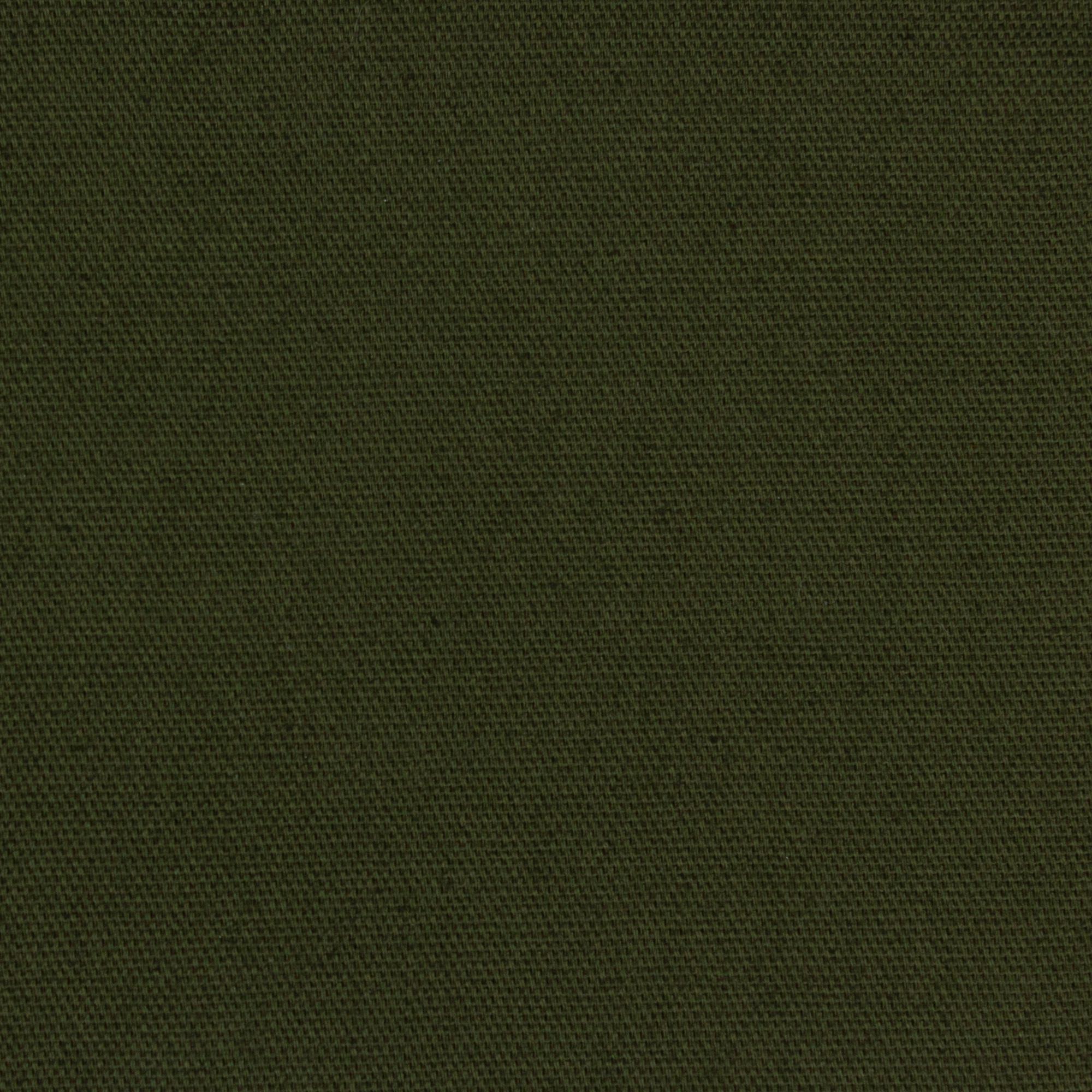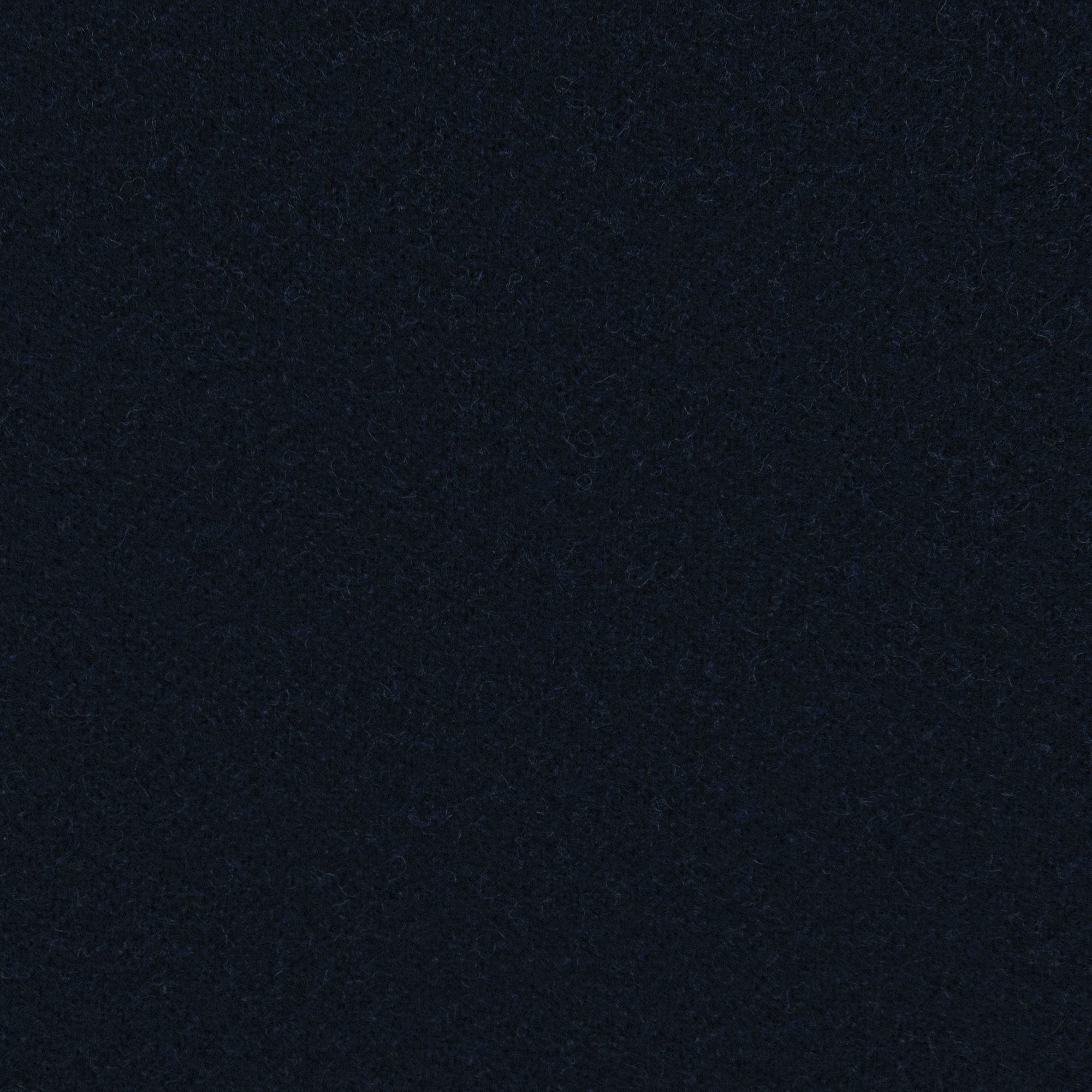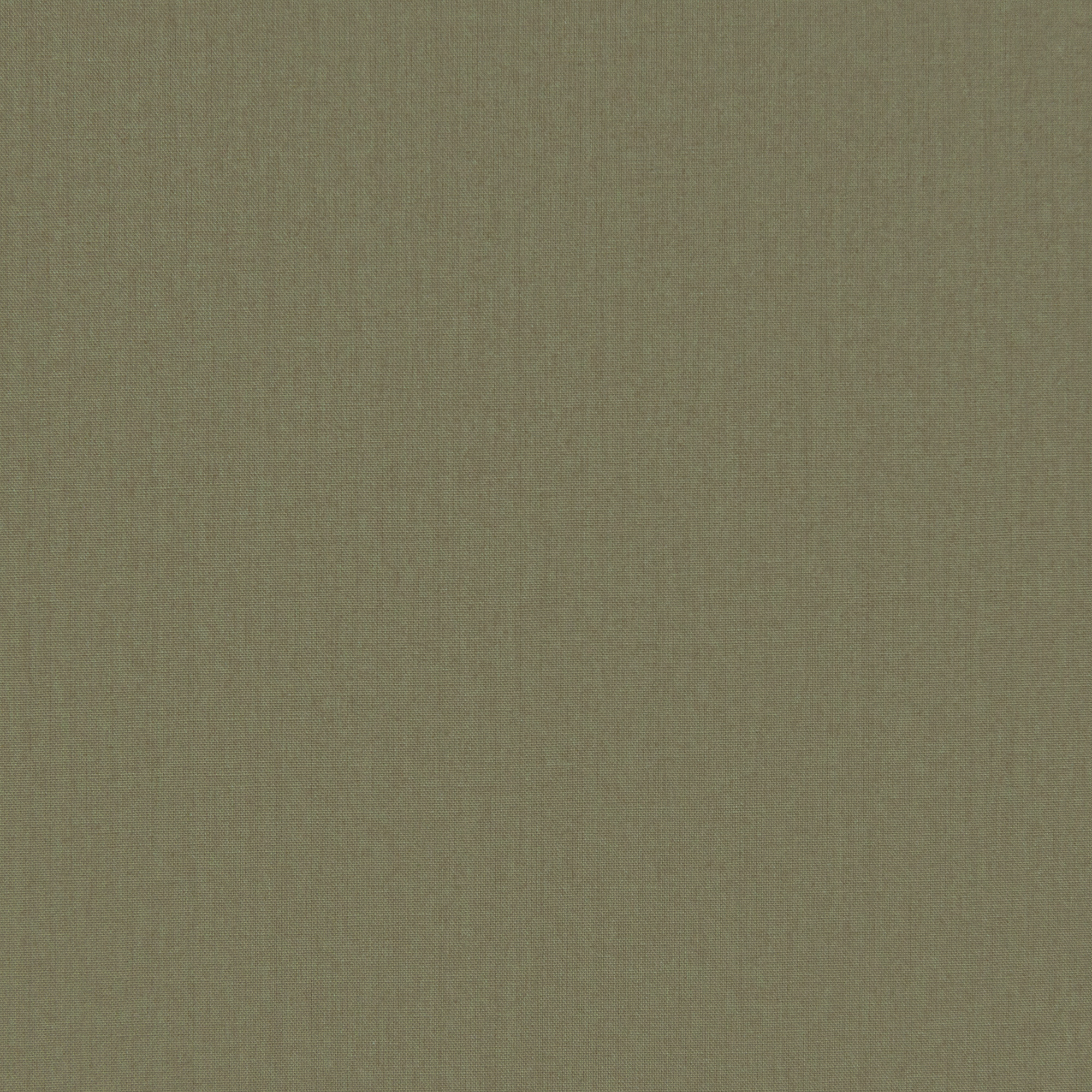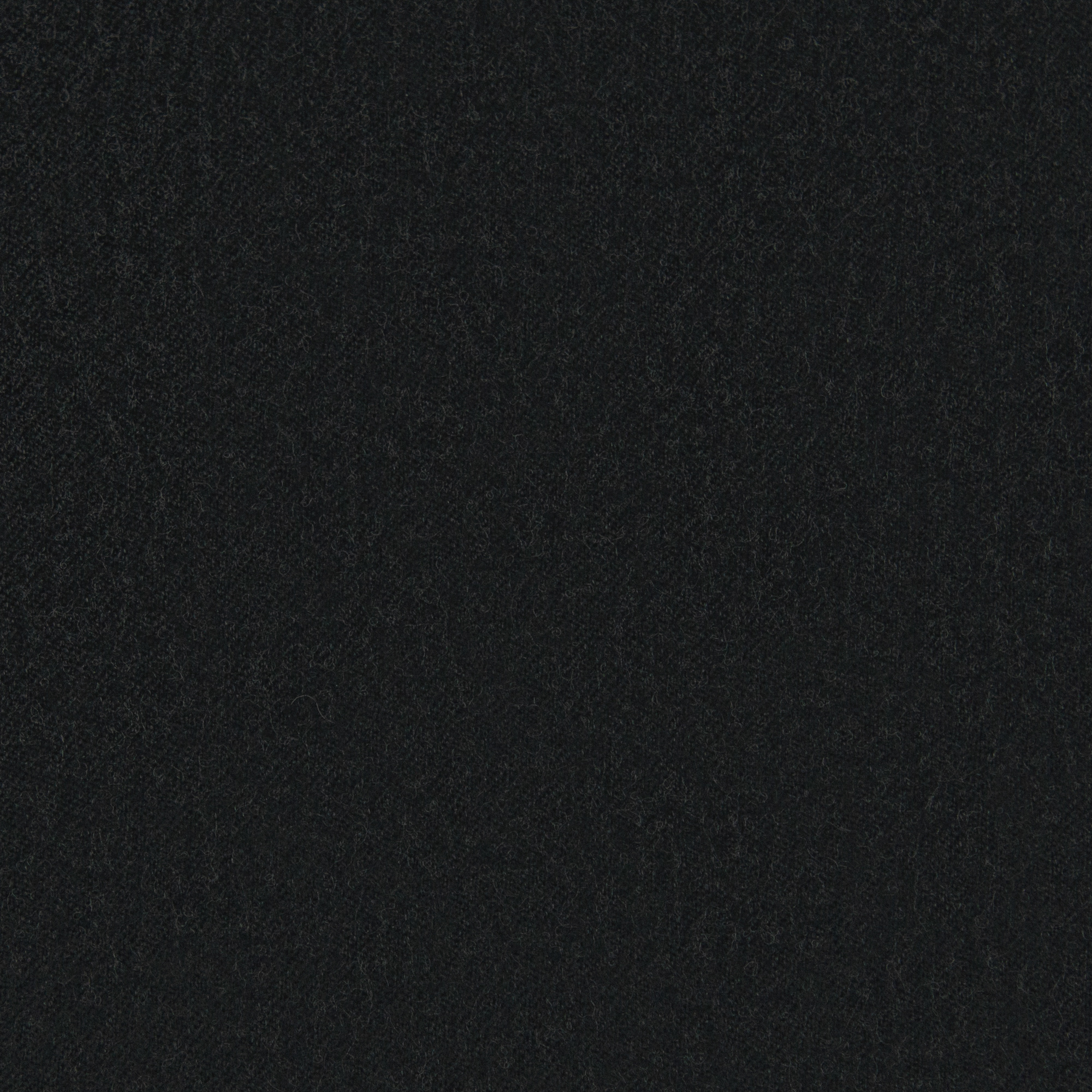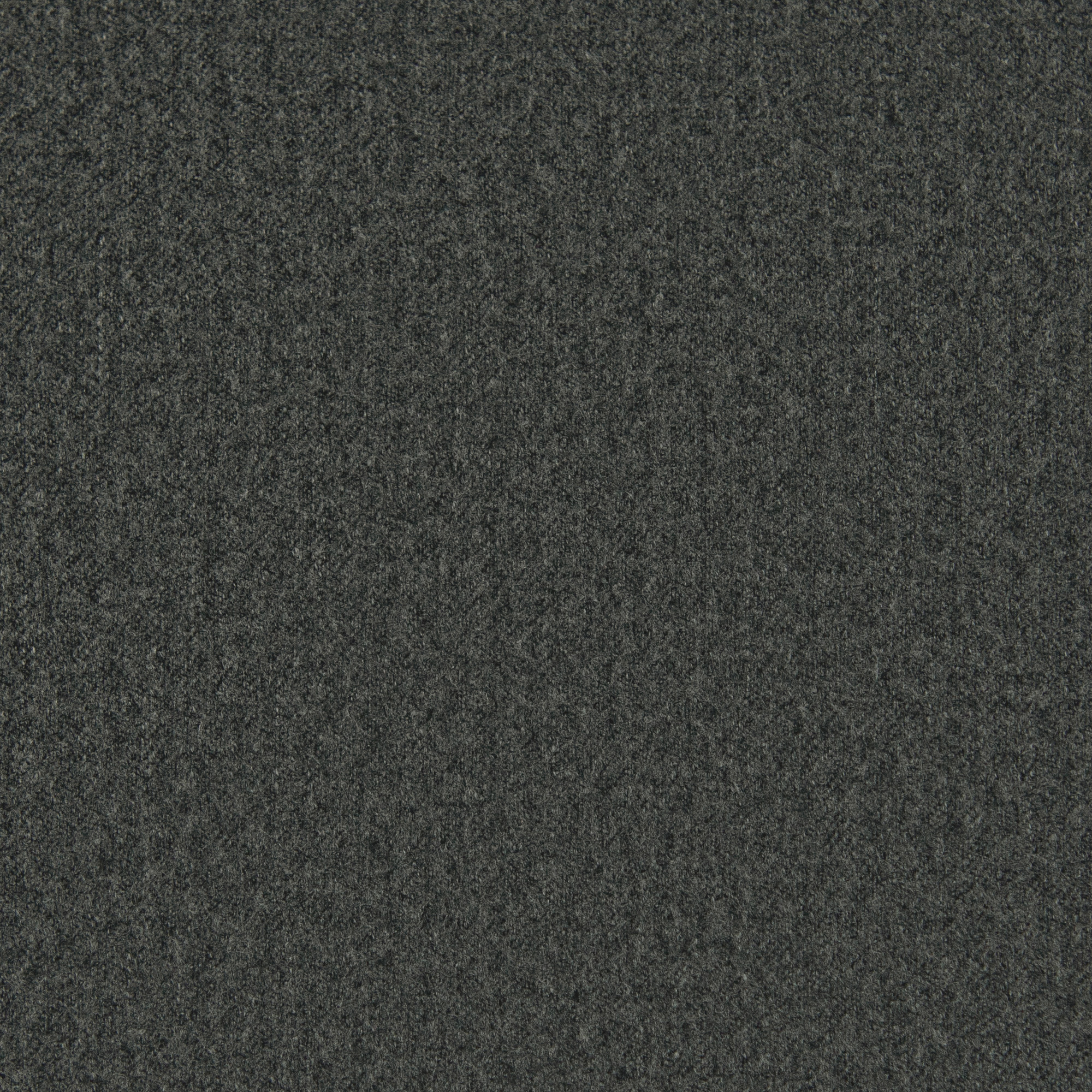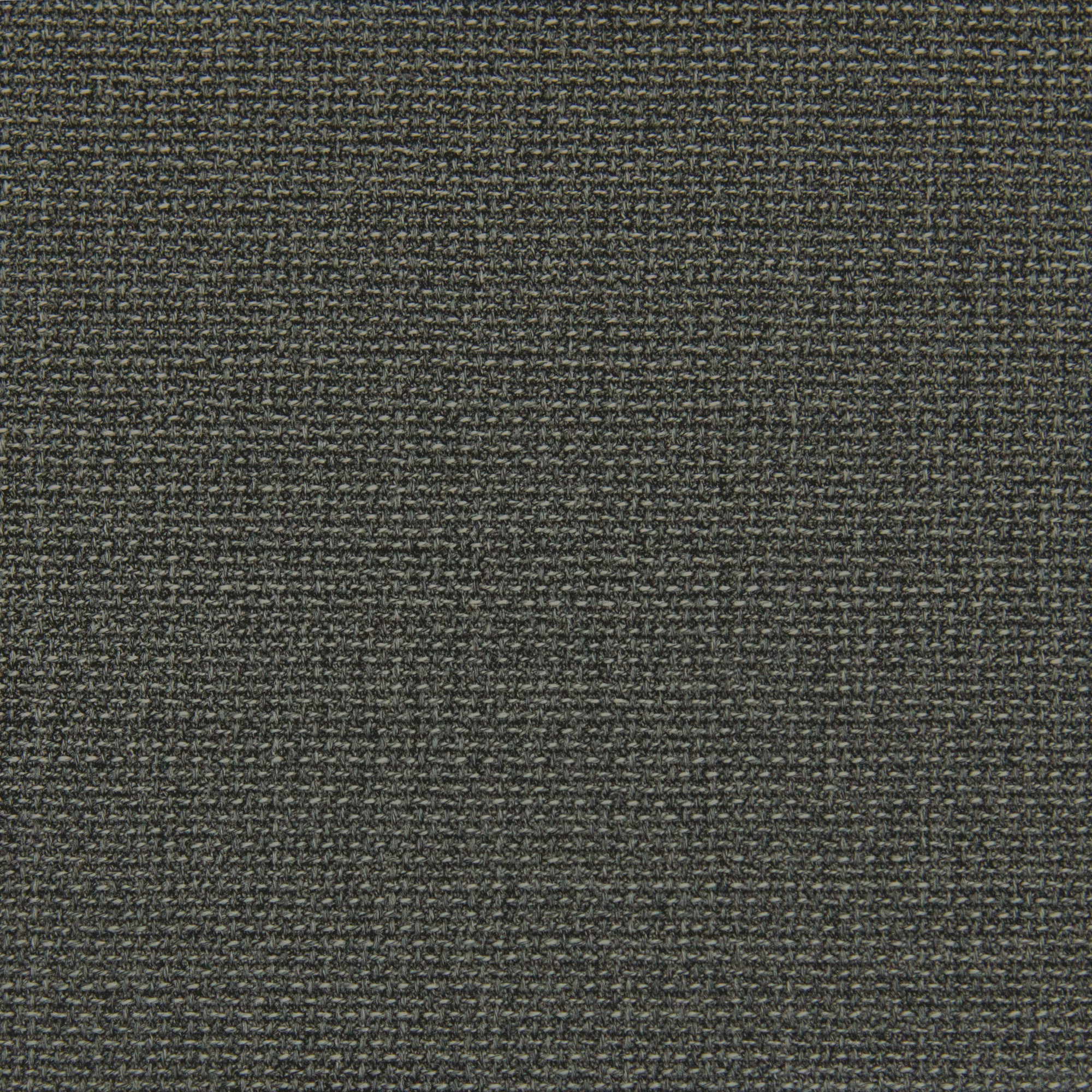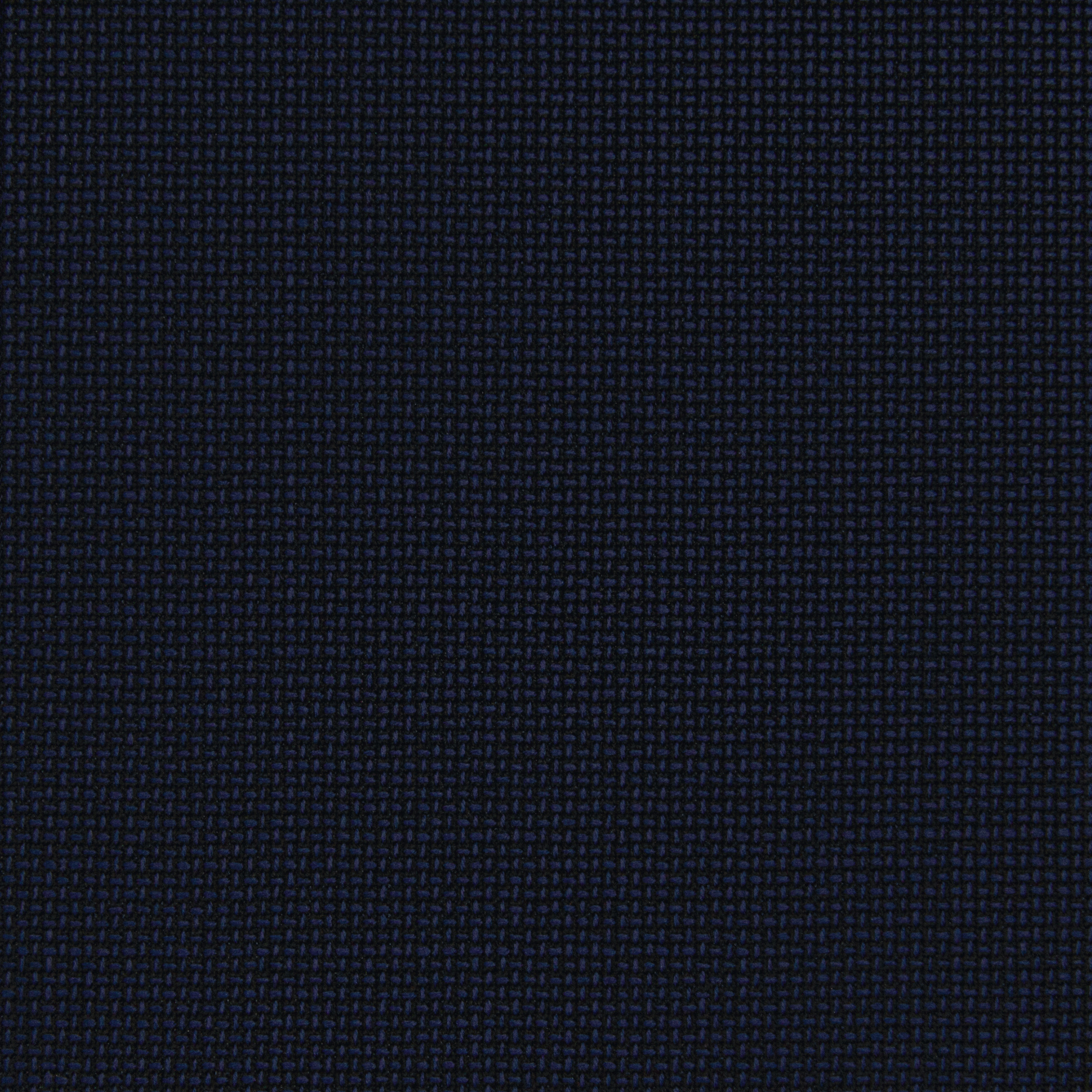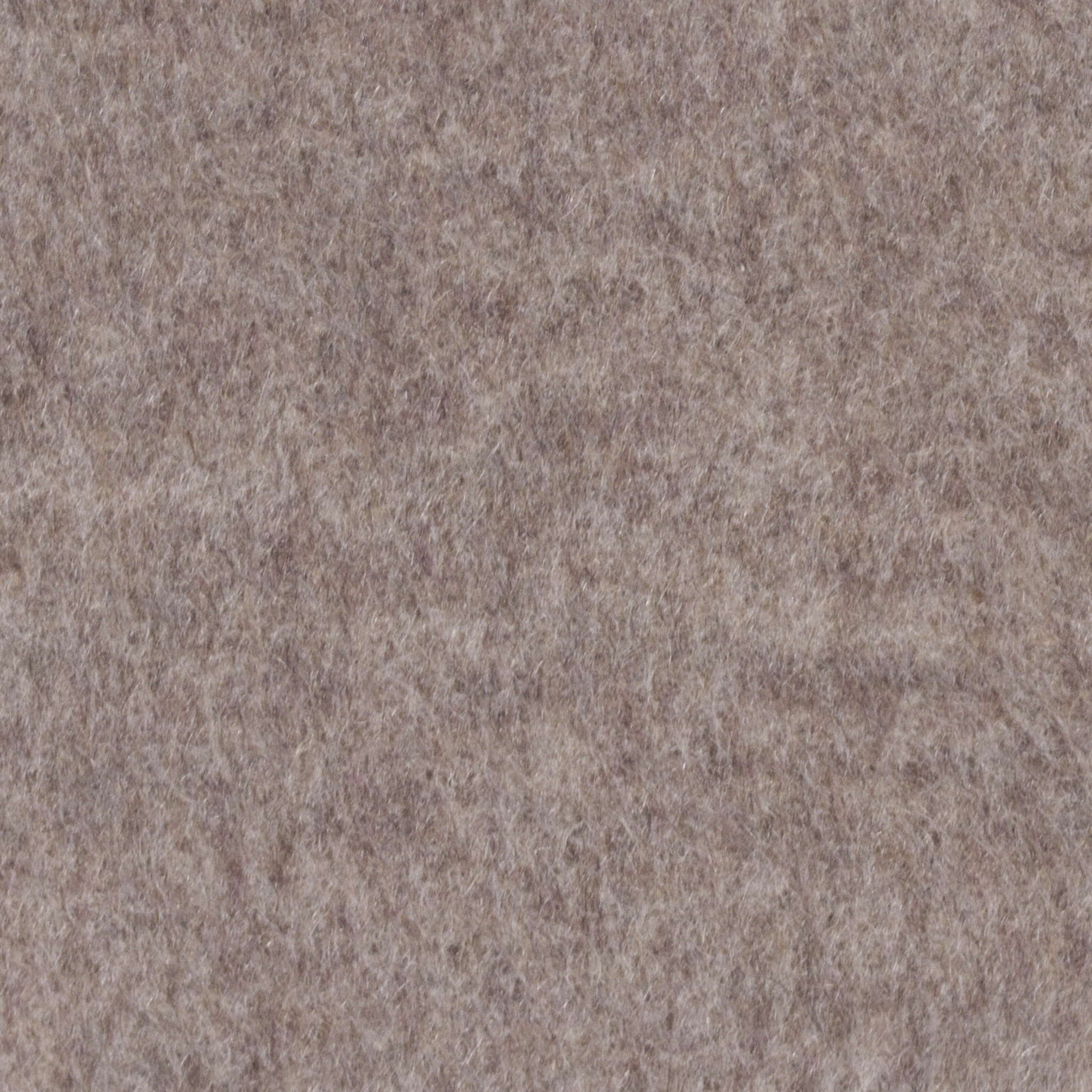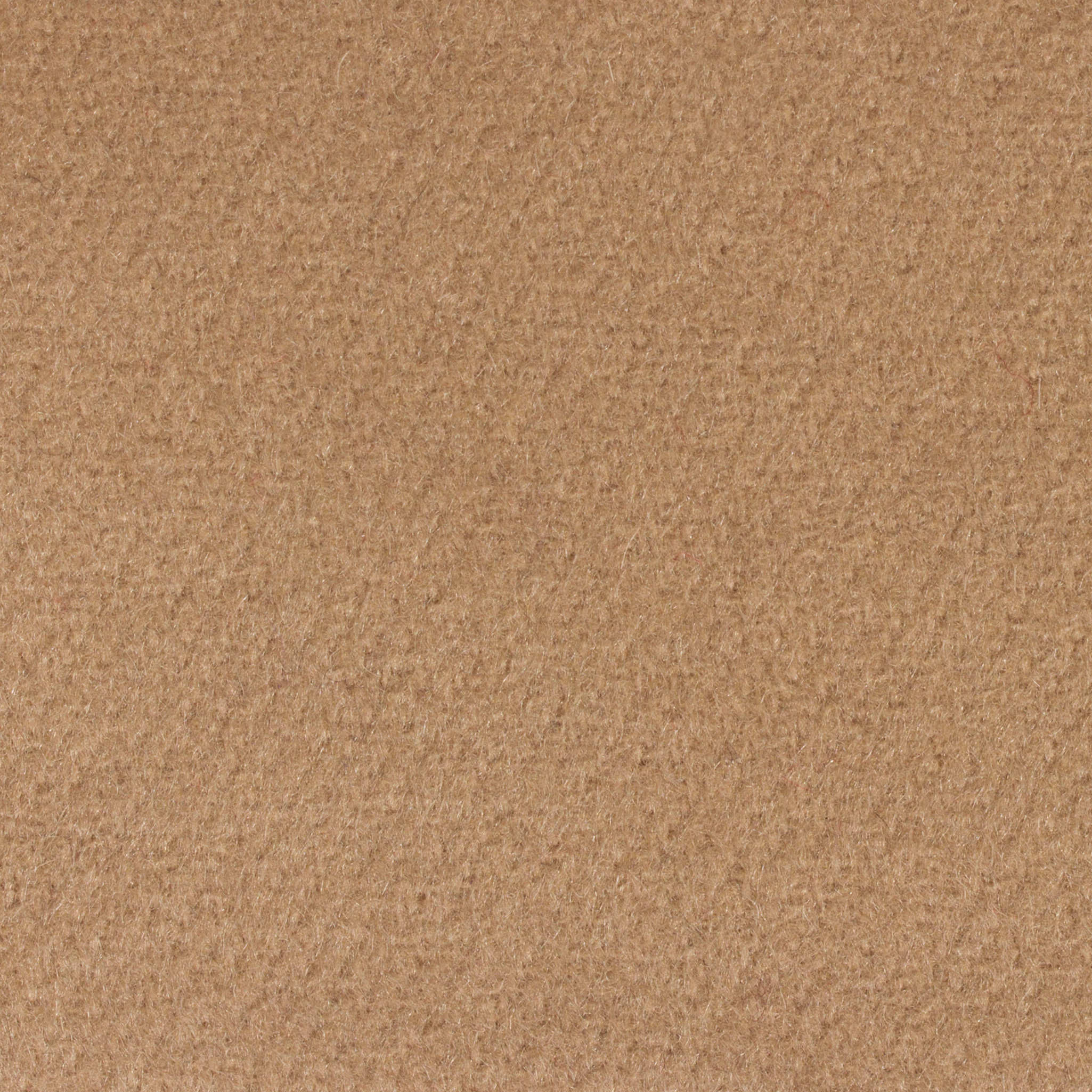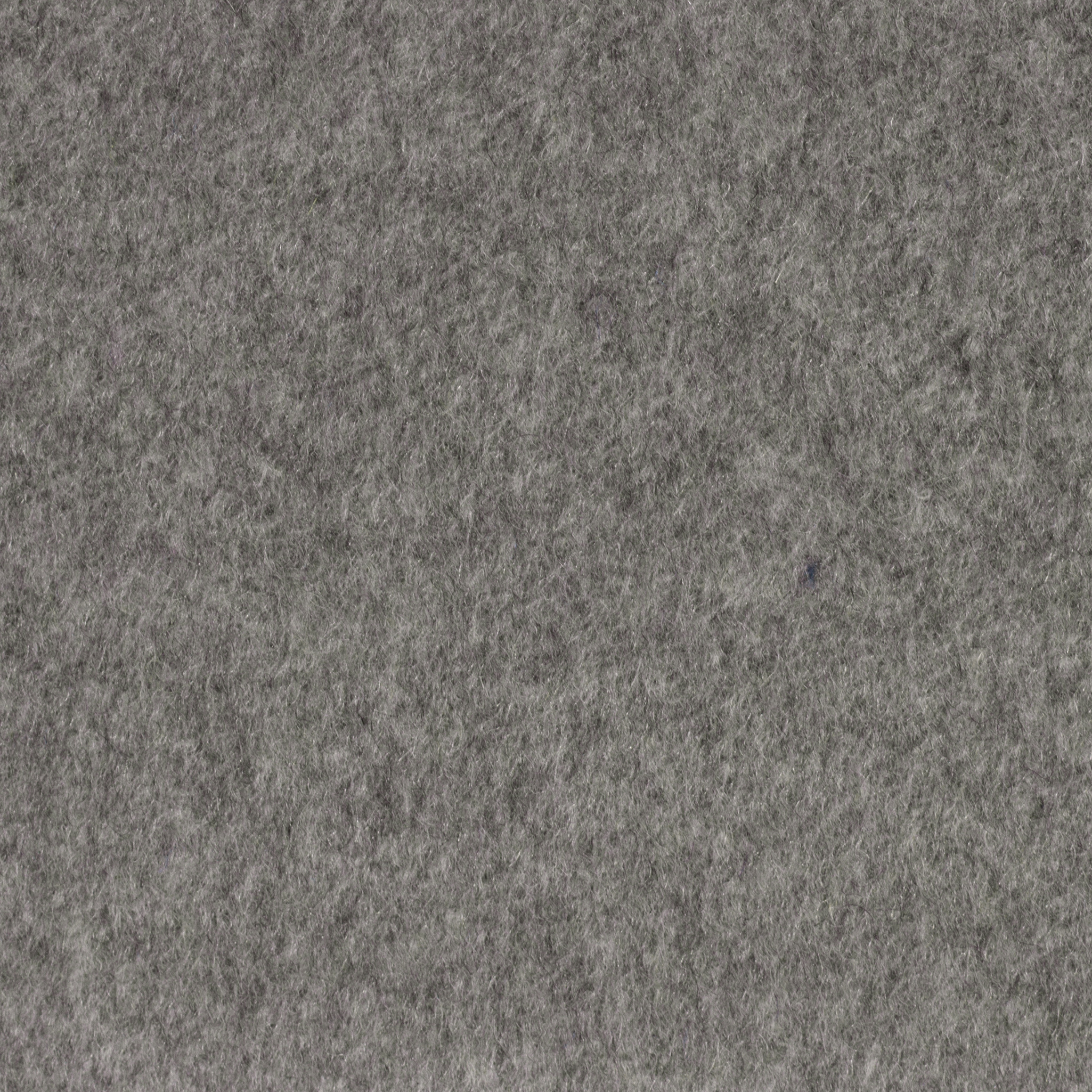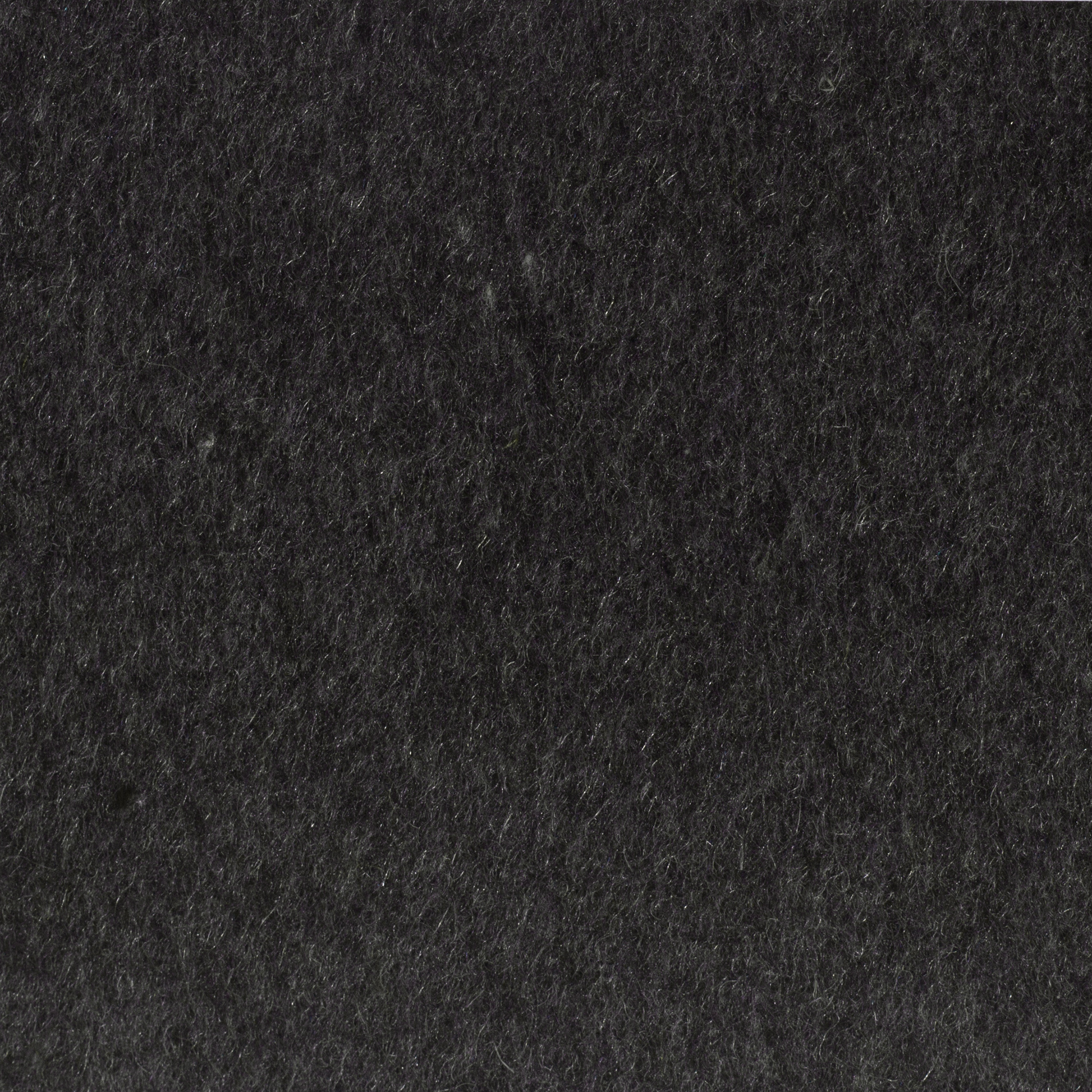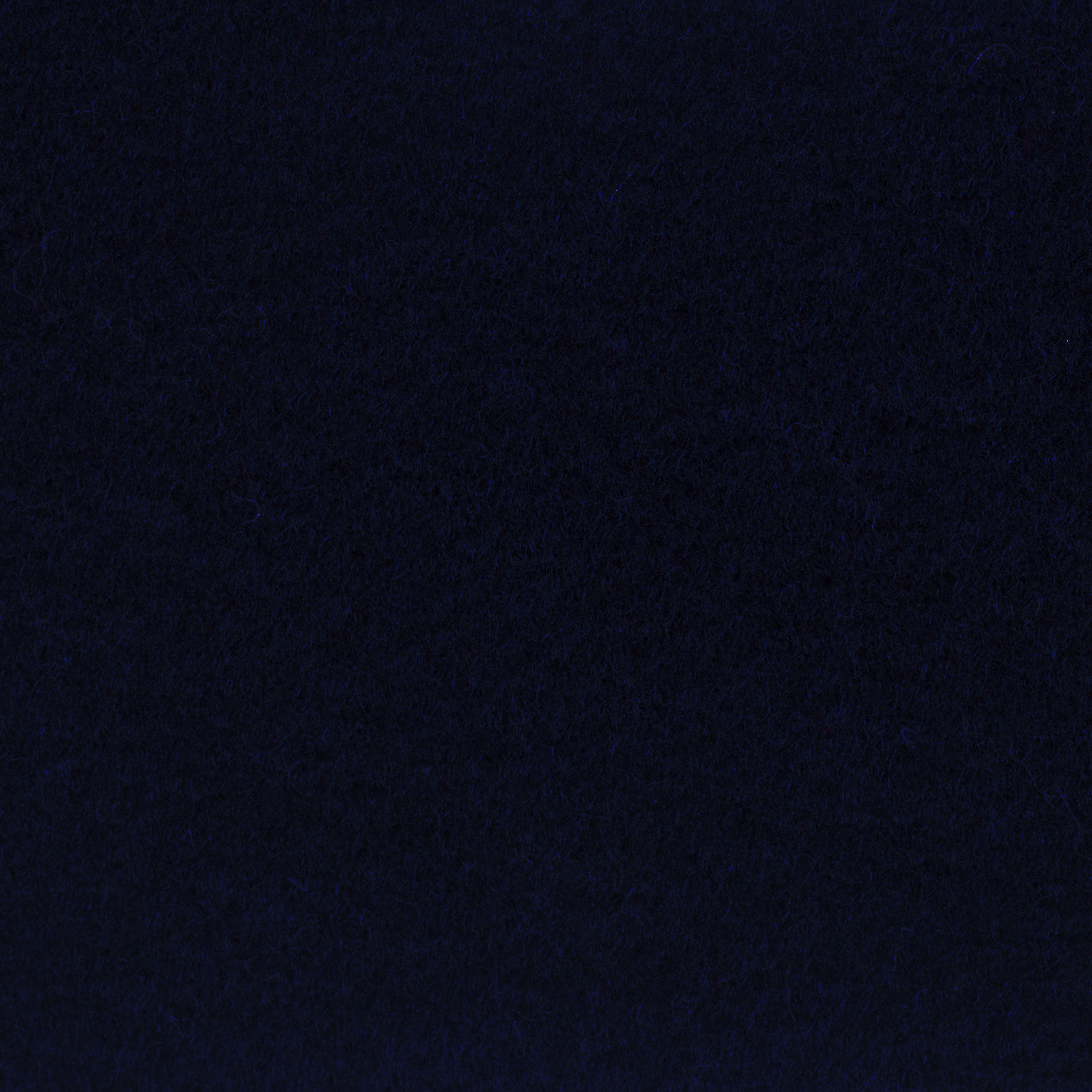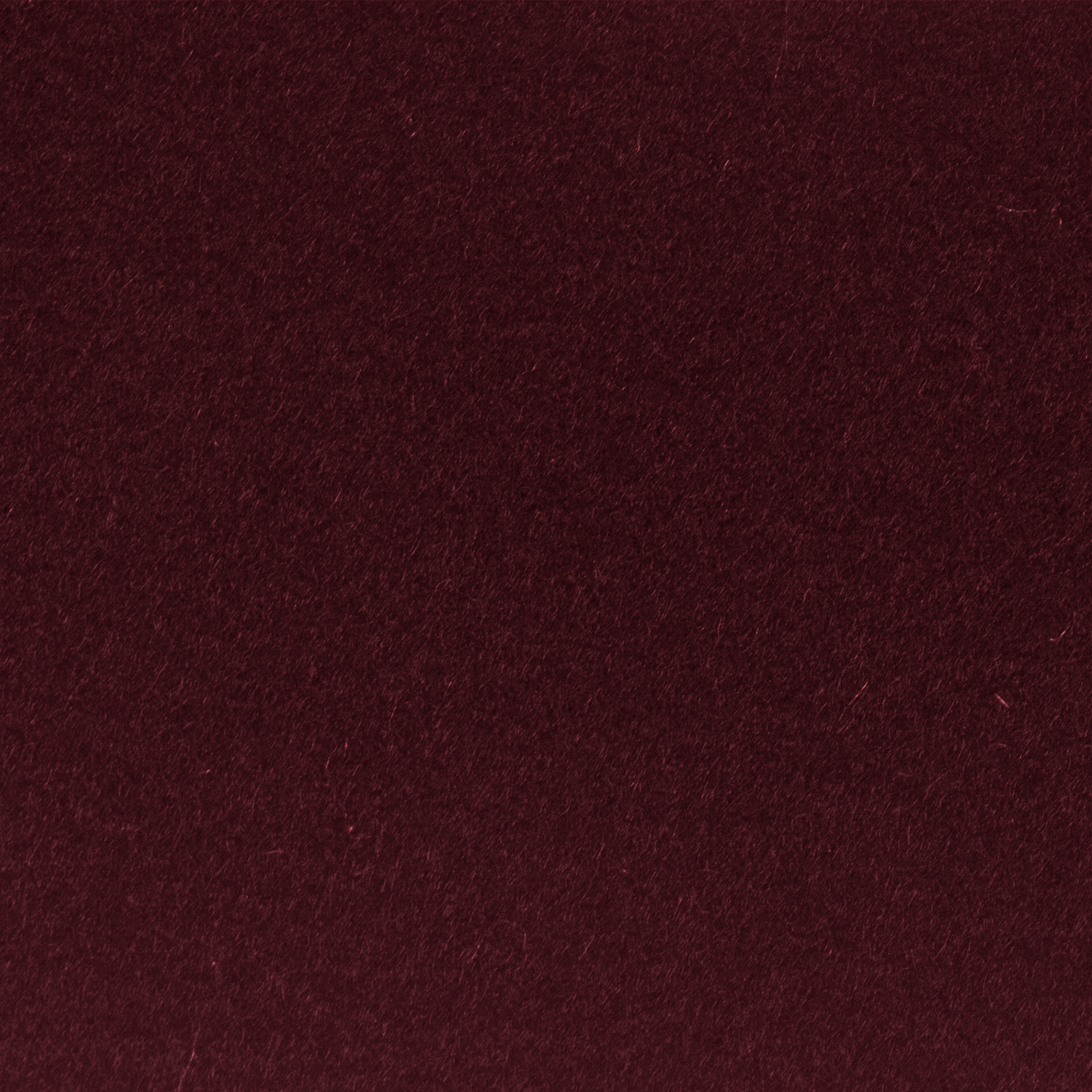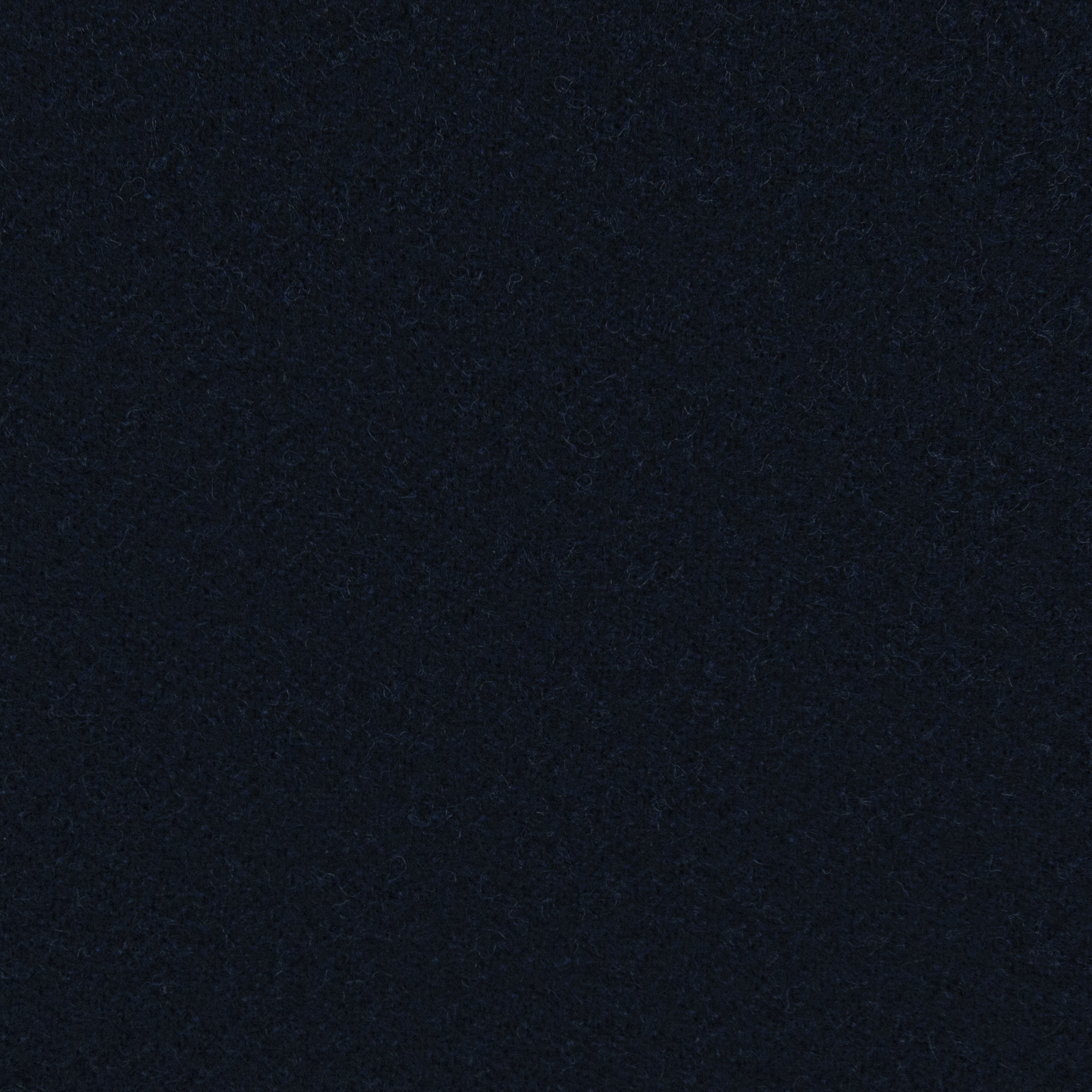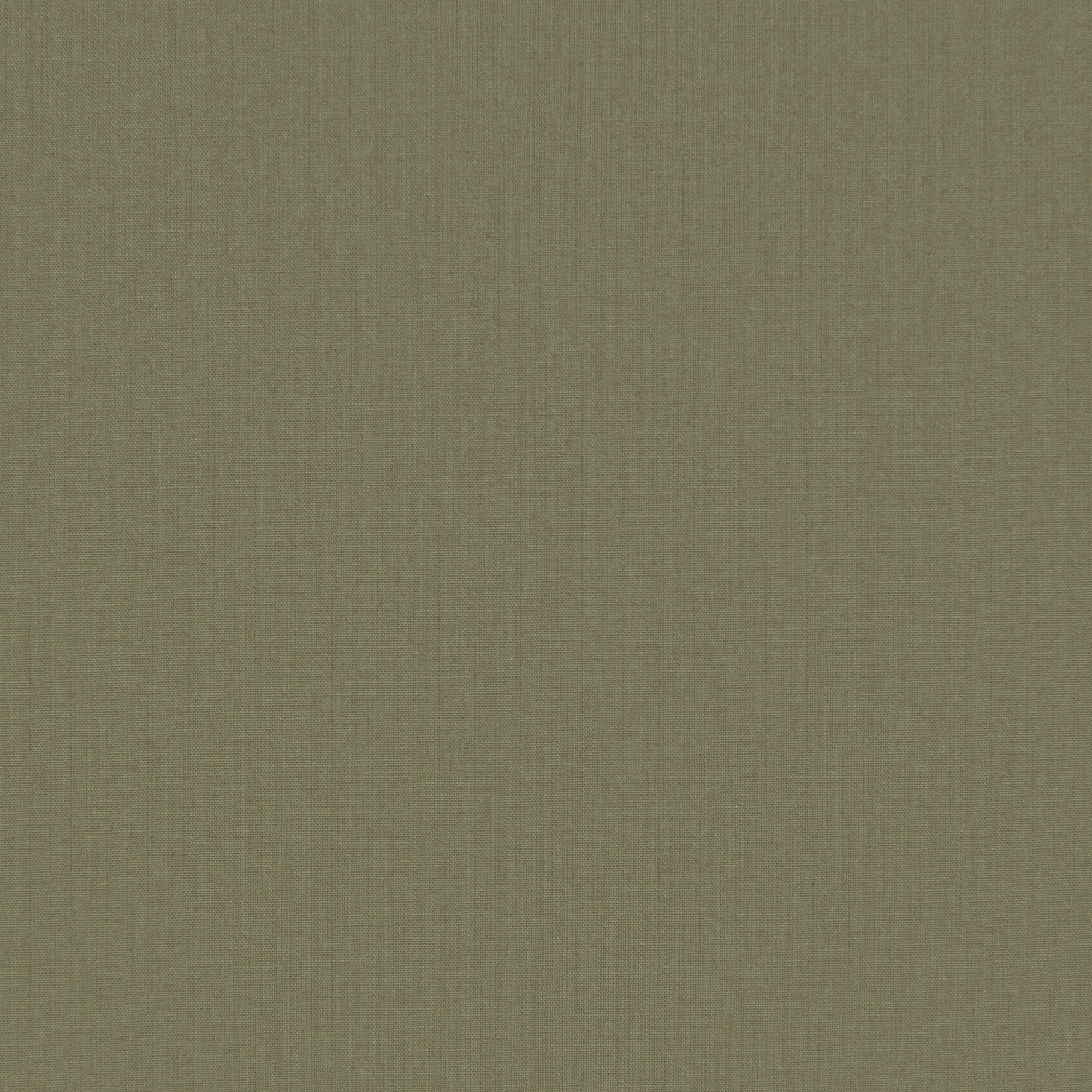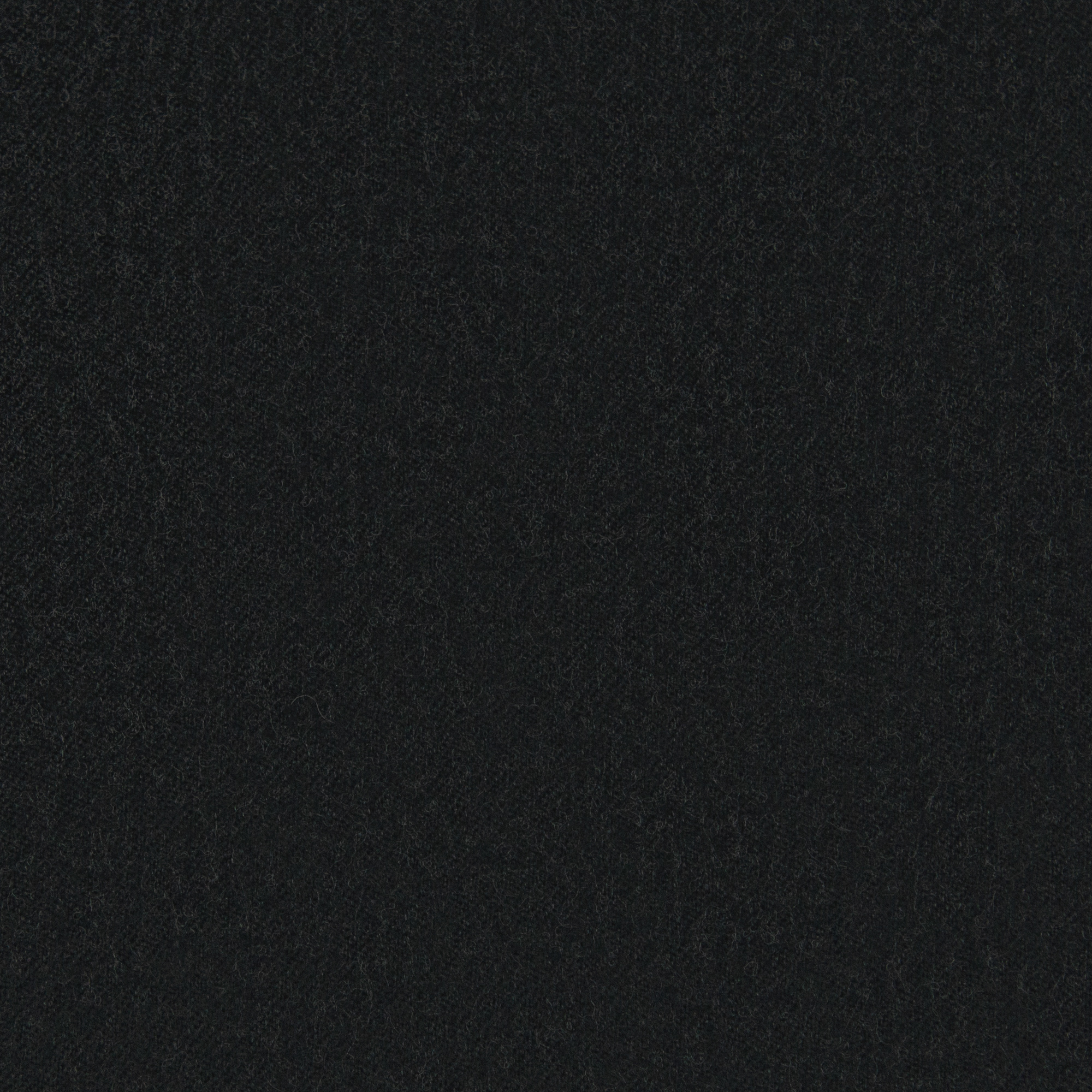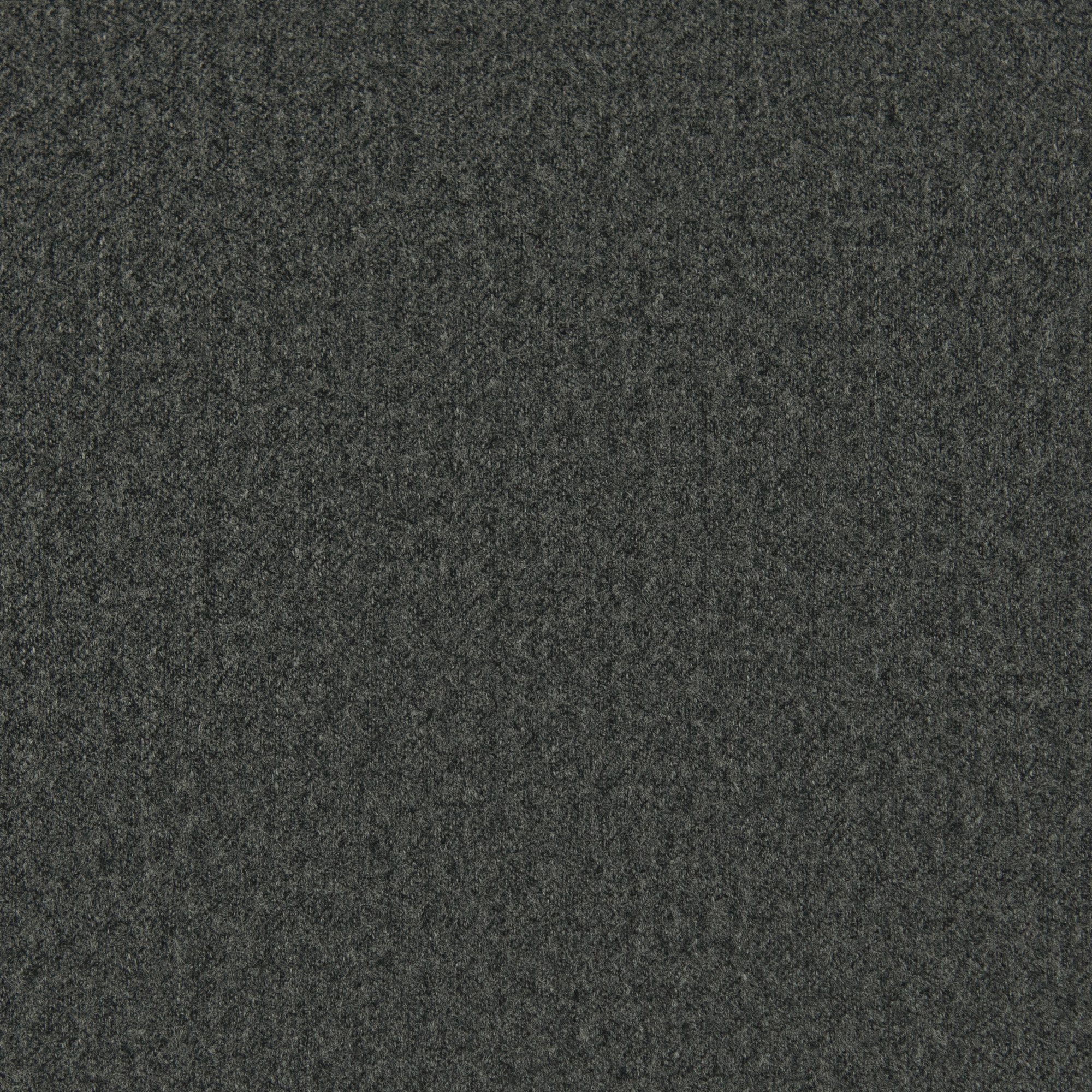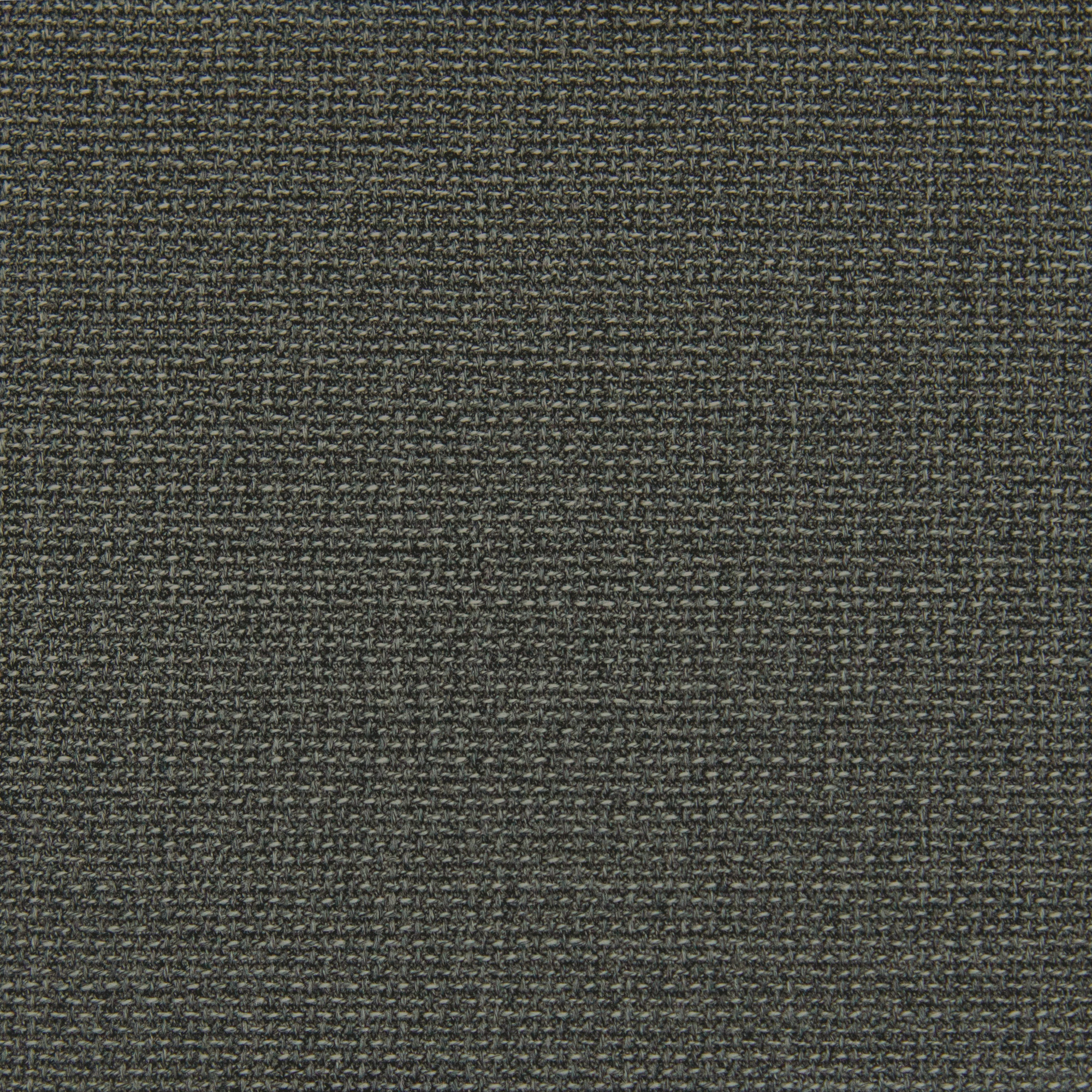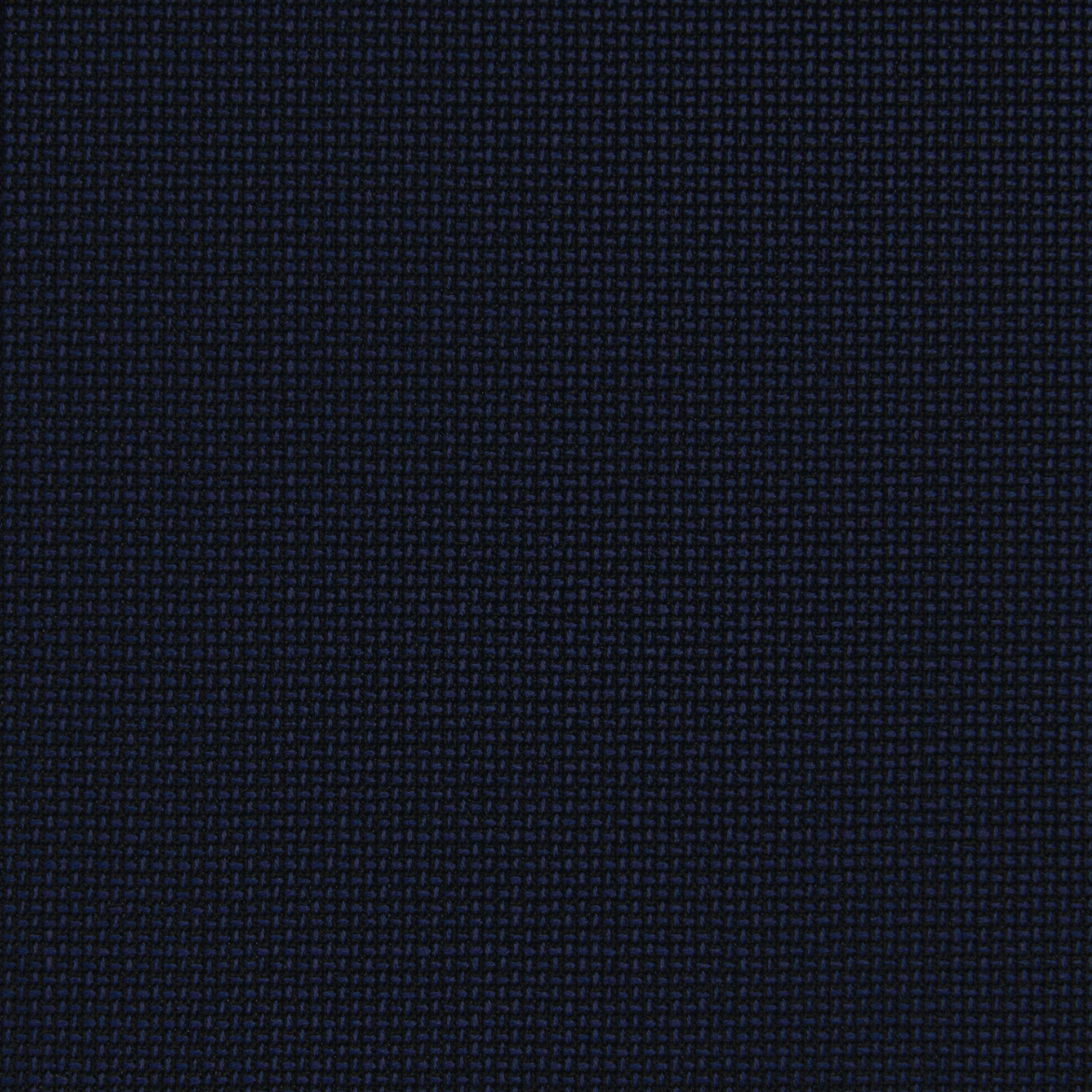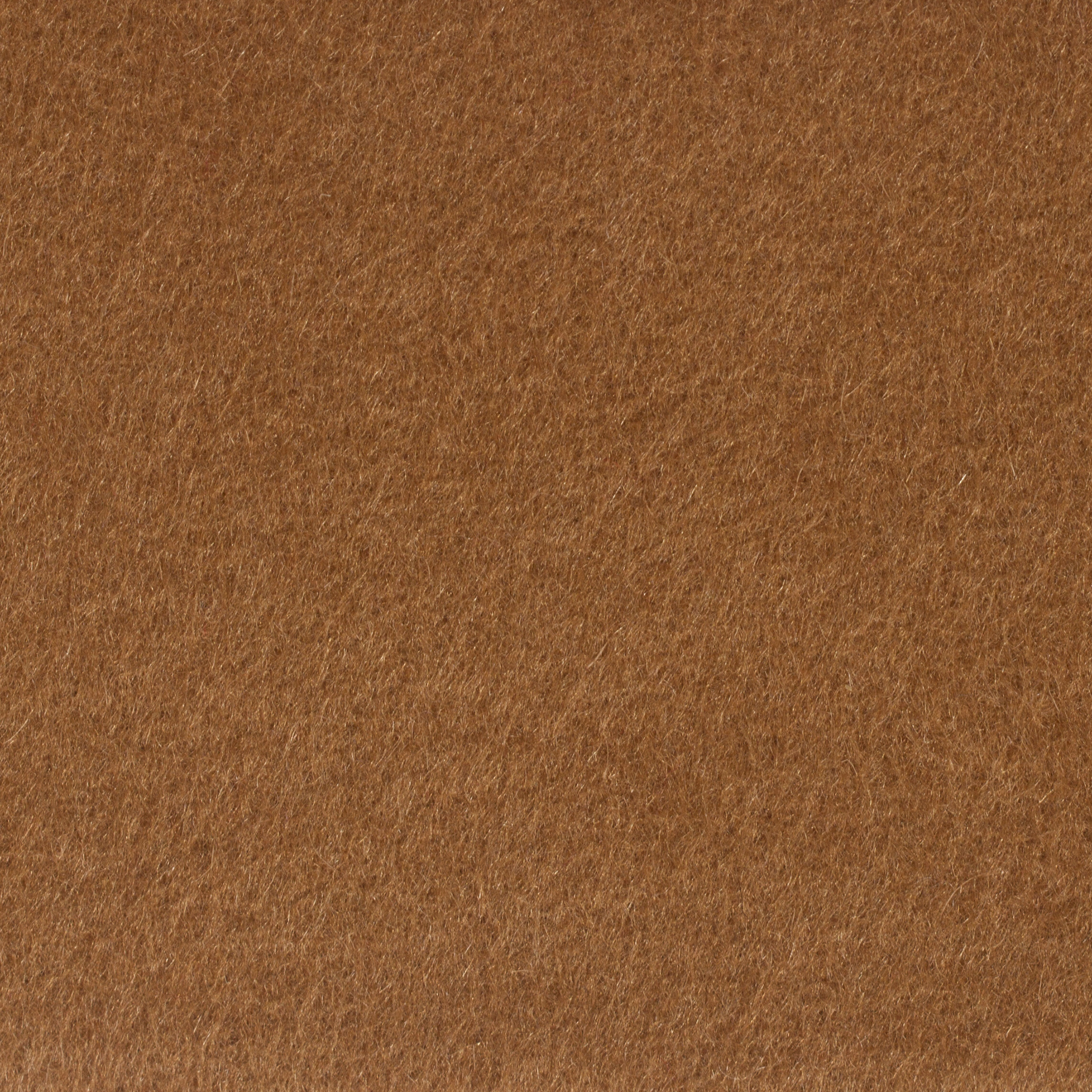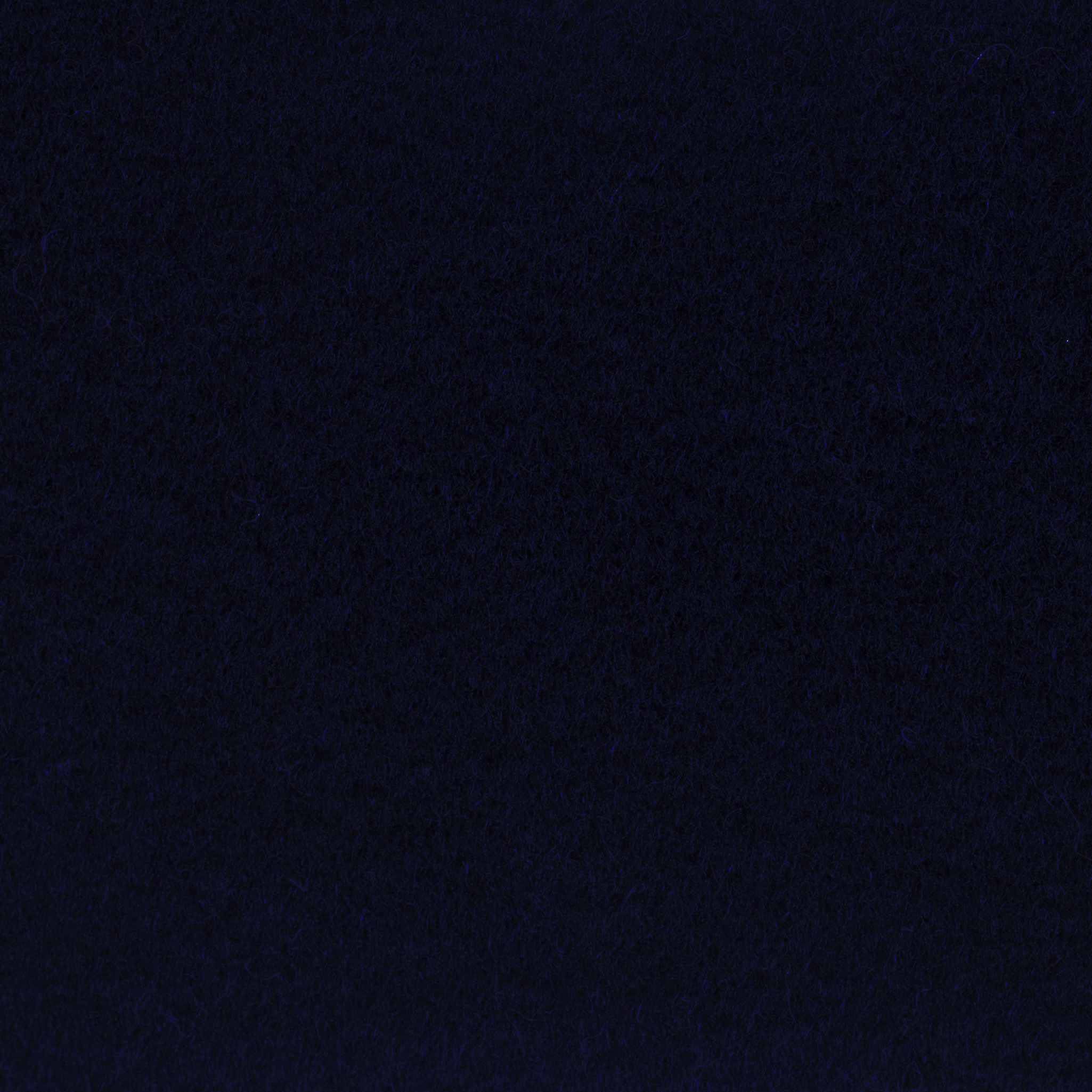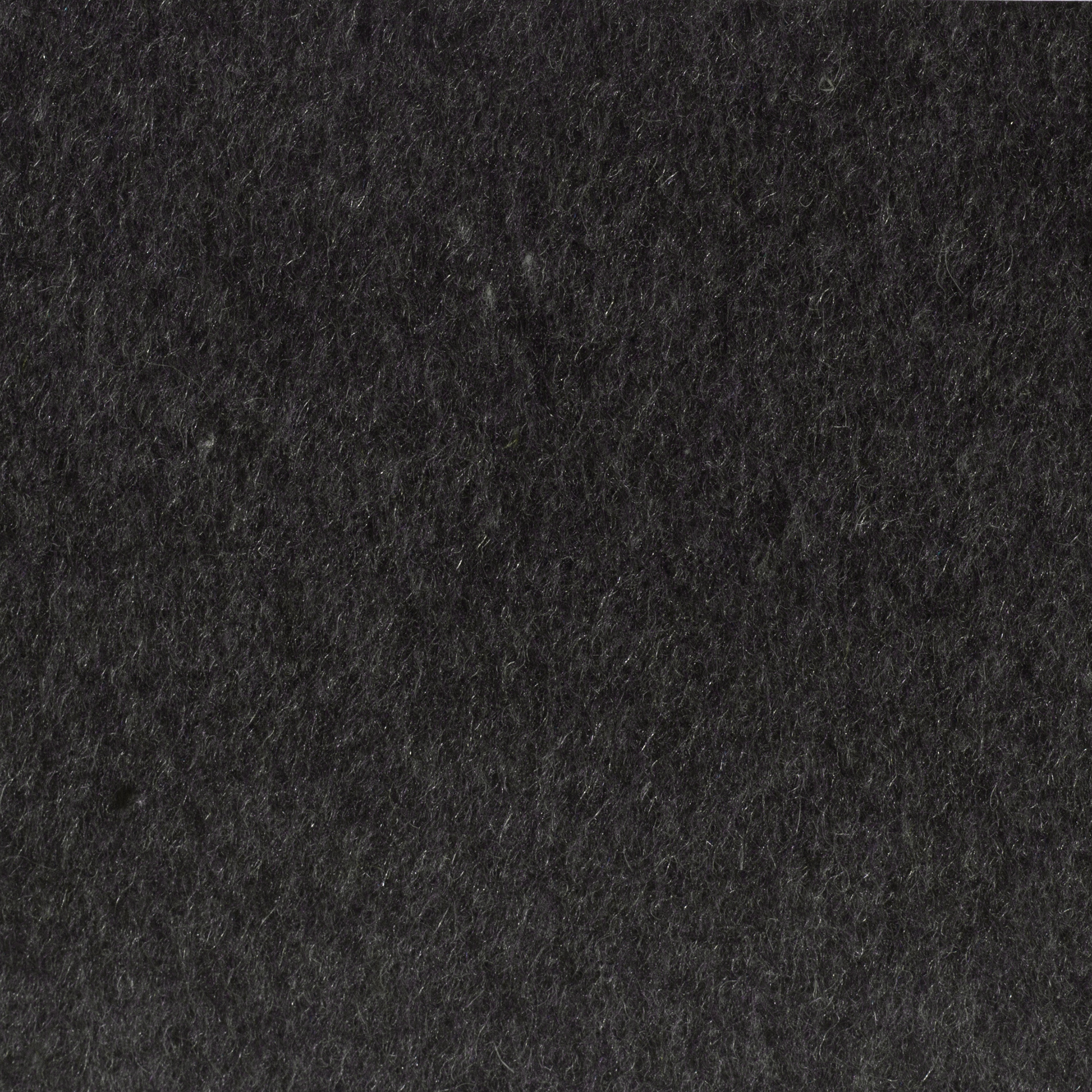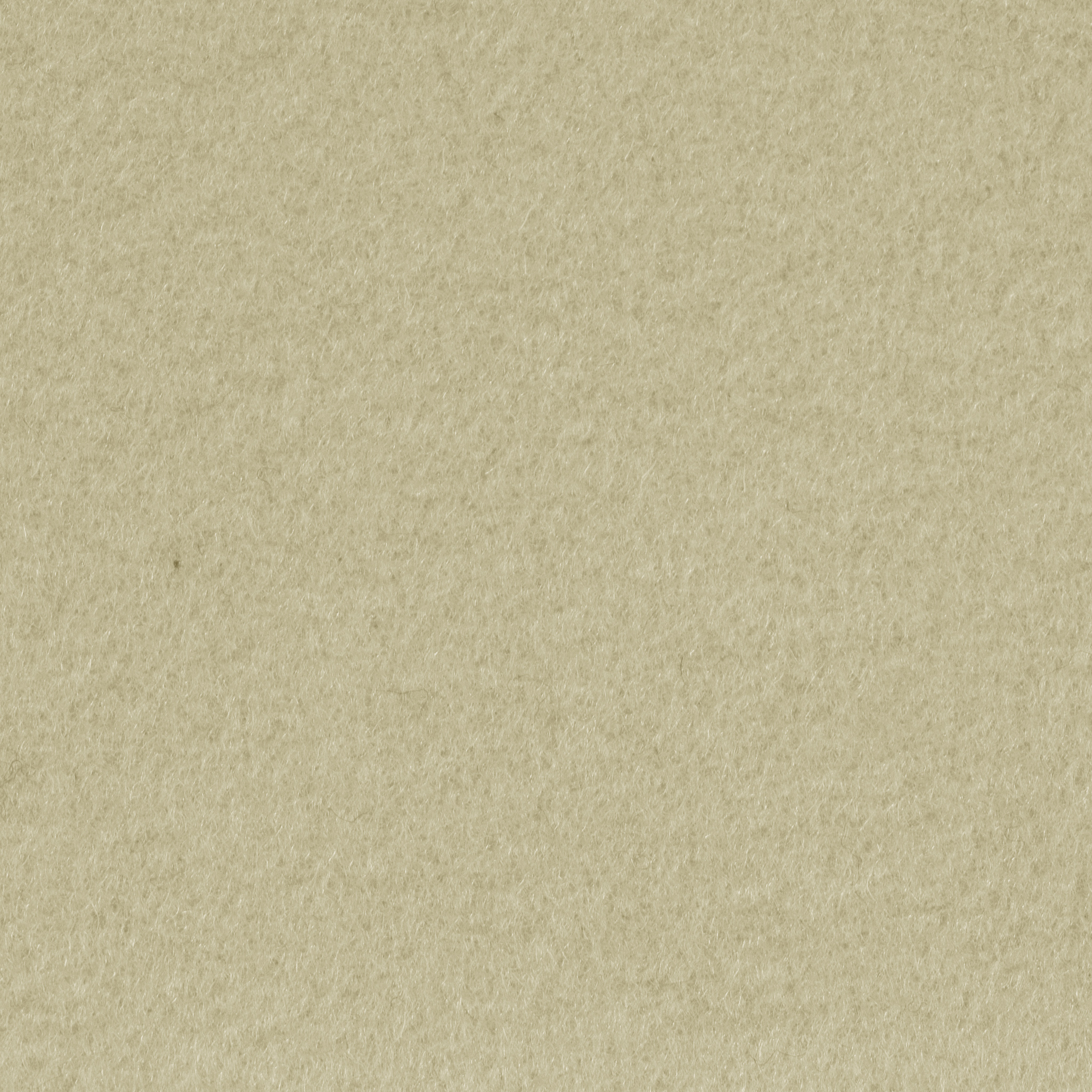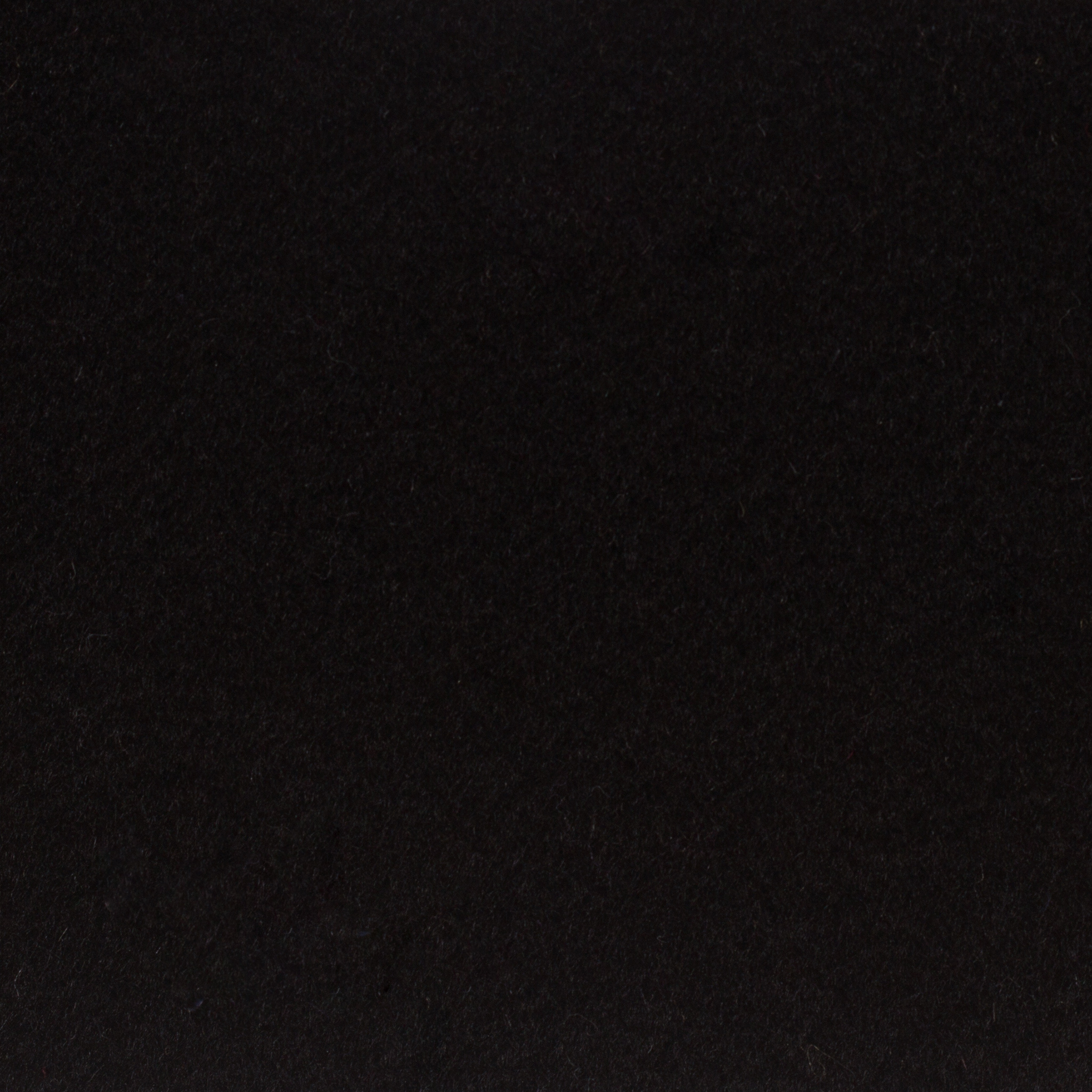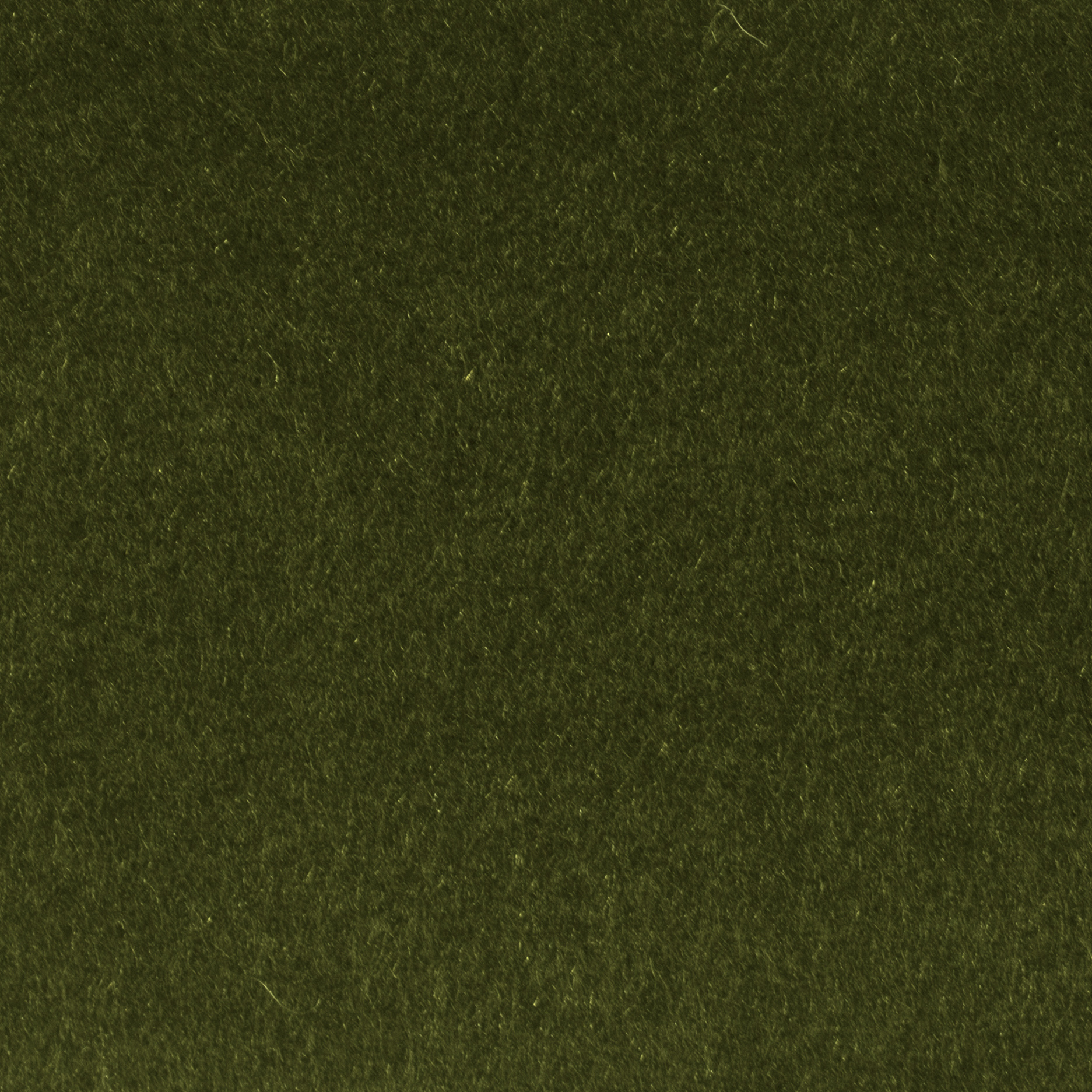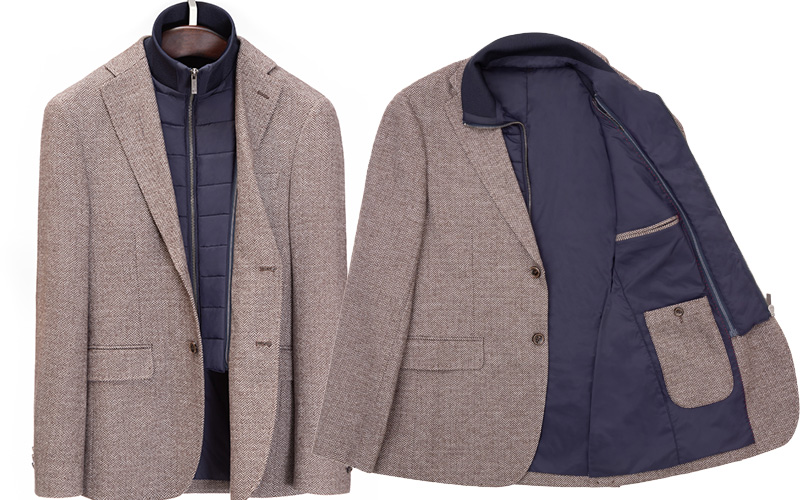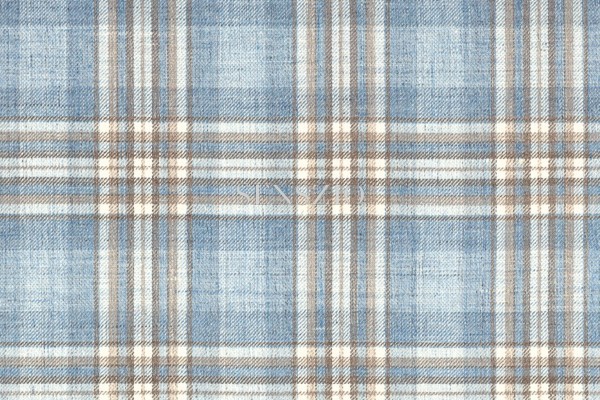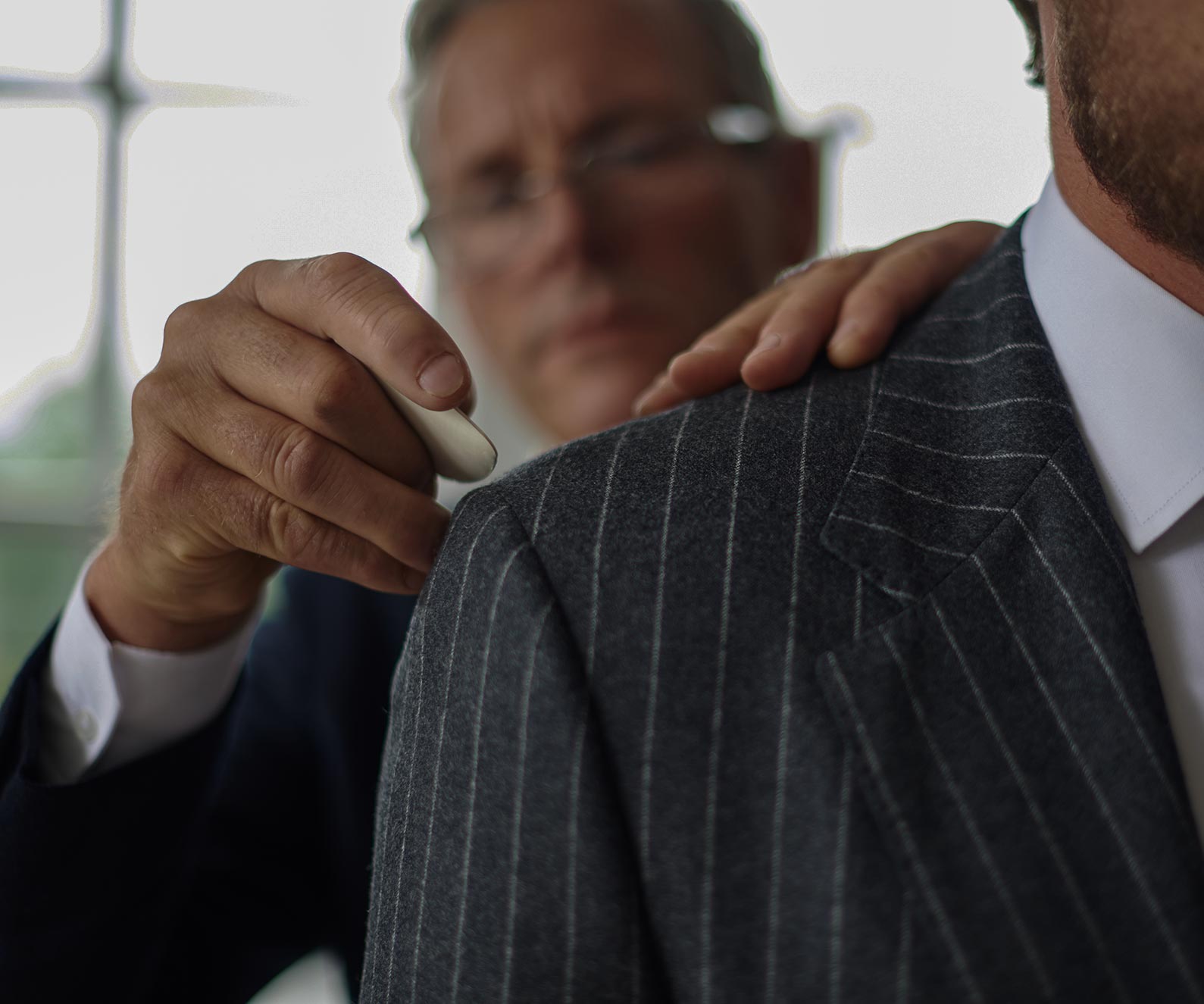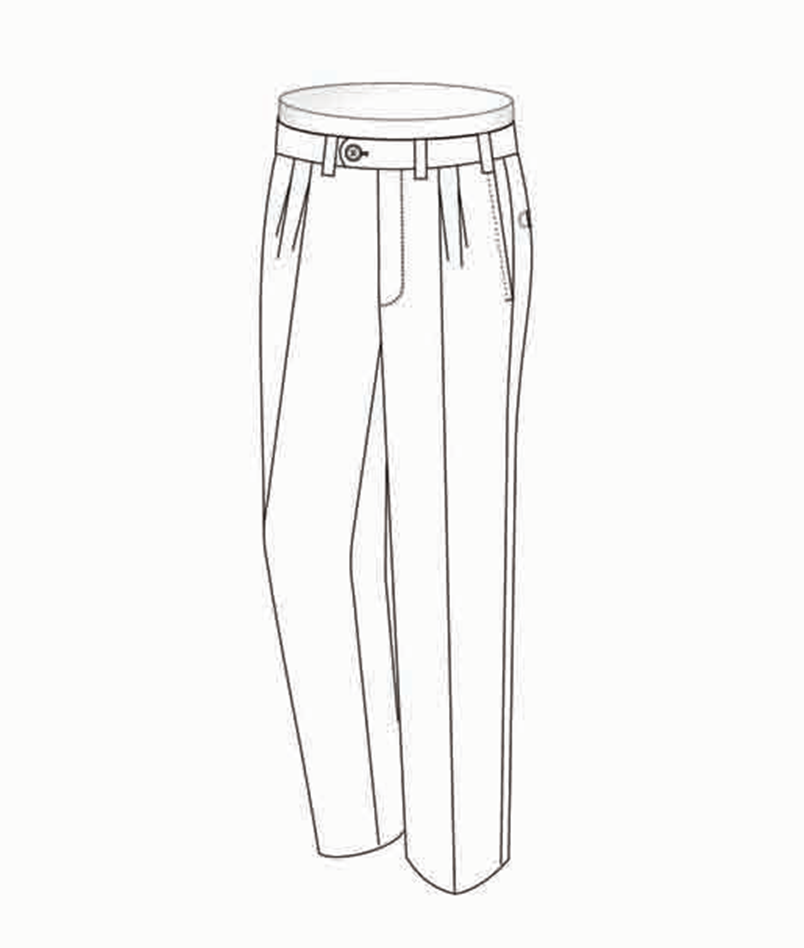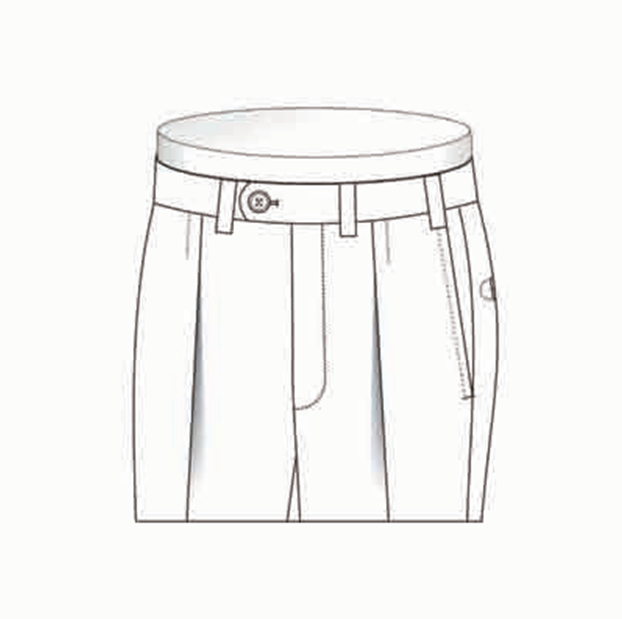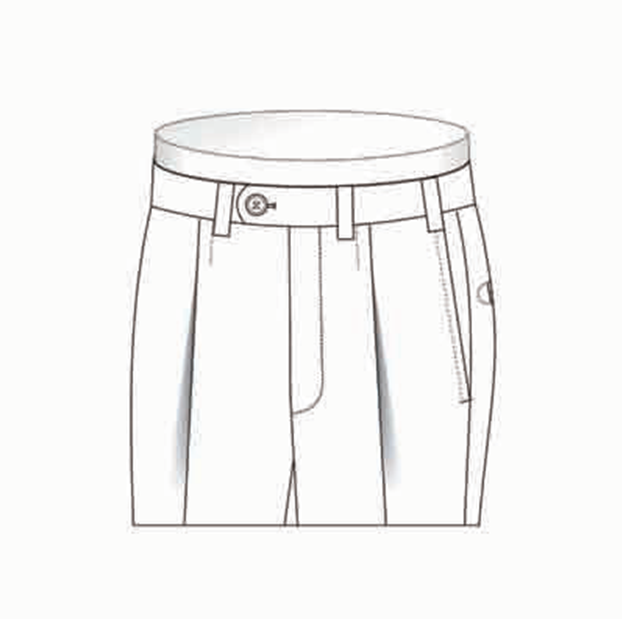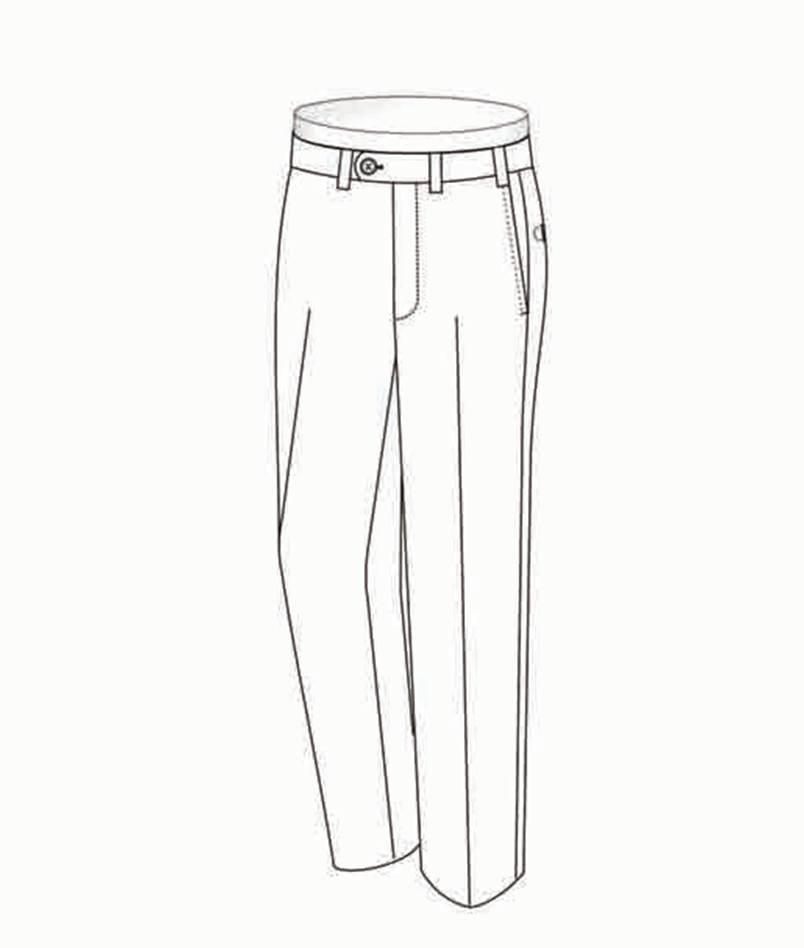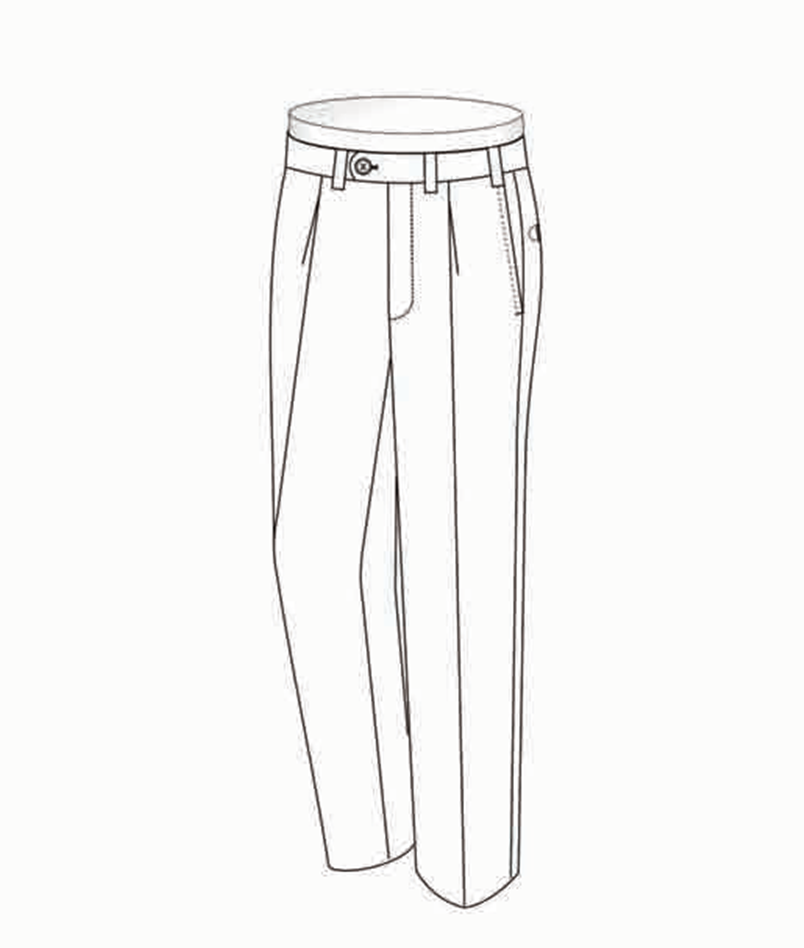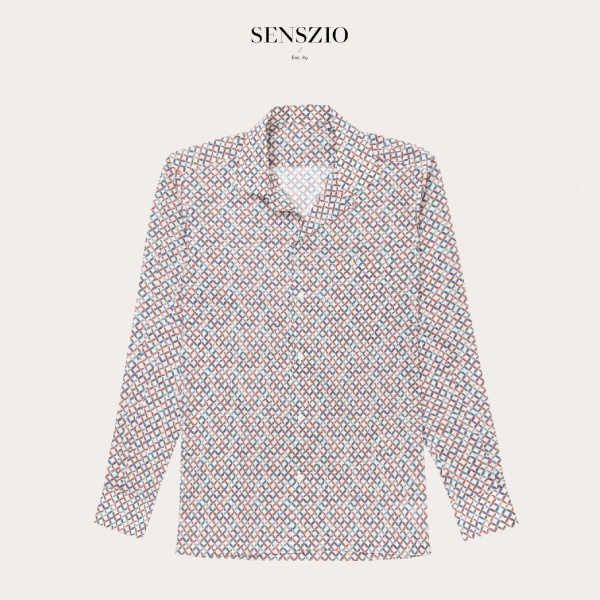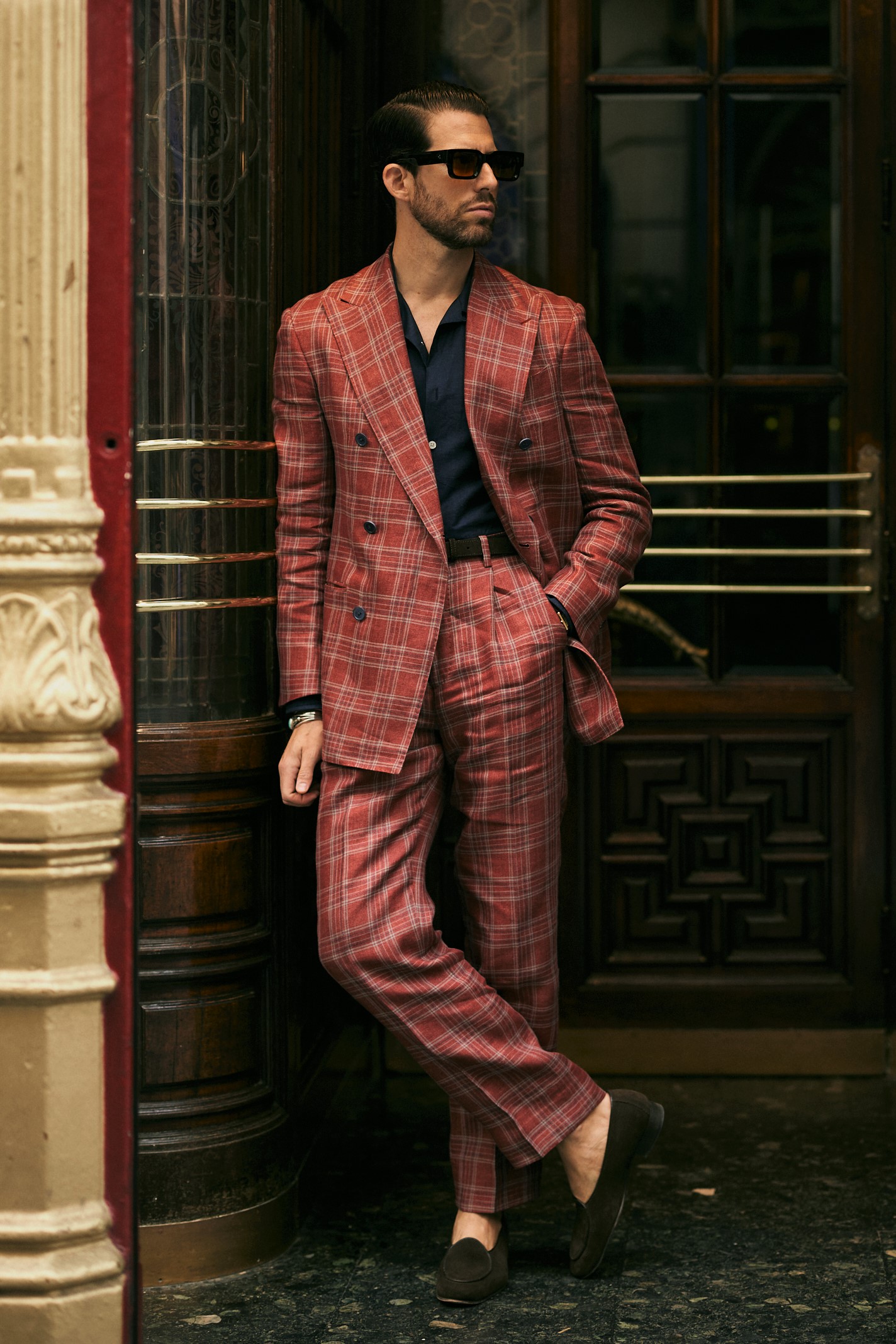Pleated Pants: To Pleat Or Not To Pleat | Senszio
Pleated pants: a relic of the 1940s or a functional and fashionable option in today’s world of slimmer-fit suit pants?
Firstly, let’s clear up what we mean by pleats. A pleat is a fold of fabric that appears beneath the waistband on your suit trousers. It’s a dramatic, permanent crease. The flat-front look of today does away with these folds and comes clean and crease-free from top to bottom.
How many pleats are best?
Where men opt for trouser pleats, they’ll generally favour two. This double-pleat look involves a longer, deeper main pleat. This runs from under the waistband and joins the center crease. The other pleat, which is shorter, sits next to the pockets and keeps the main crease closed.
It’s possible to buy trousers with one pleat, three pleats, or more. Pleats are generally described as having two main types: forward and reverse. Forward pleats are the English classic, opening inwards towards the fly seam, while reverse pleats open outwards and are more Italian.
(Above) Forward Pleats
(Above) Reverse Pleats
You probably think of pleats as a fashion item, maybe one that’s had its day. However, pleats do have a clear function.
What is the purpose of pleated trousers?
Your thighs and hips flatten out when you sit down. A flat-front pair of trousers made to counteract this would look baggy when you get up. And the slim-fit trousers of today can become tight when you sit down.
The solution is the pleat. They give the trousers the ability to expand and contract. The folds keep the material neat and together when you’re standing and expand when you sit.
Pleats make your smart suit pants more comfortable
Pleats are also a more comfortable option when you’re walking or bending. If you travel for work, on planes and trains, they’re the perfect choice.
Pleats also take the pressure off your seams and minimise pocket flare. You can also put more in them. If you like a dressed-up look, pleats are also a good choice. But whether you should wear them or not depends on the shape of your body.
Pleats can result in excess fabric. If you have slimmer legs, they make the hips look wide and your thighs and seat big and baggy when you sit down. This does mean you won’t be presenting a super-sharp silhouette.
Buck the trend
But why not buck the fashion trend? Fit, proportion and drape, as well as a unique look, can all make the man. However, there’s no getting around it: if you’re slim to average build, flat fronts will suit you best.
(Above) Flat Front
If you do have bigger legs – maybe you’re a rugby player – flat-front trousers won’t do you any favours. They’ll make your legs look even bigger and push your pockets out.
For bigger men, pleats can flatter your body type, hiding bulges and offering a more sleek appearance.
Here’s how you should wear them…
What To Look For In Pleated Pants?
Fit is key
The fit is key with pleats. The important areas are length, inseam, and waist size. You’d have to be lucky to find all this in an off-the-peg suit, so consult our custom tailors to get the best fit.
Ensure pleats are flat
Your pleats should lie flat when you stand. If they pull open, they’re too tight.
Look for a tapered leg
You can achieve a modern stylish look with a tapered effect. In the 80s, pleated trousers were the same width all the way down. Today, pleats are much more tapered, narrowing towards the ankle. They’re topped off perfectly with cuffs.
Go for double pleats
Double pleats are the best look and the best choice when it comes to getting form and function. The first pleat is kept closed by the second pleat, without your pants looking too cluttered with style details.
(Above) Double Pleats
Single pleats are less fussy and possibly more modern but they’re not as flexible as double pleats.
(Above) Single Pleats
As for a third pleat… don’t go there. This is the definition of busy, while also adding more bag and fabric.
If you want help with your pleated-trouser look, book a fitting at a Senszio Trunk Show near you.
